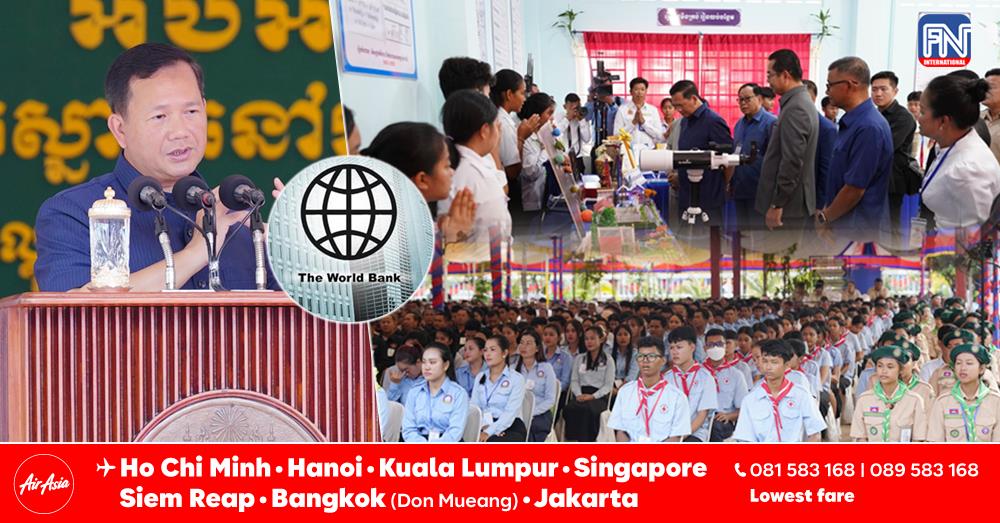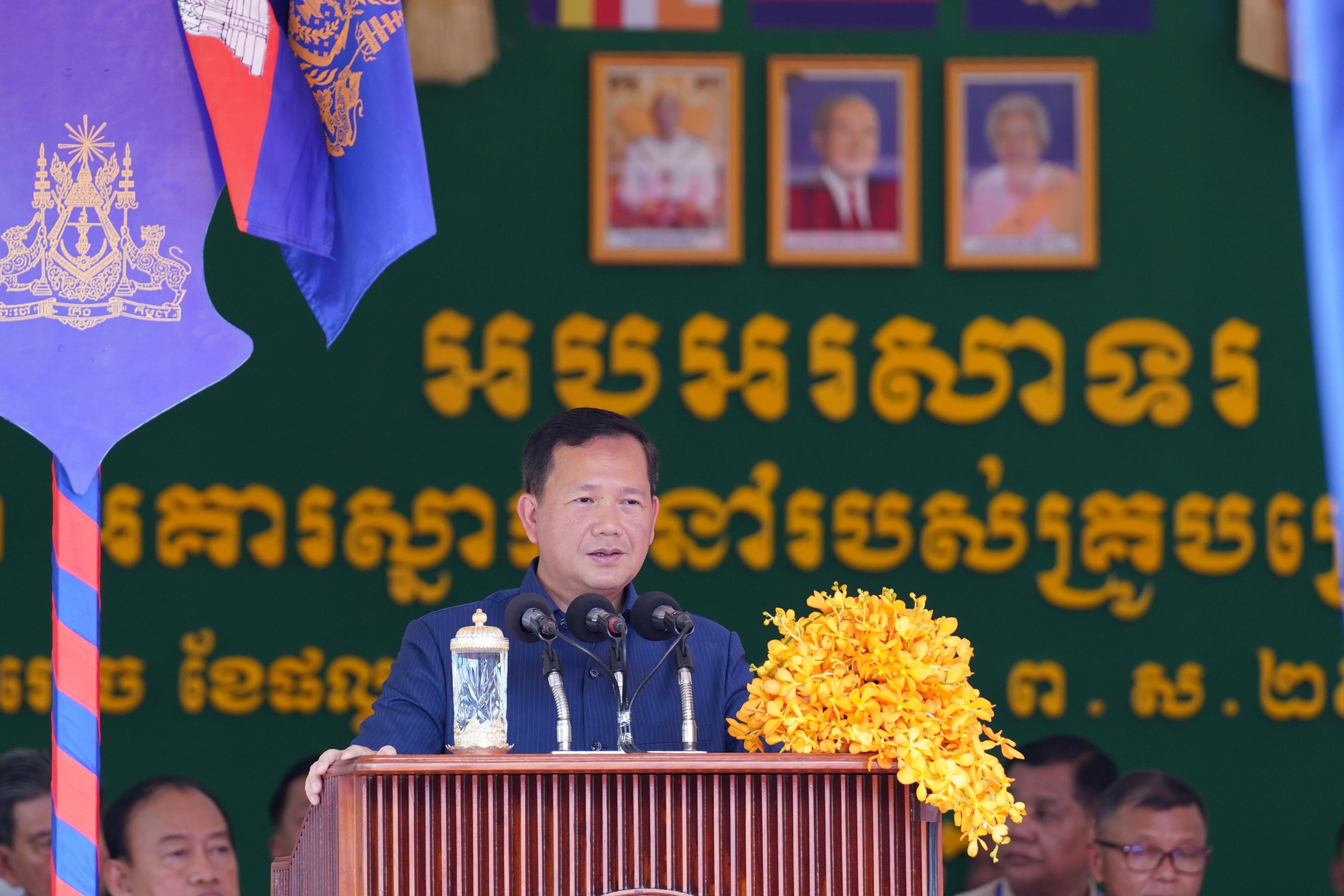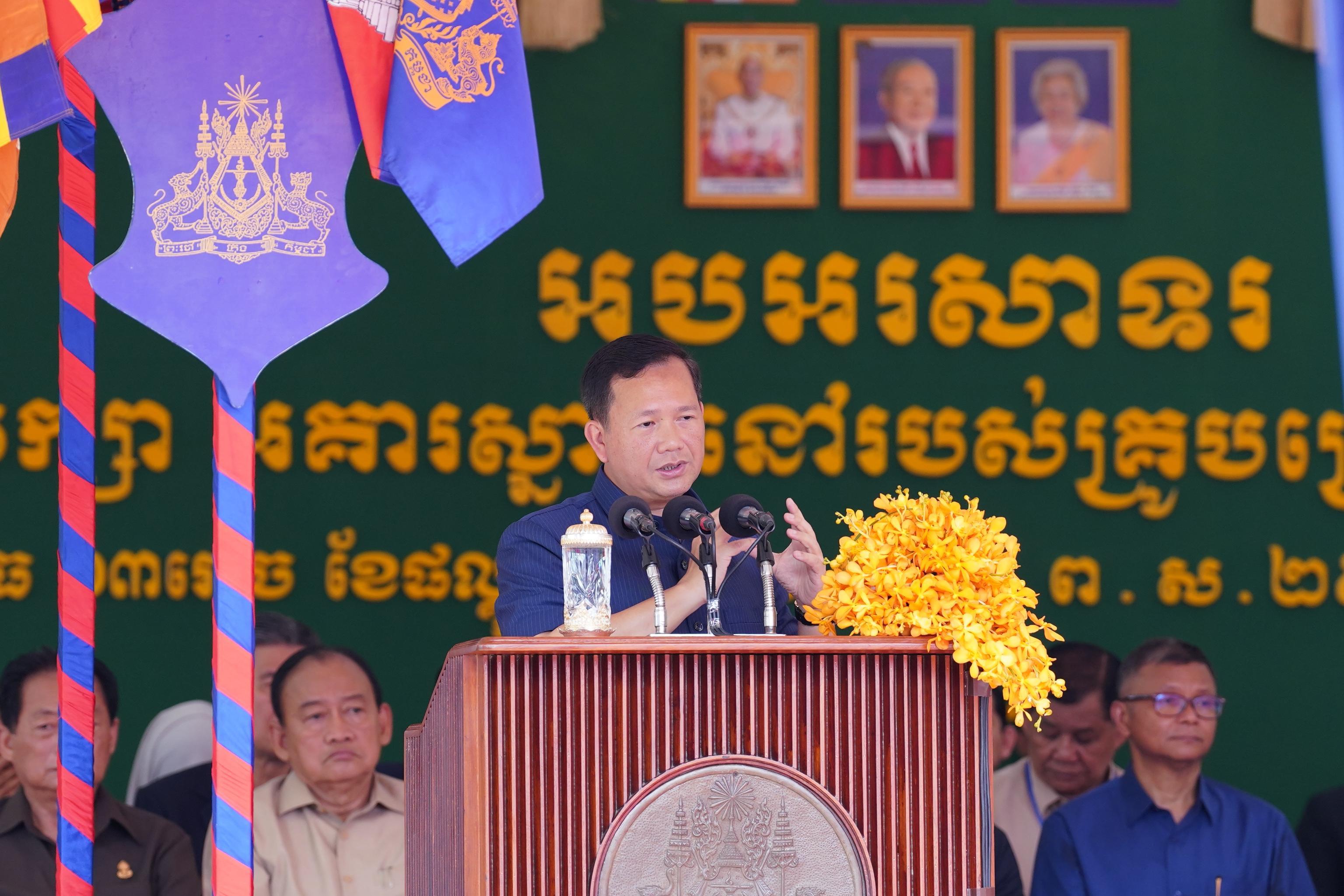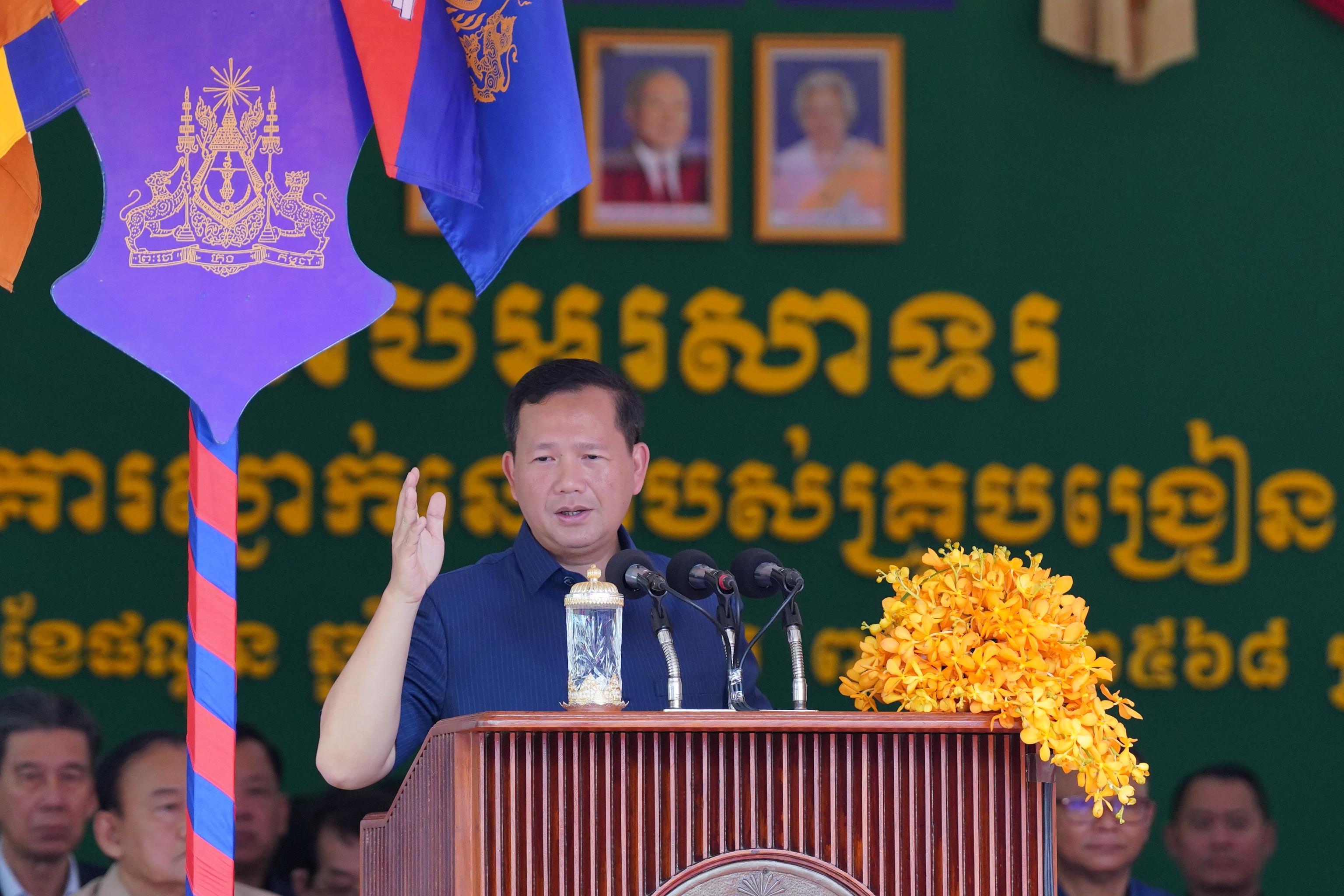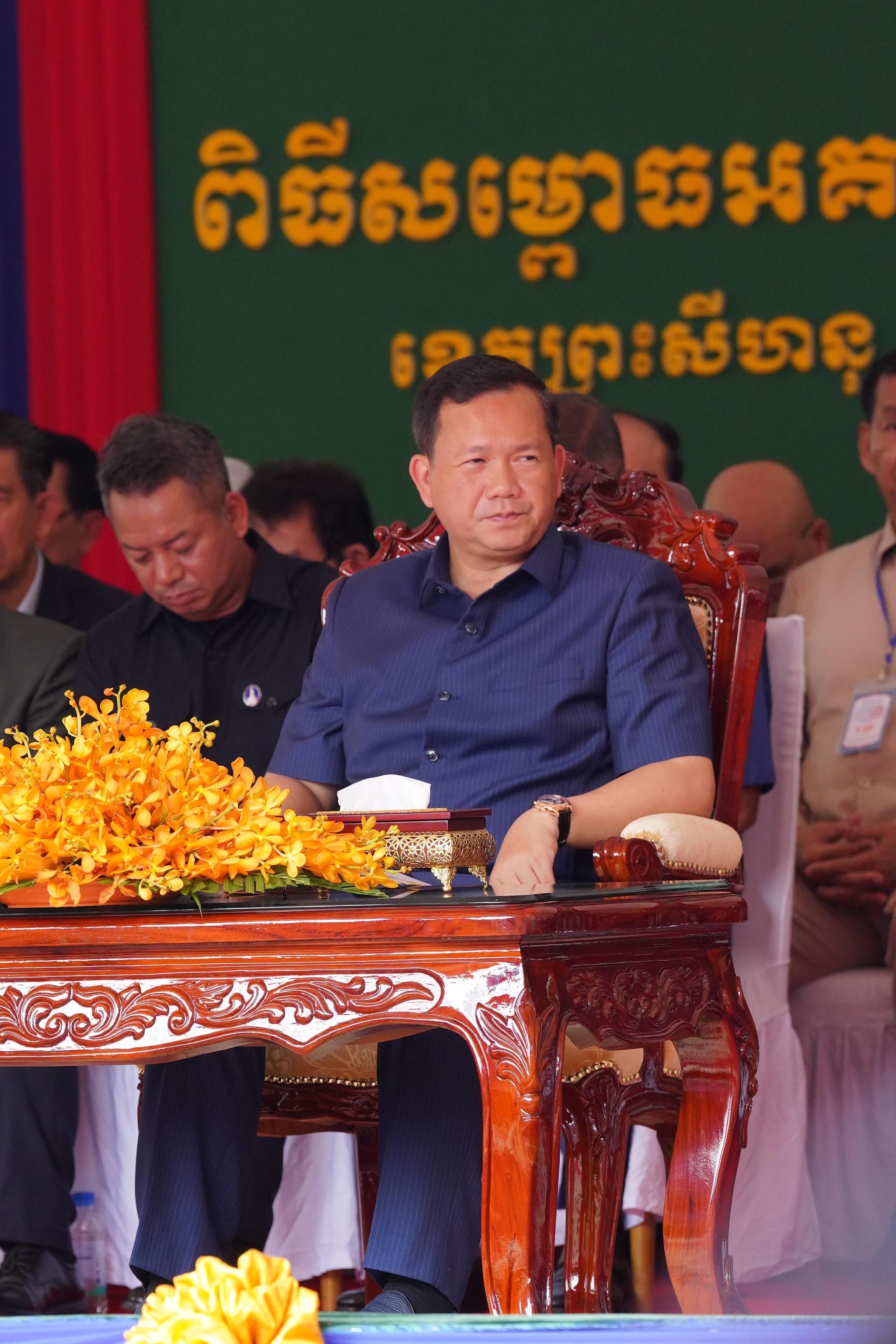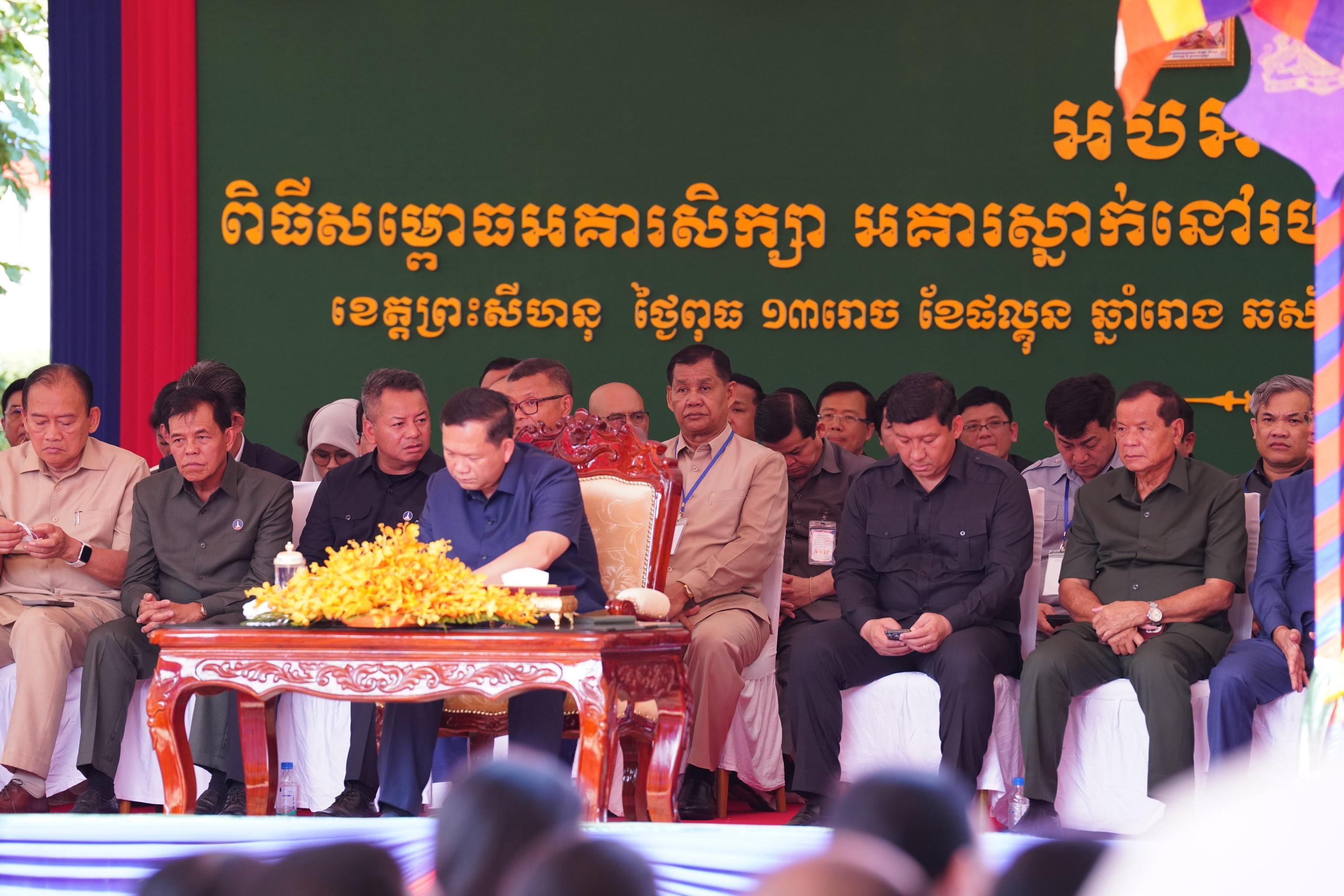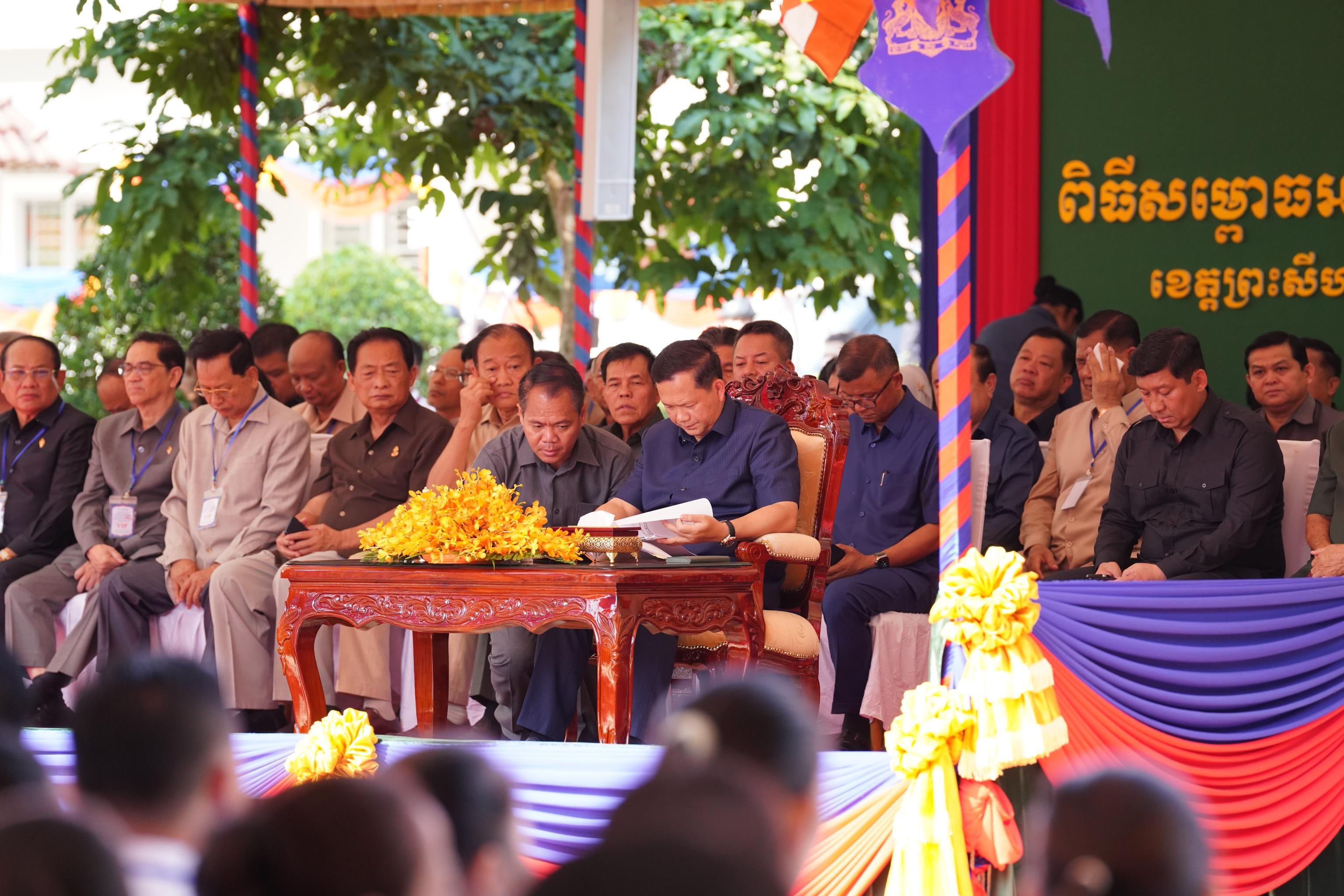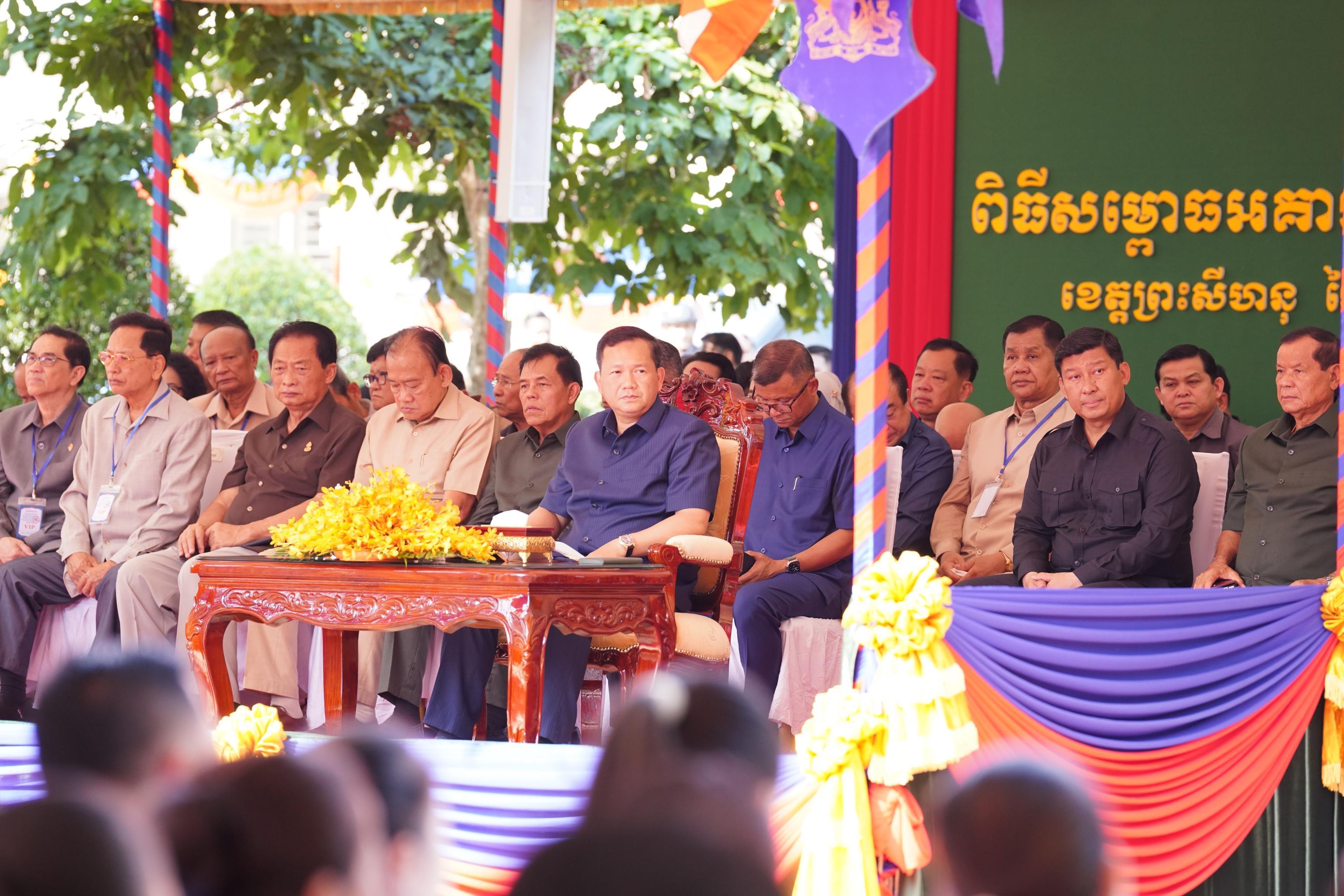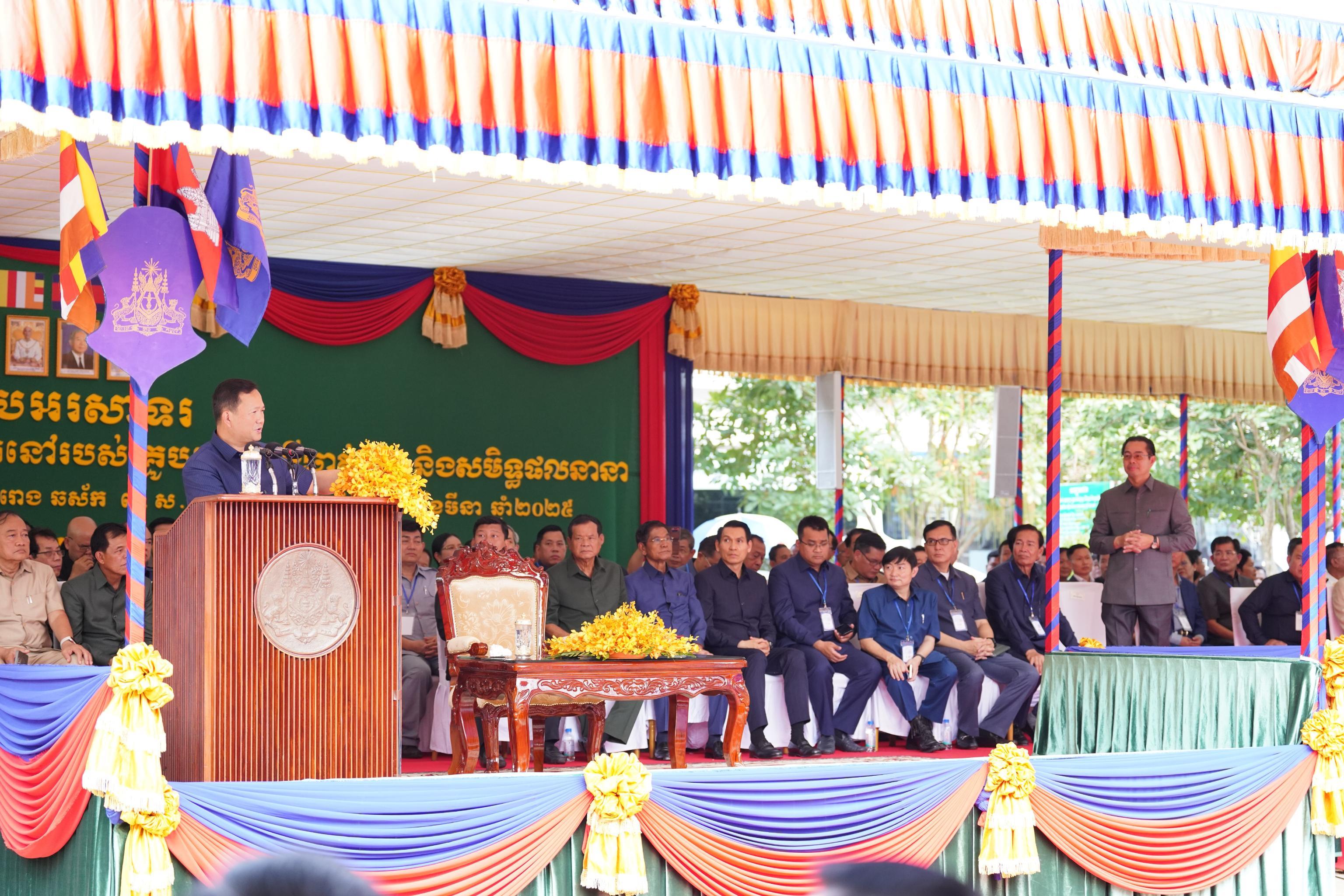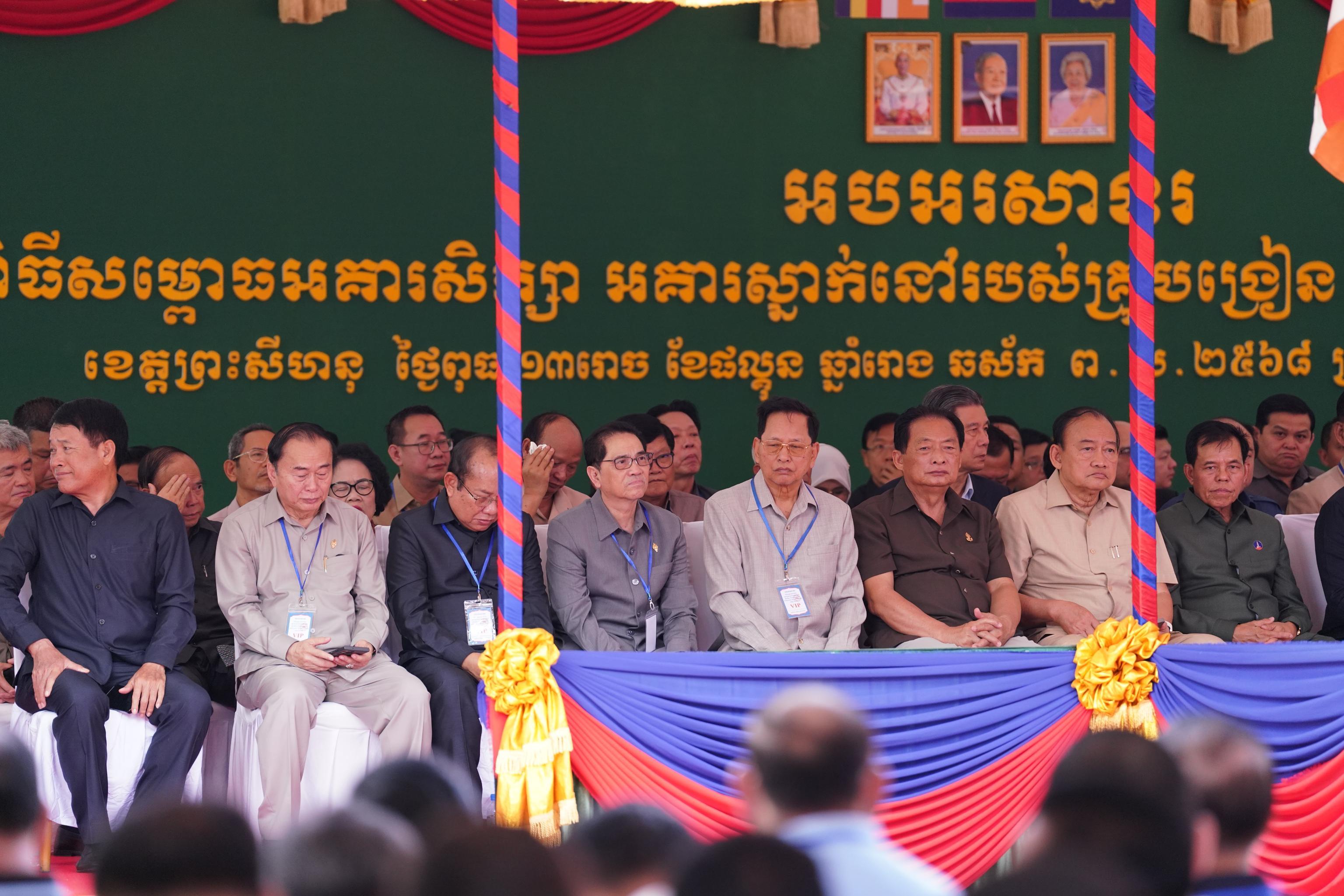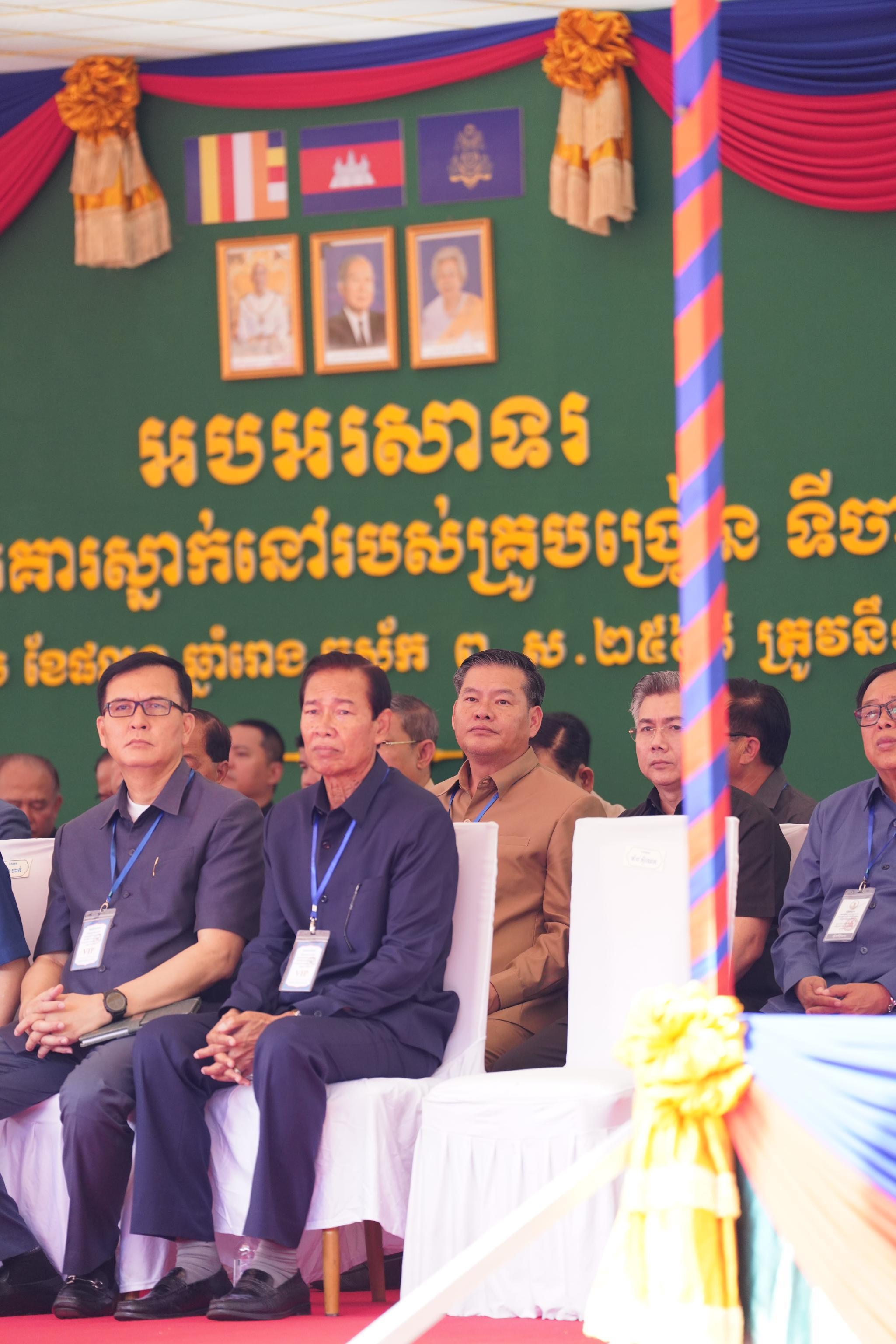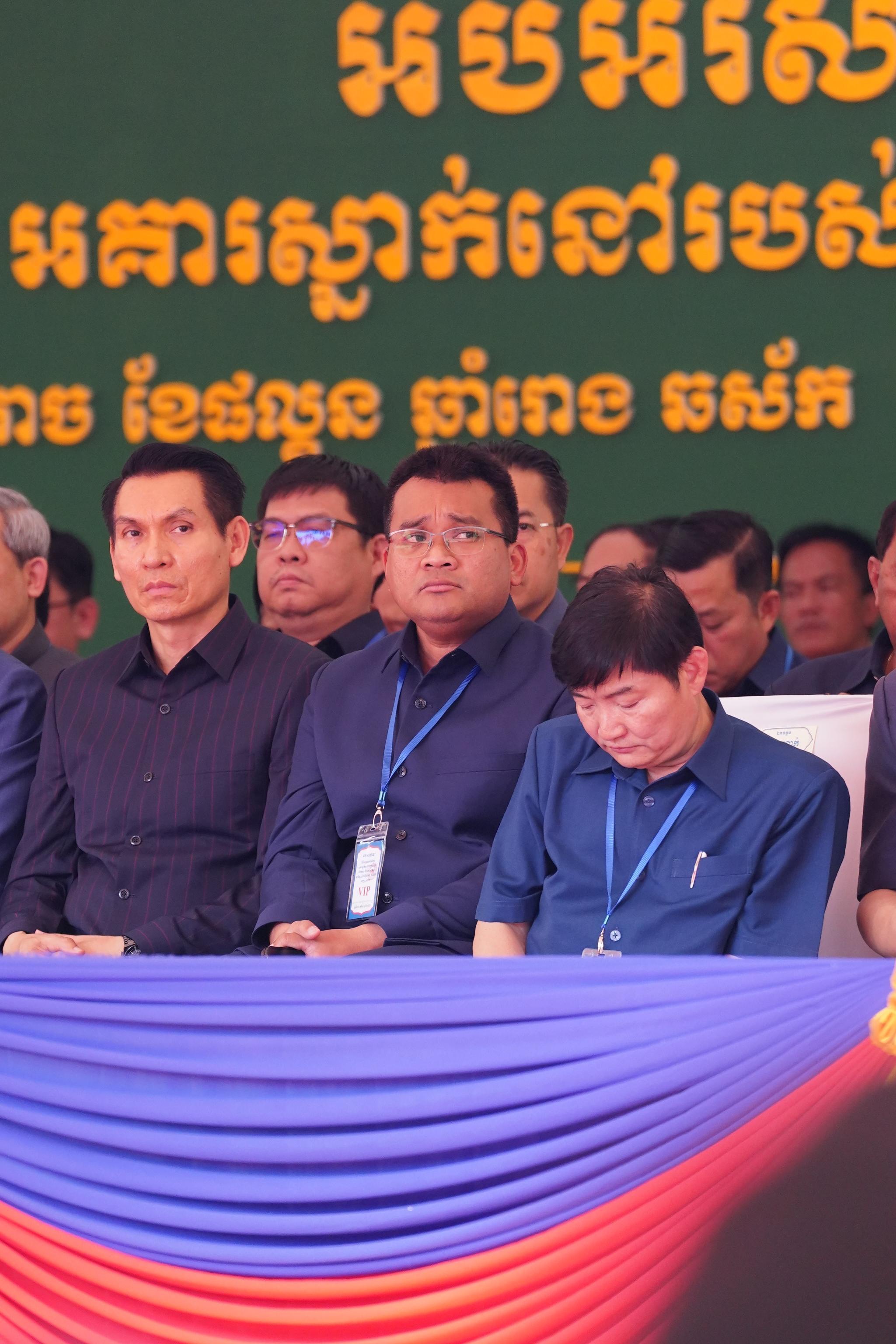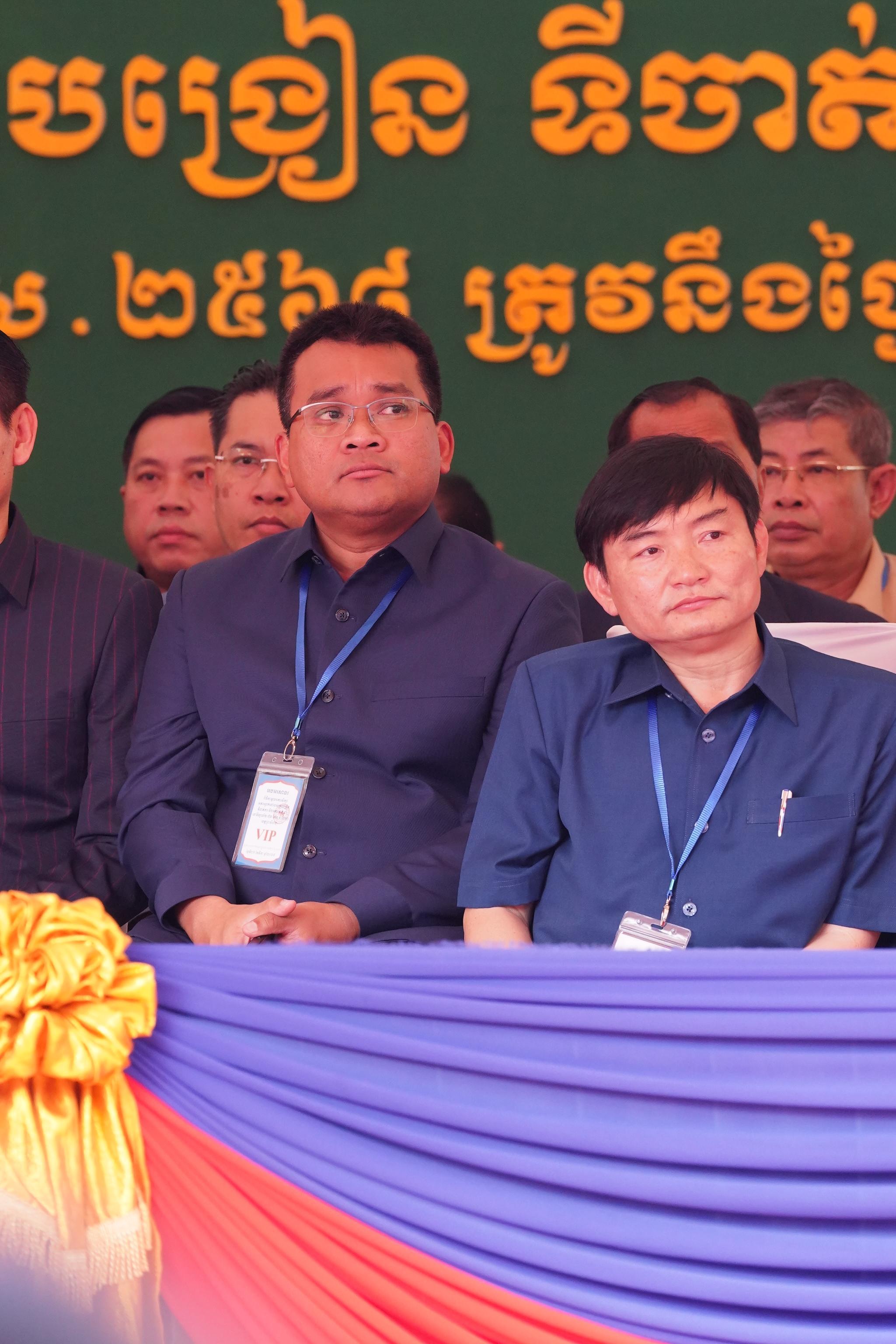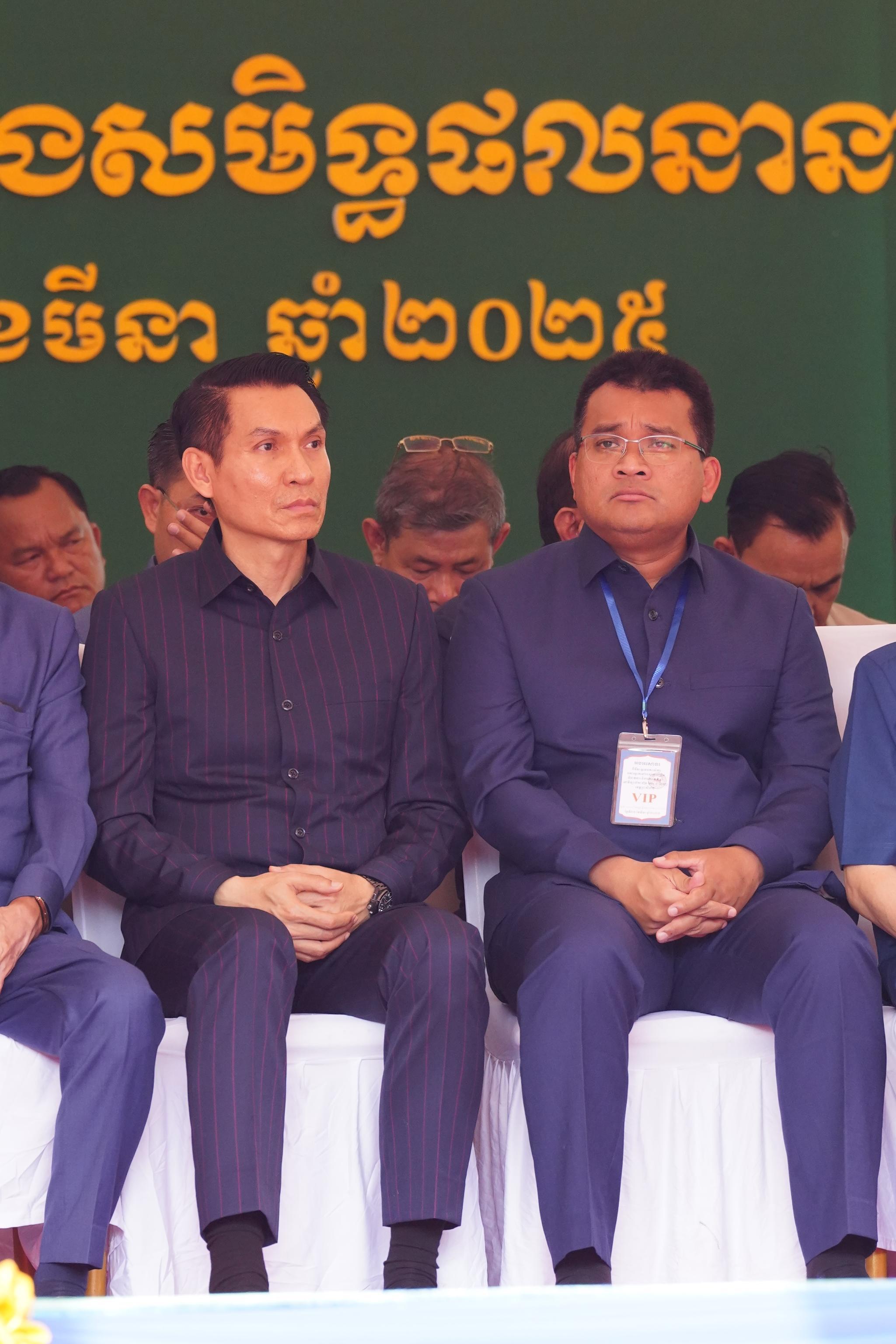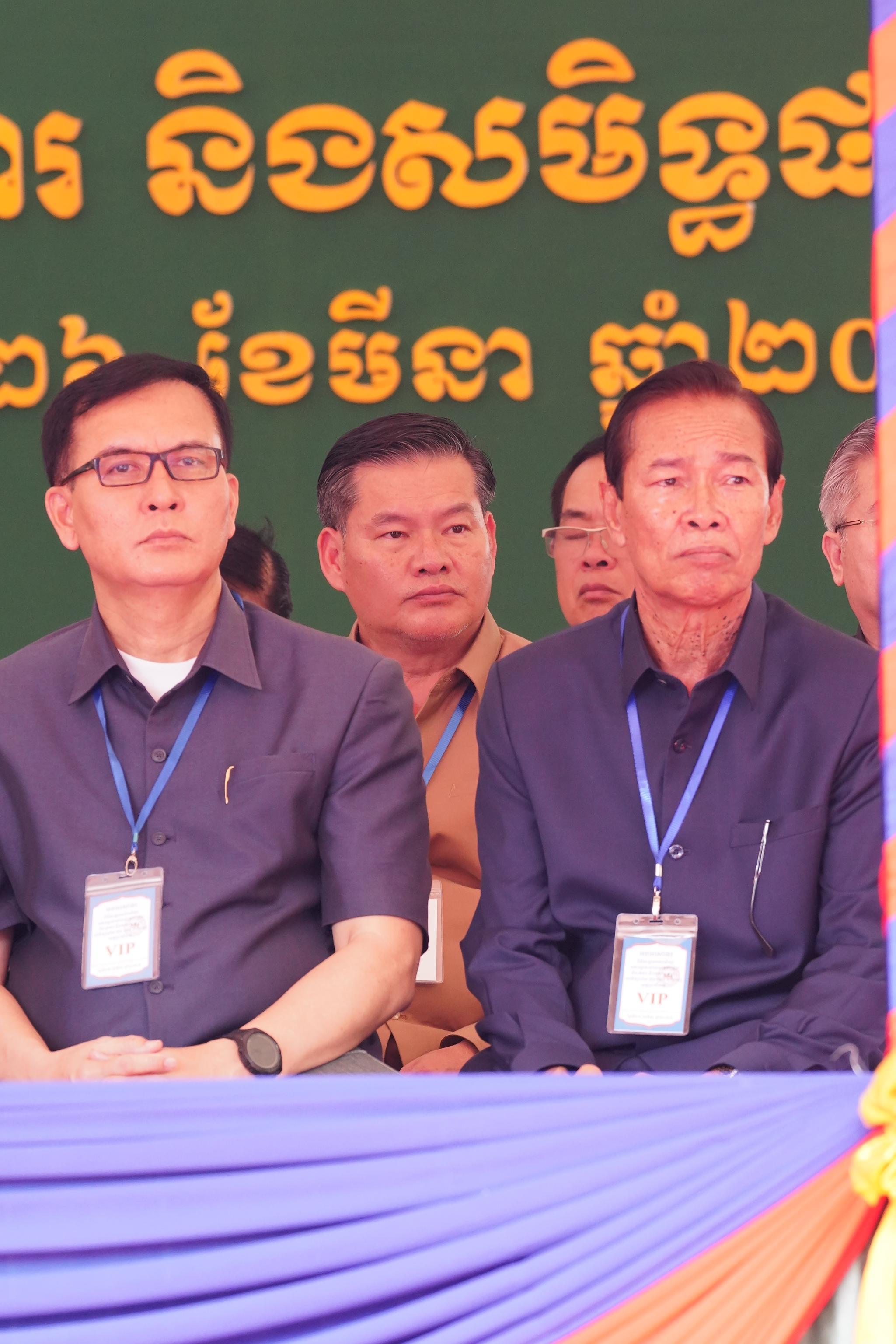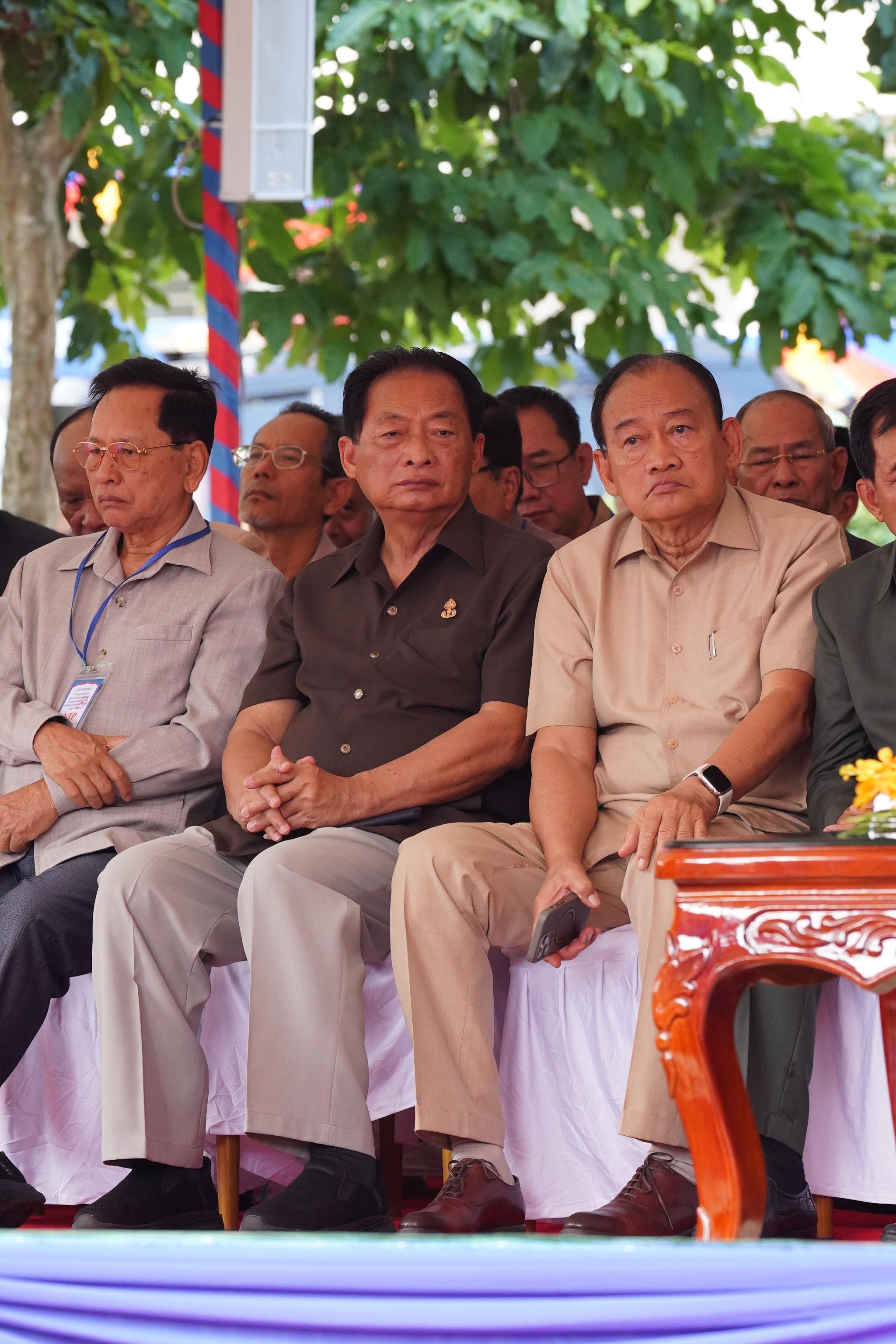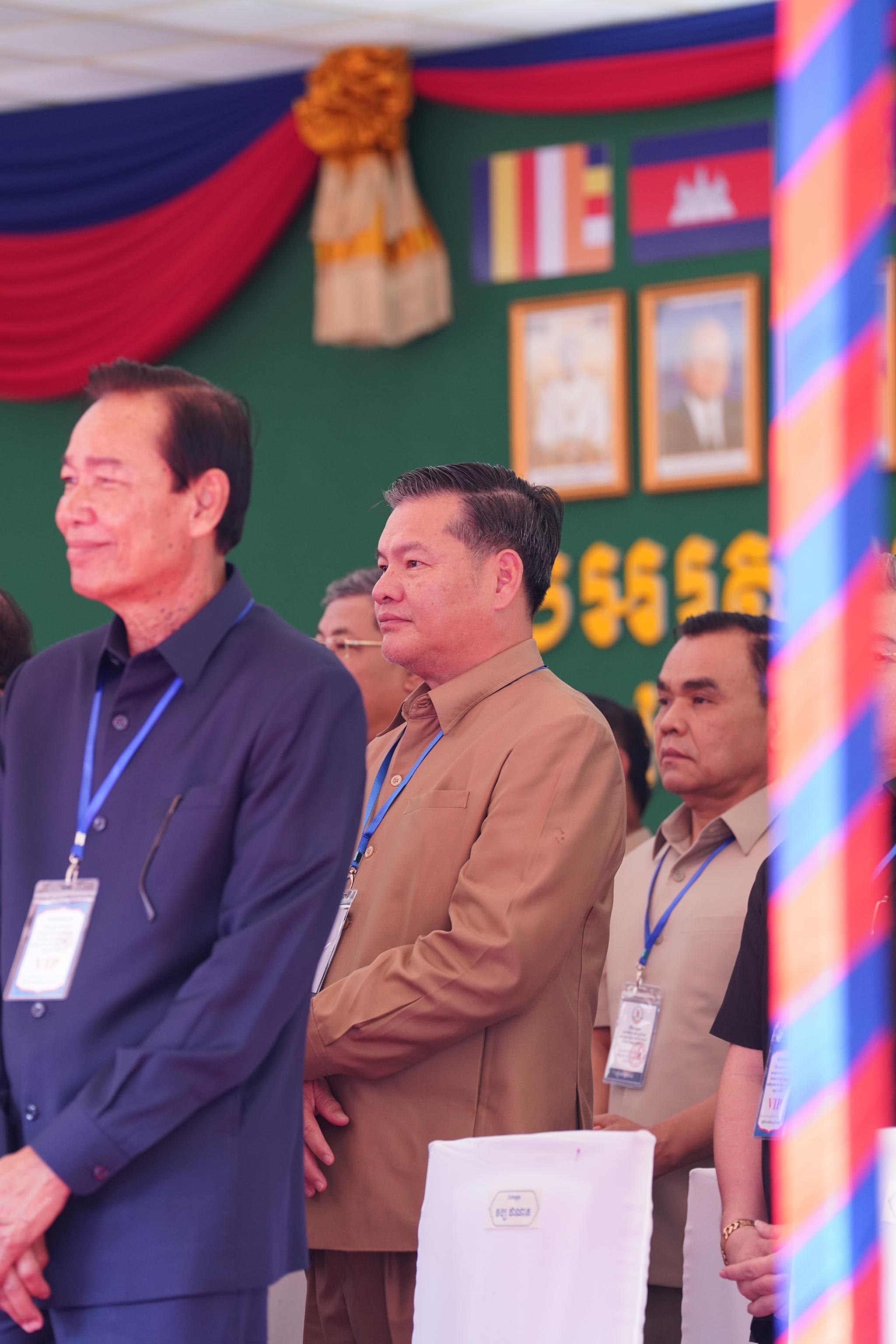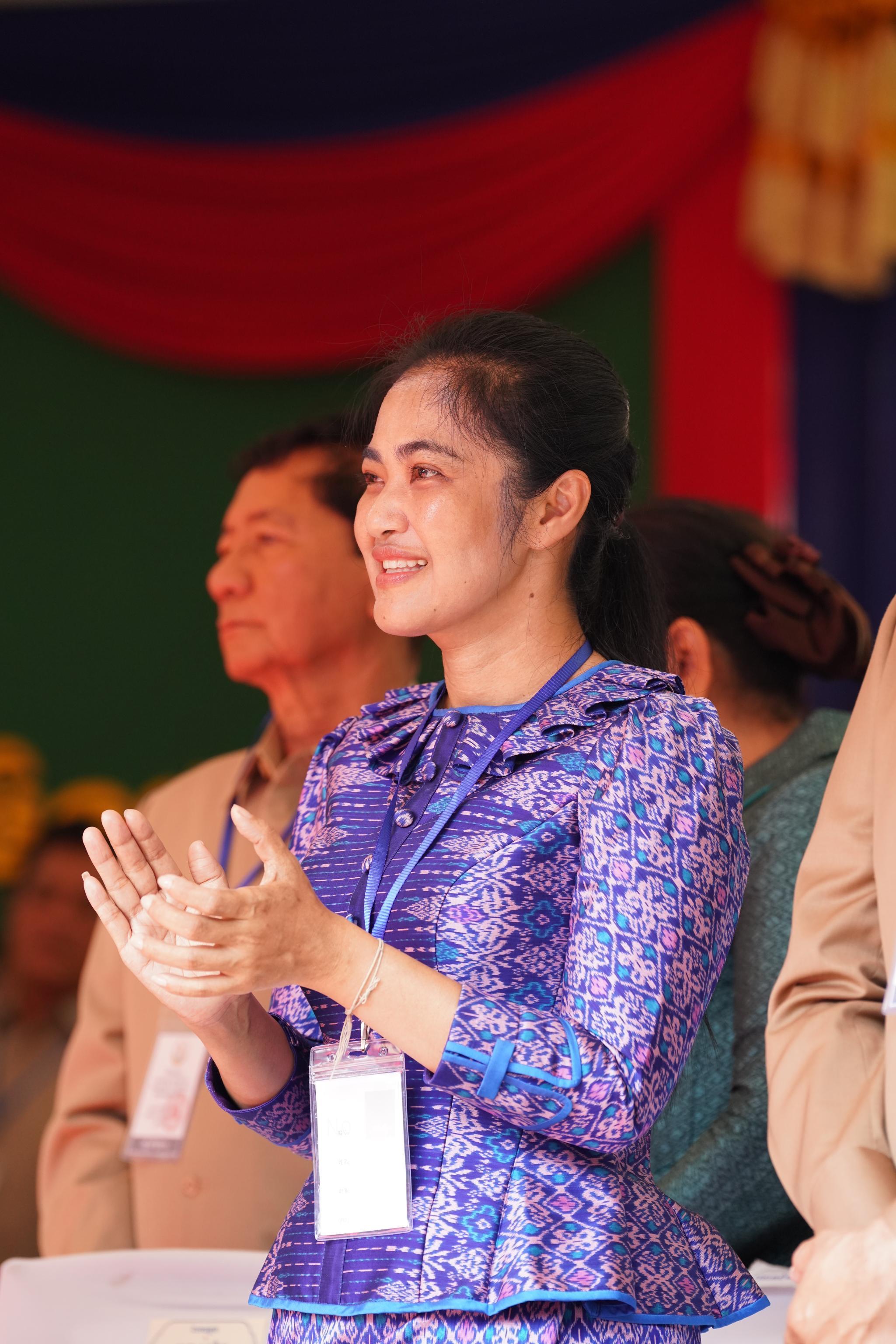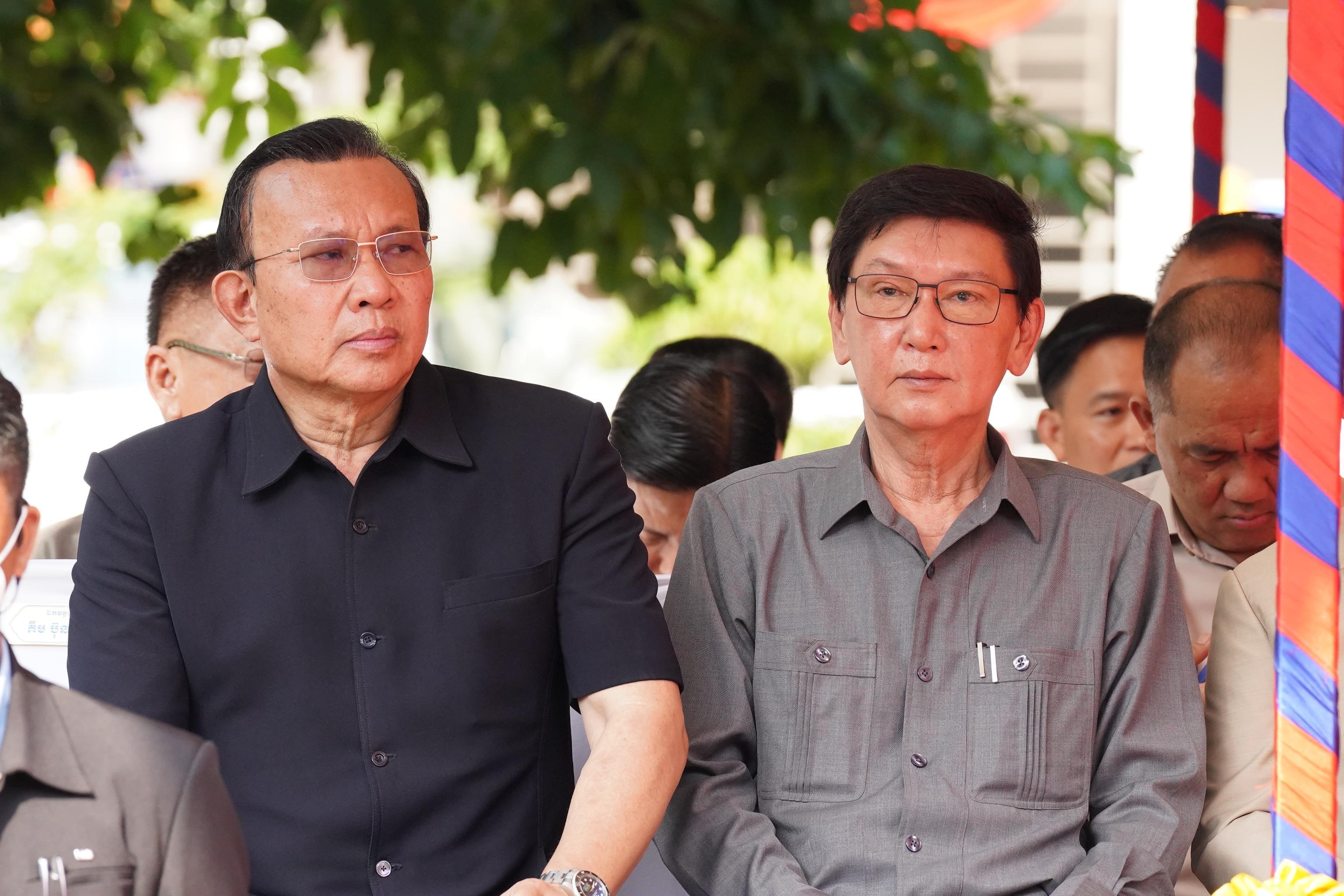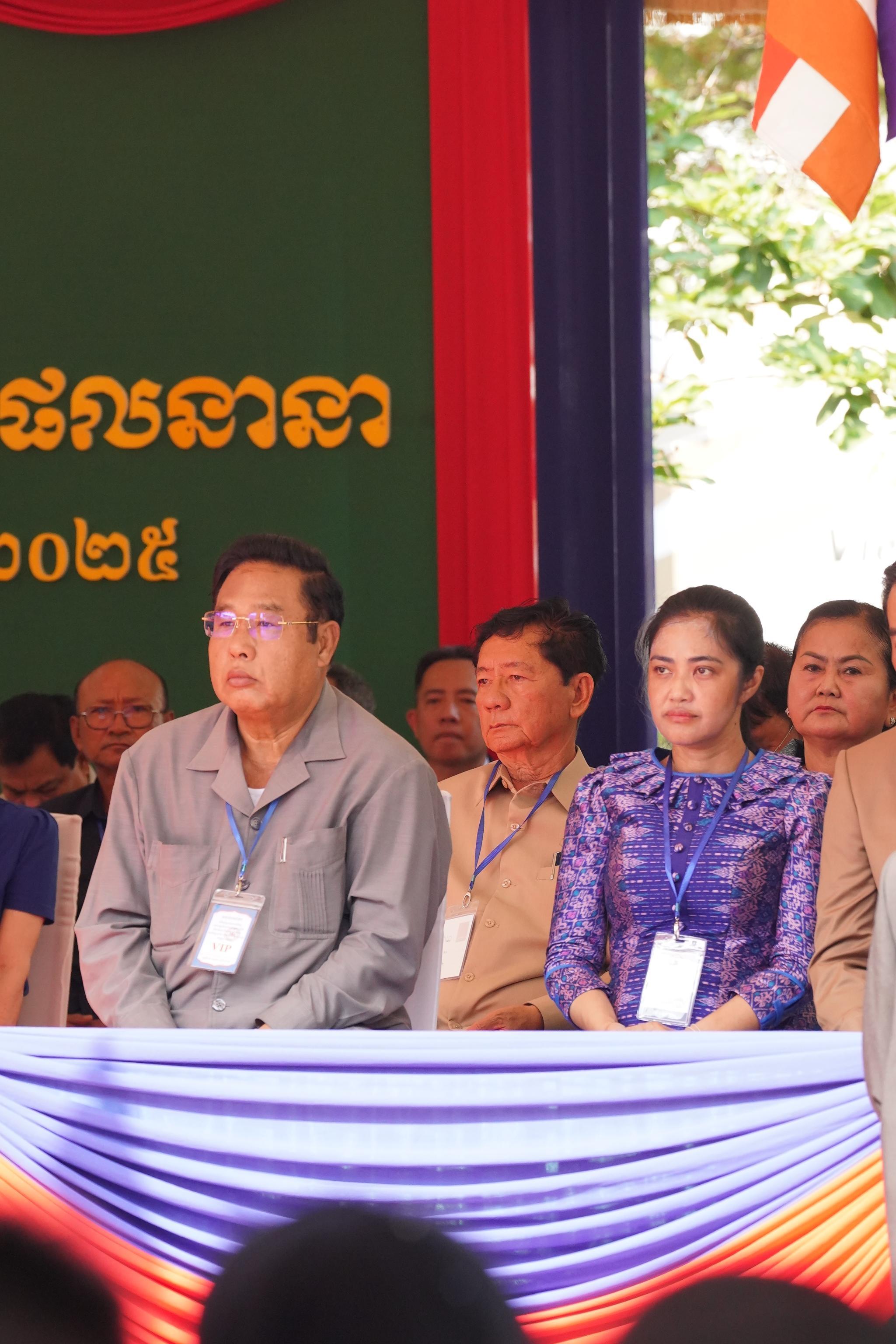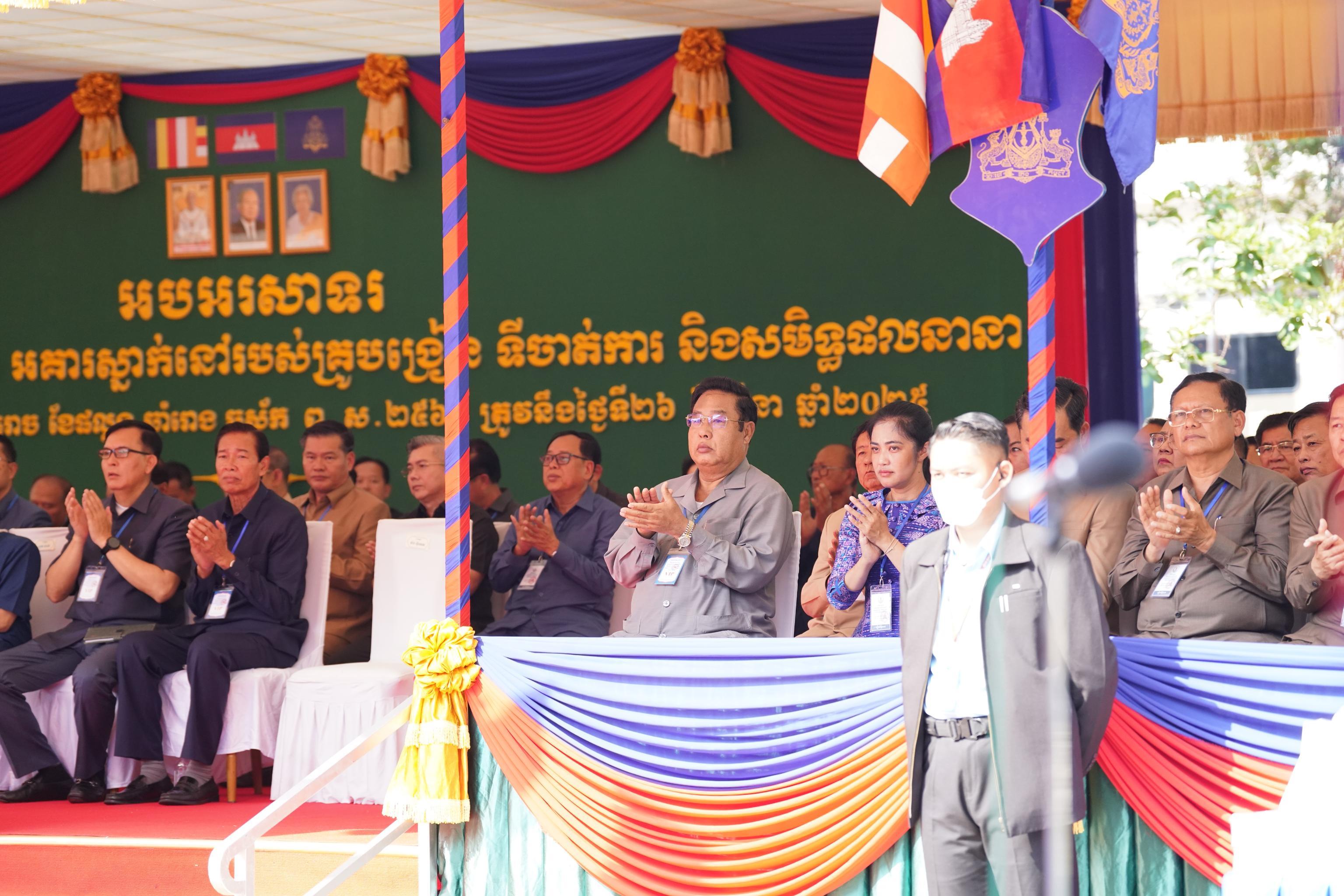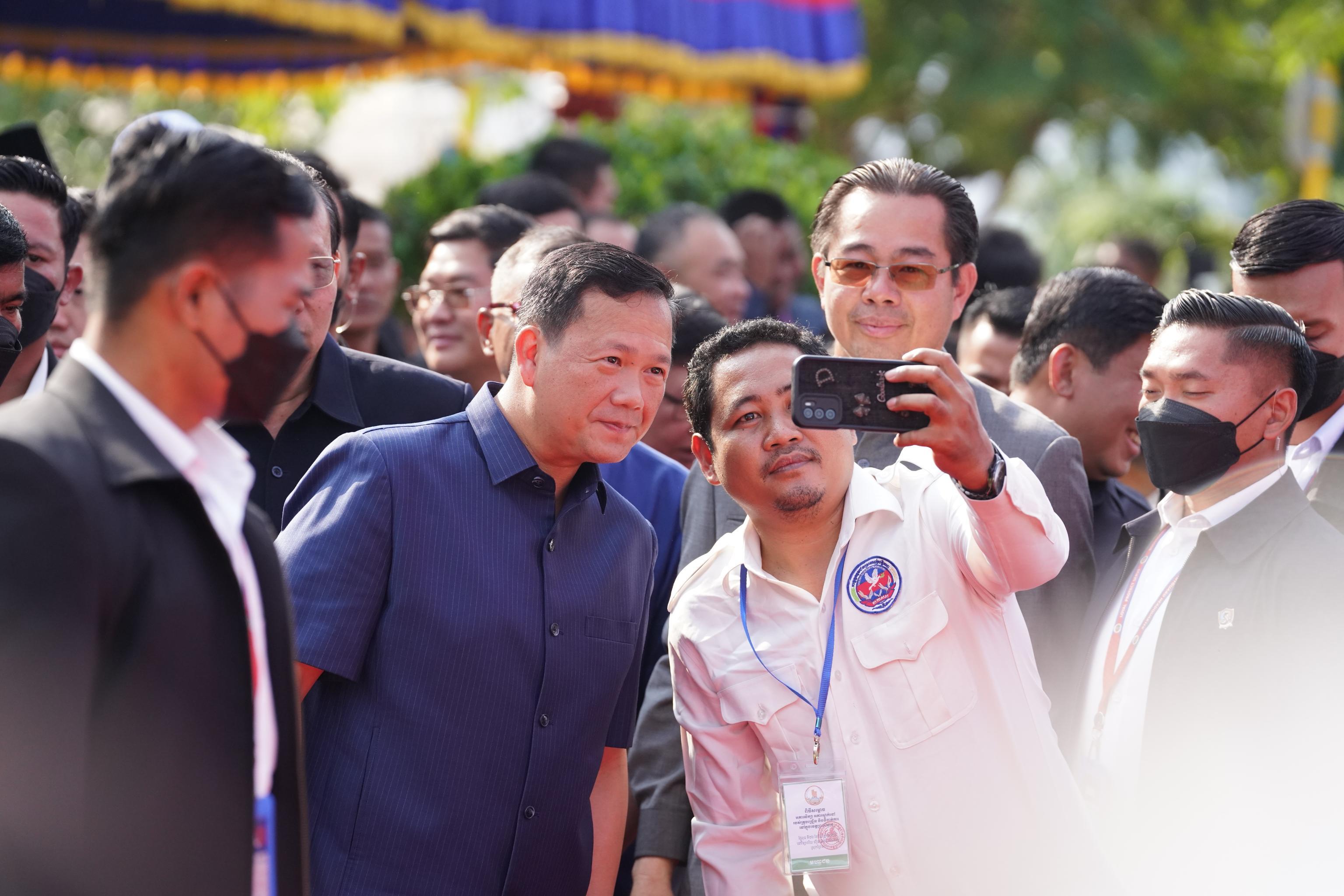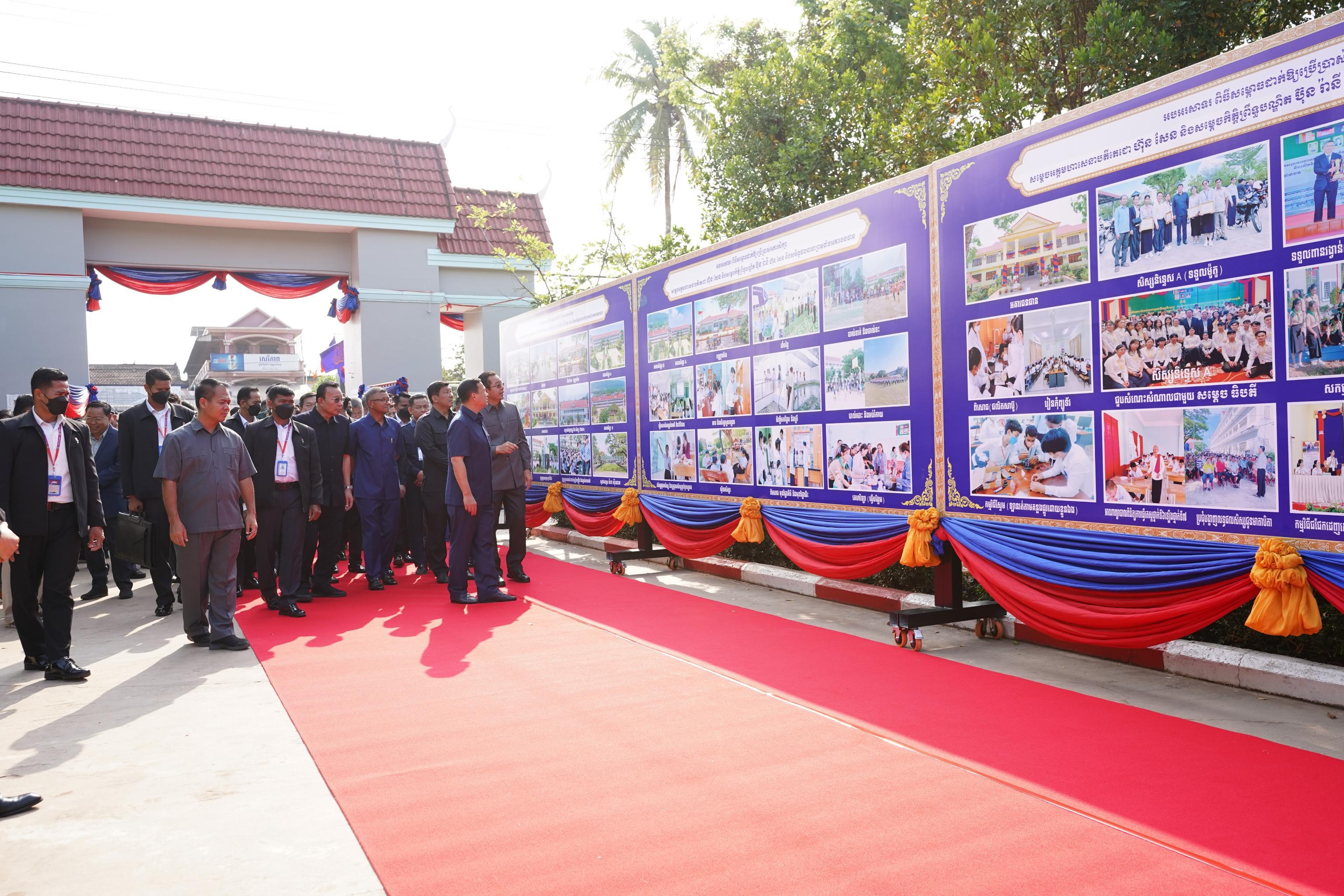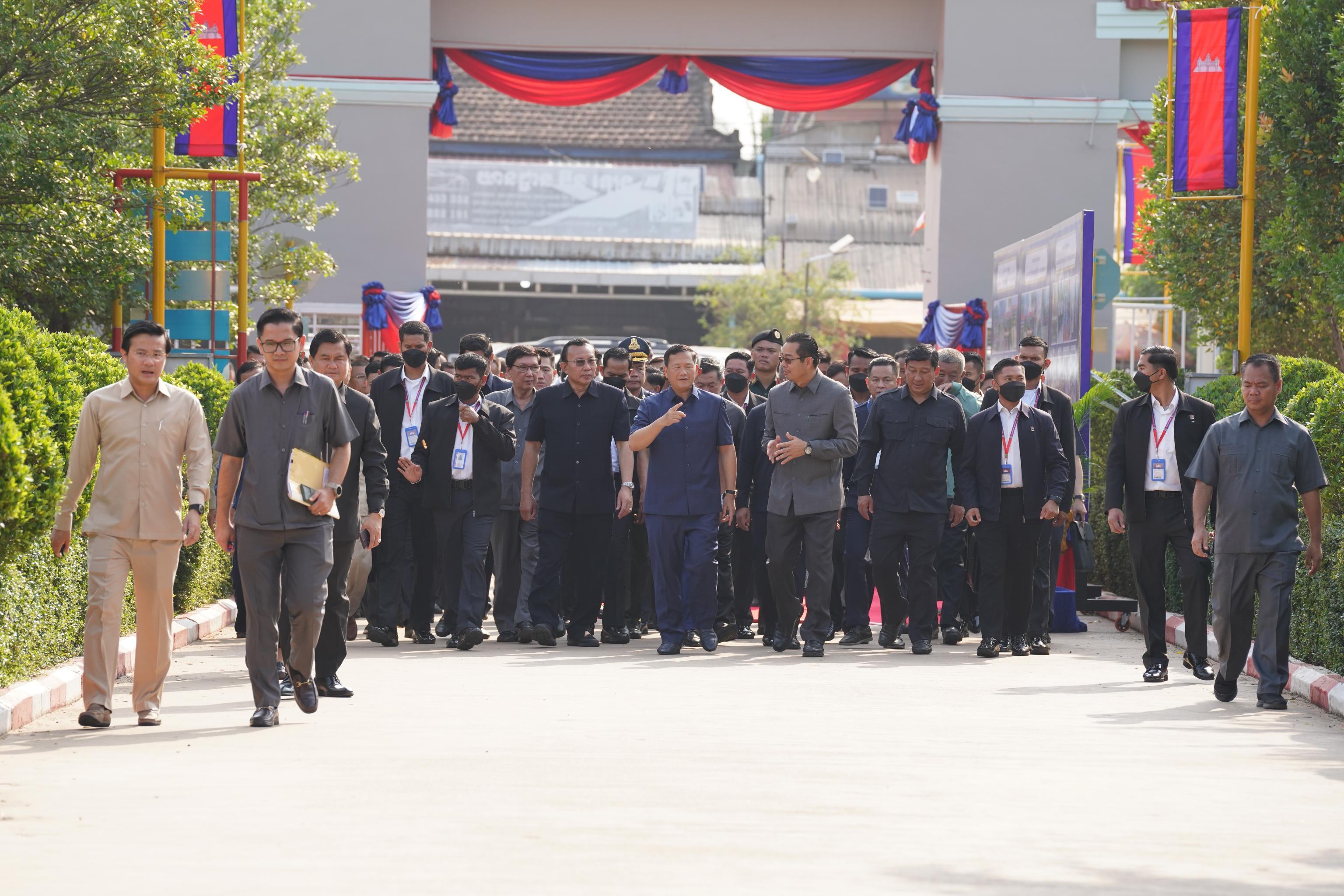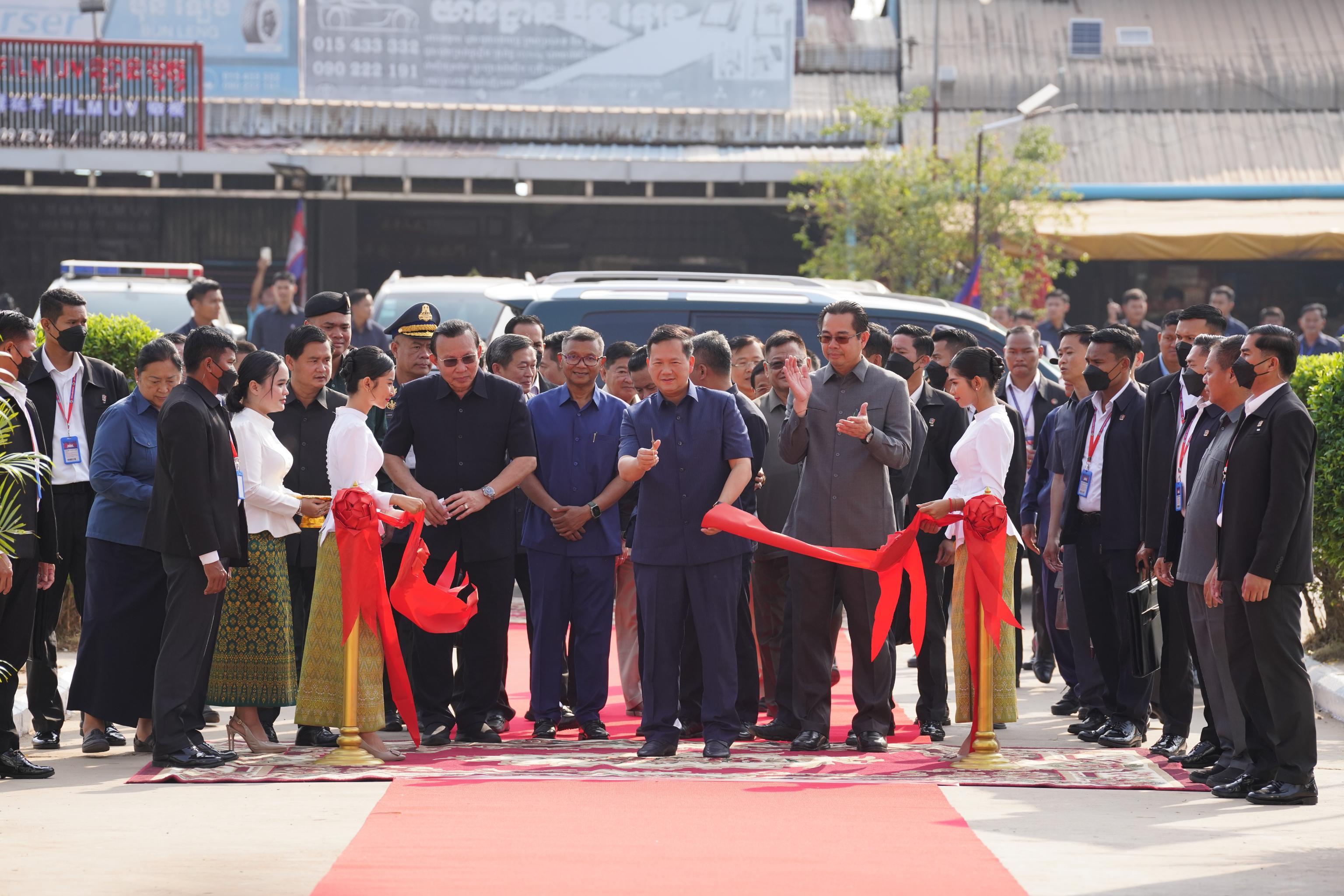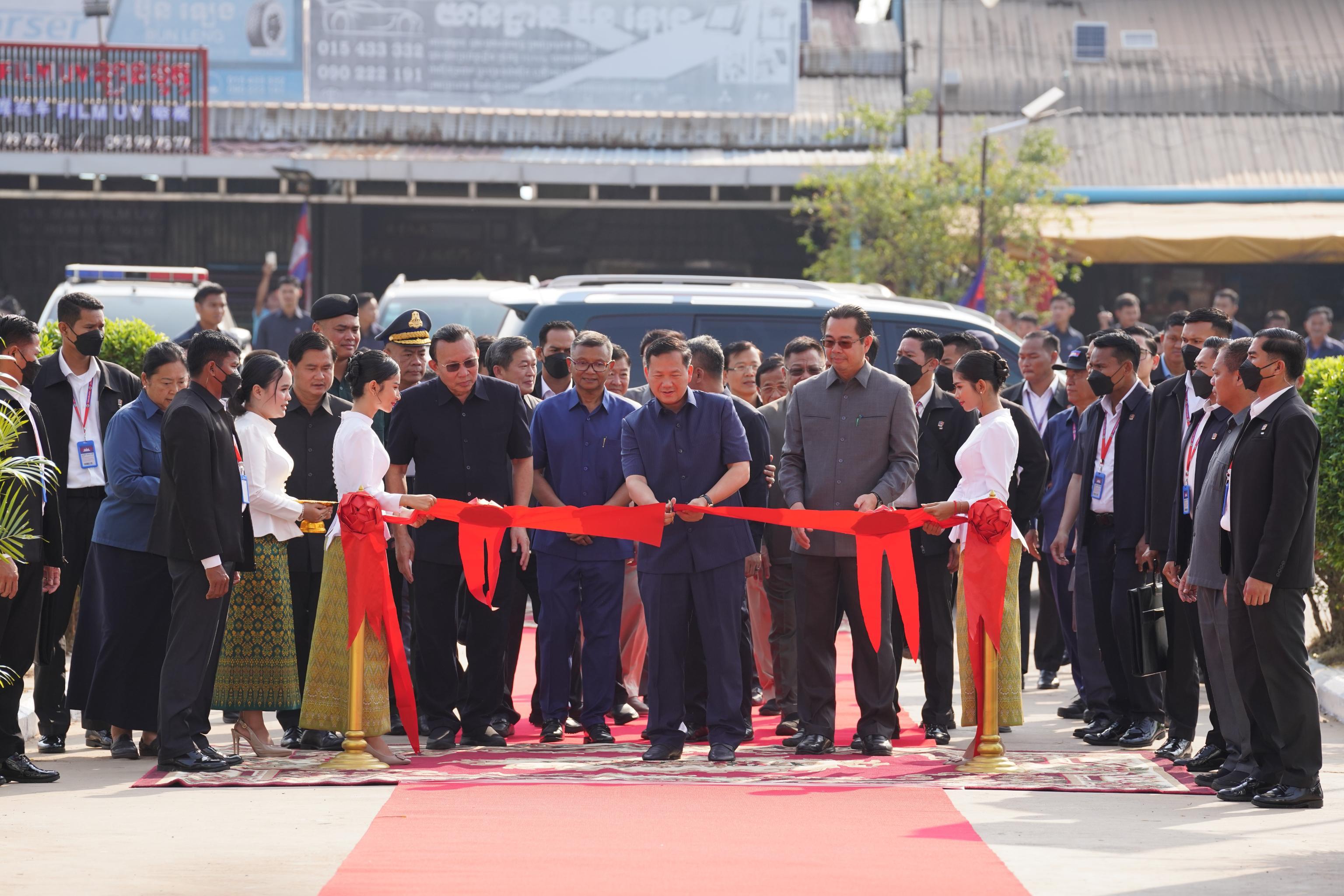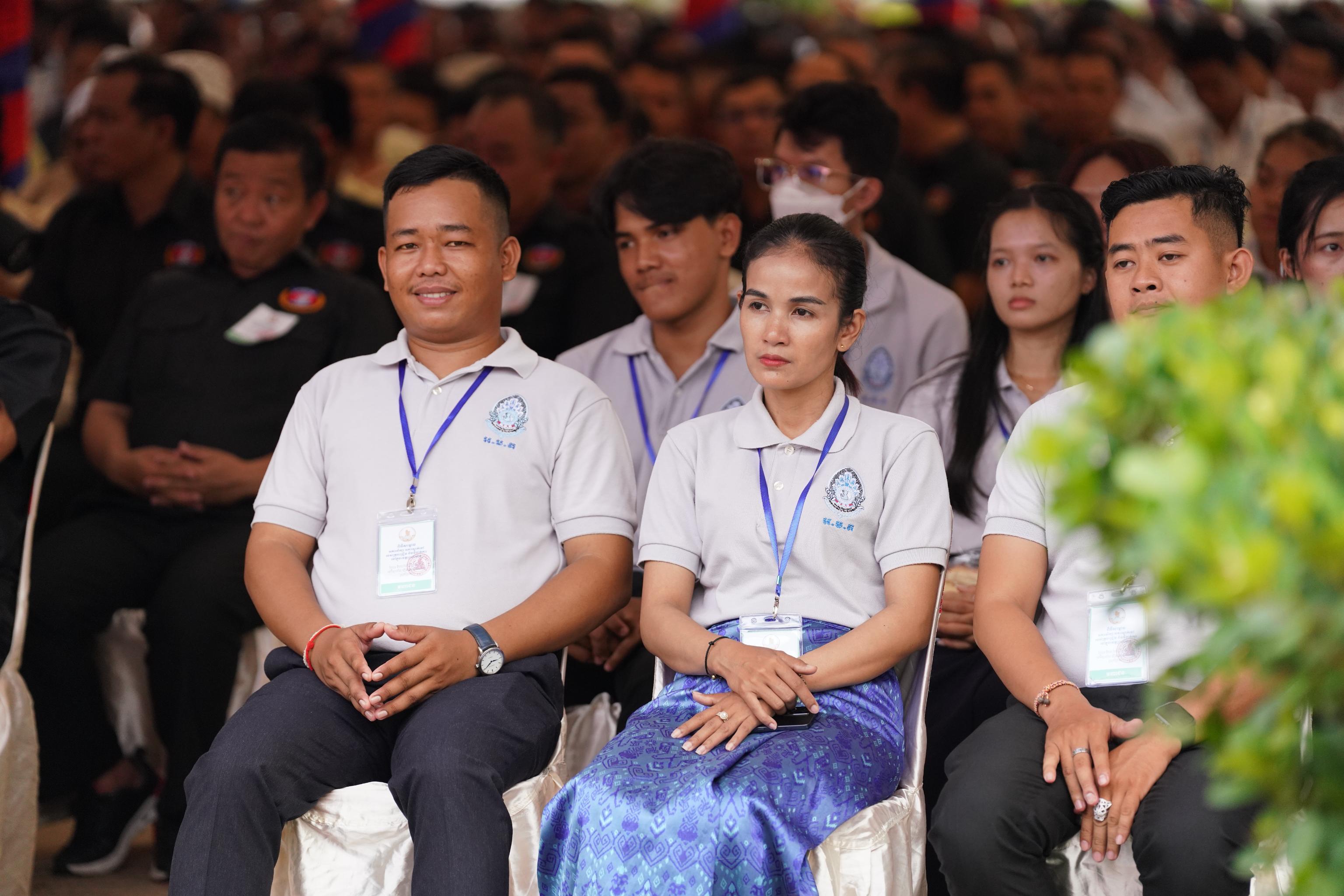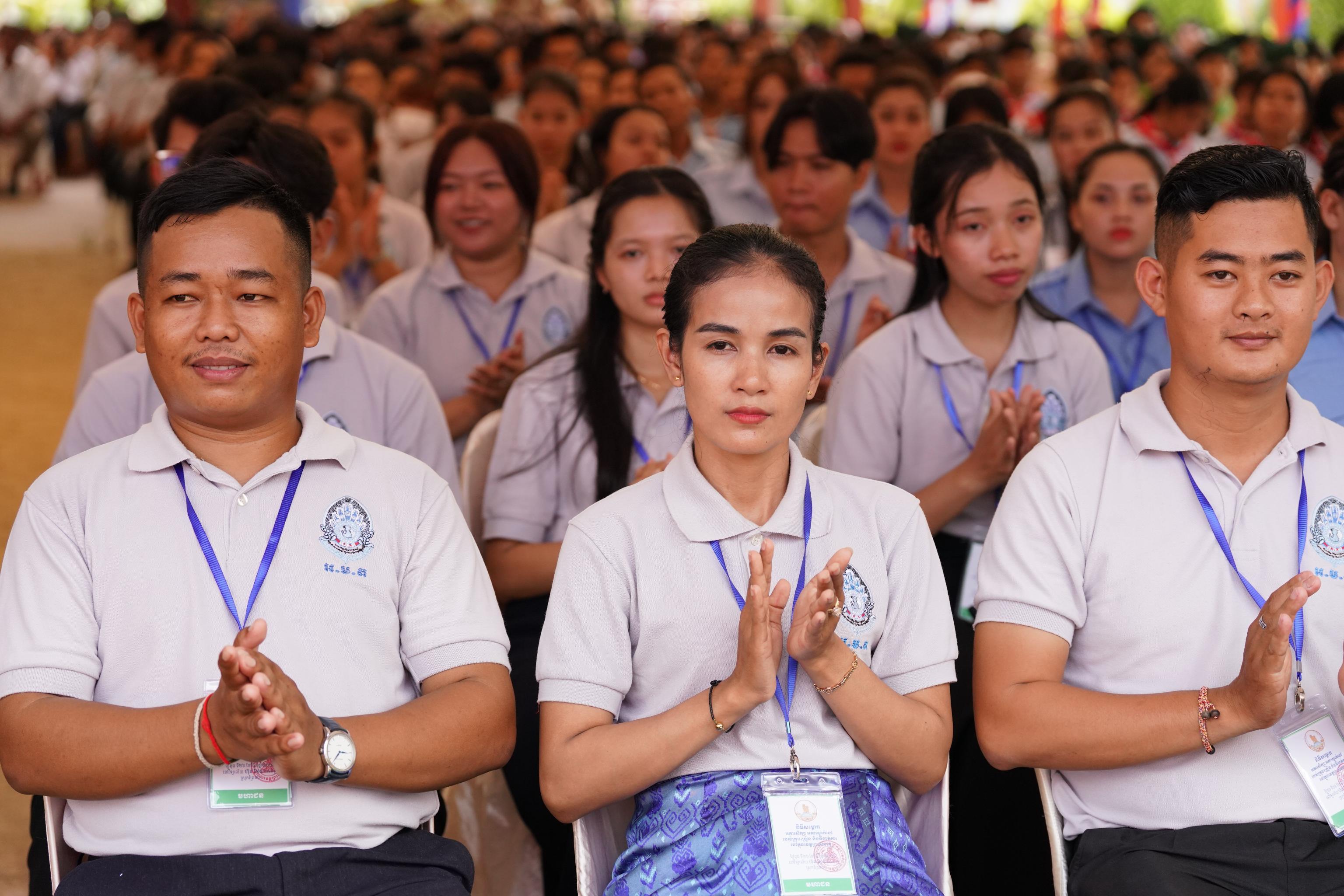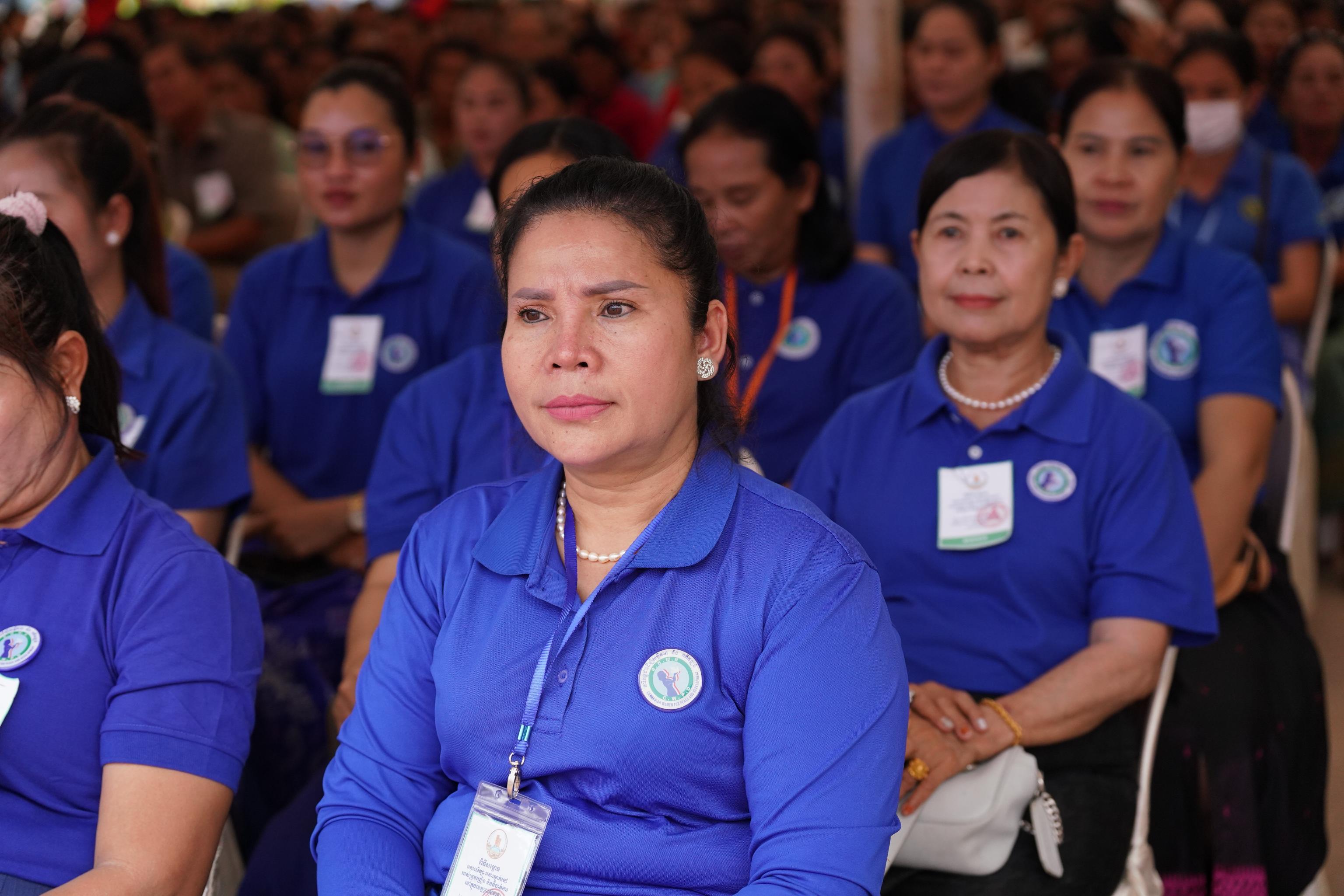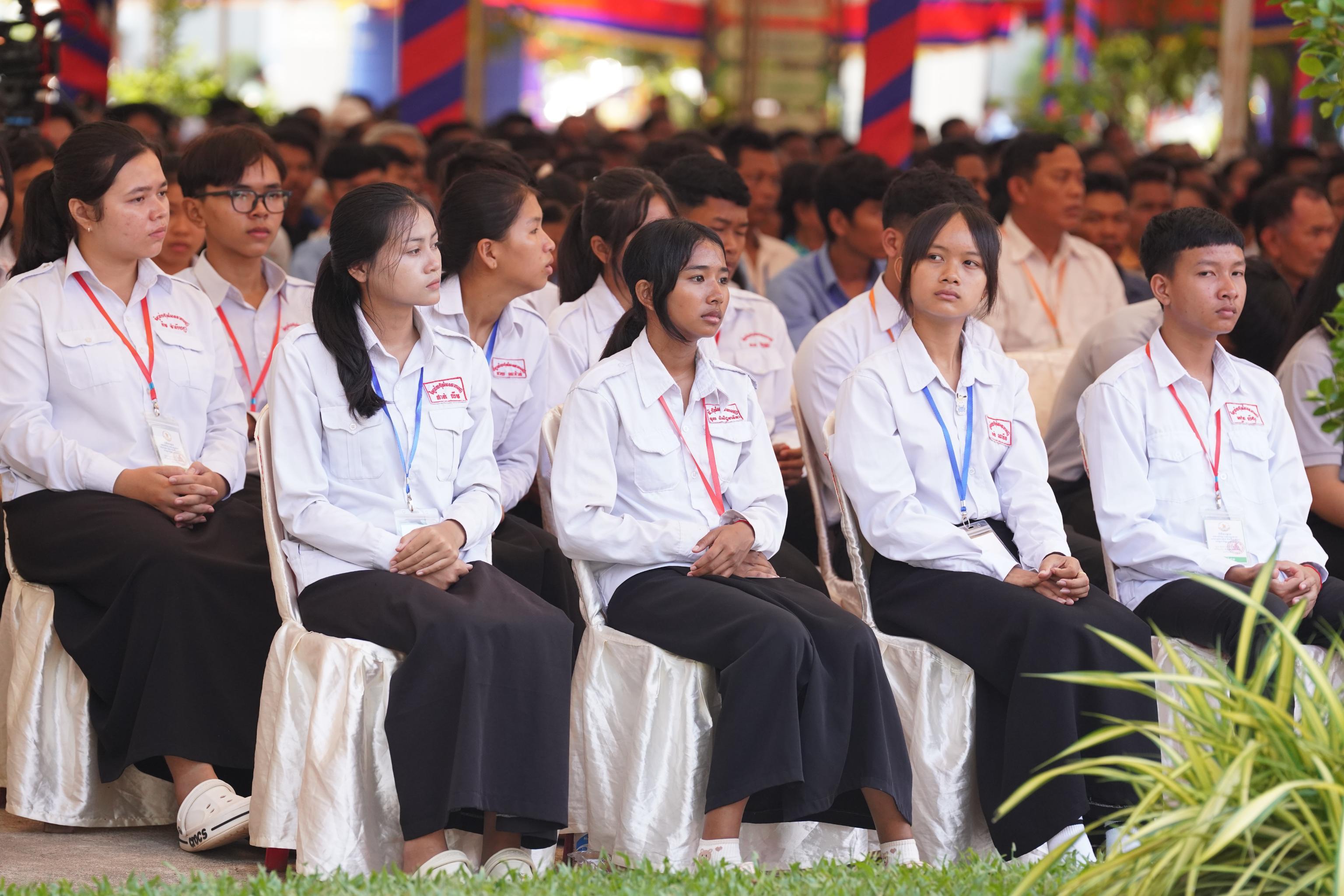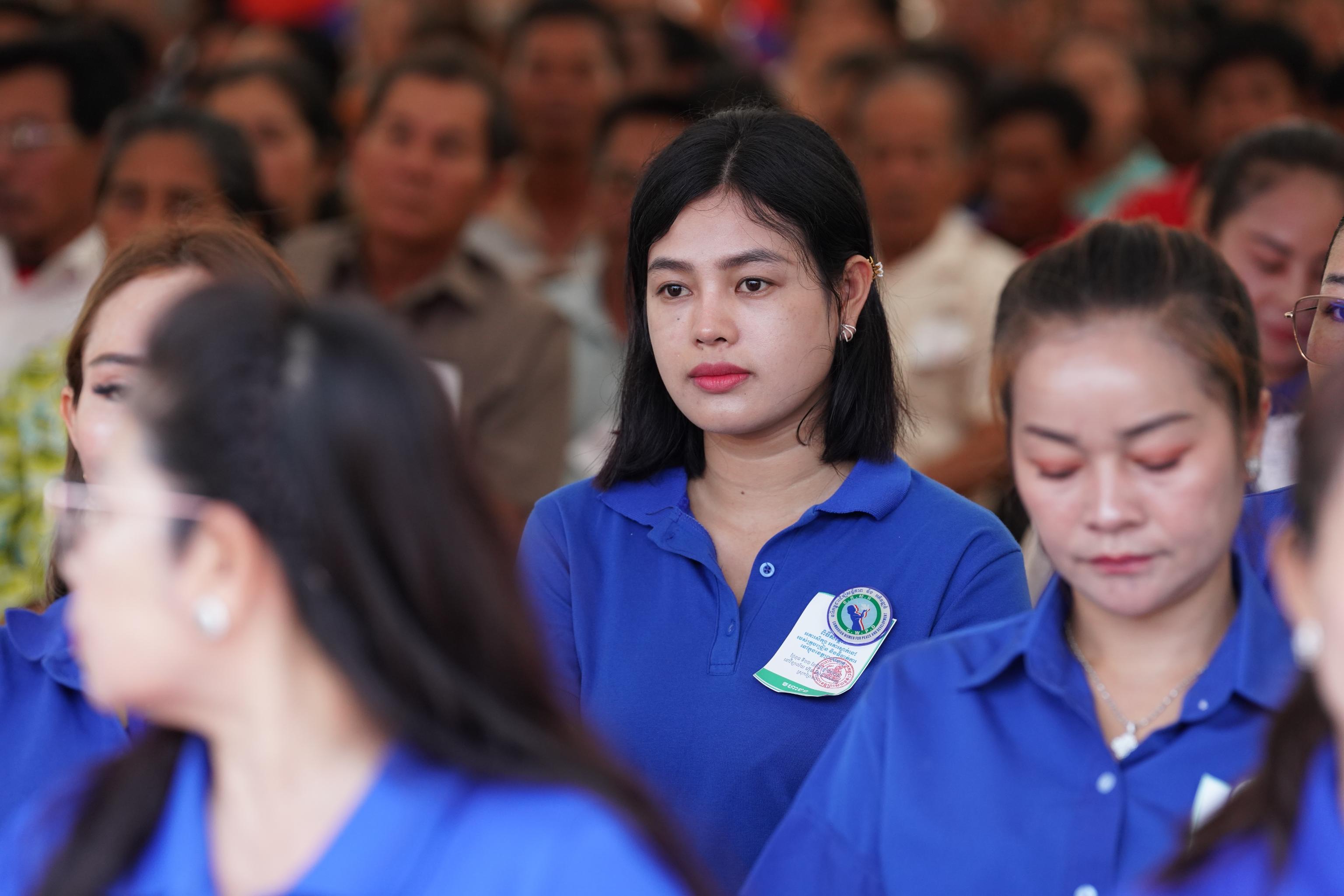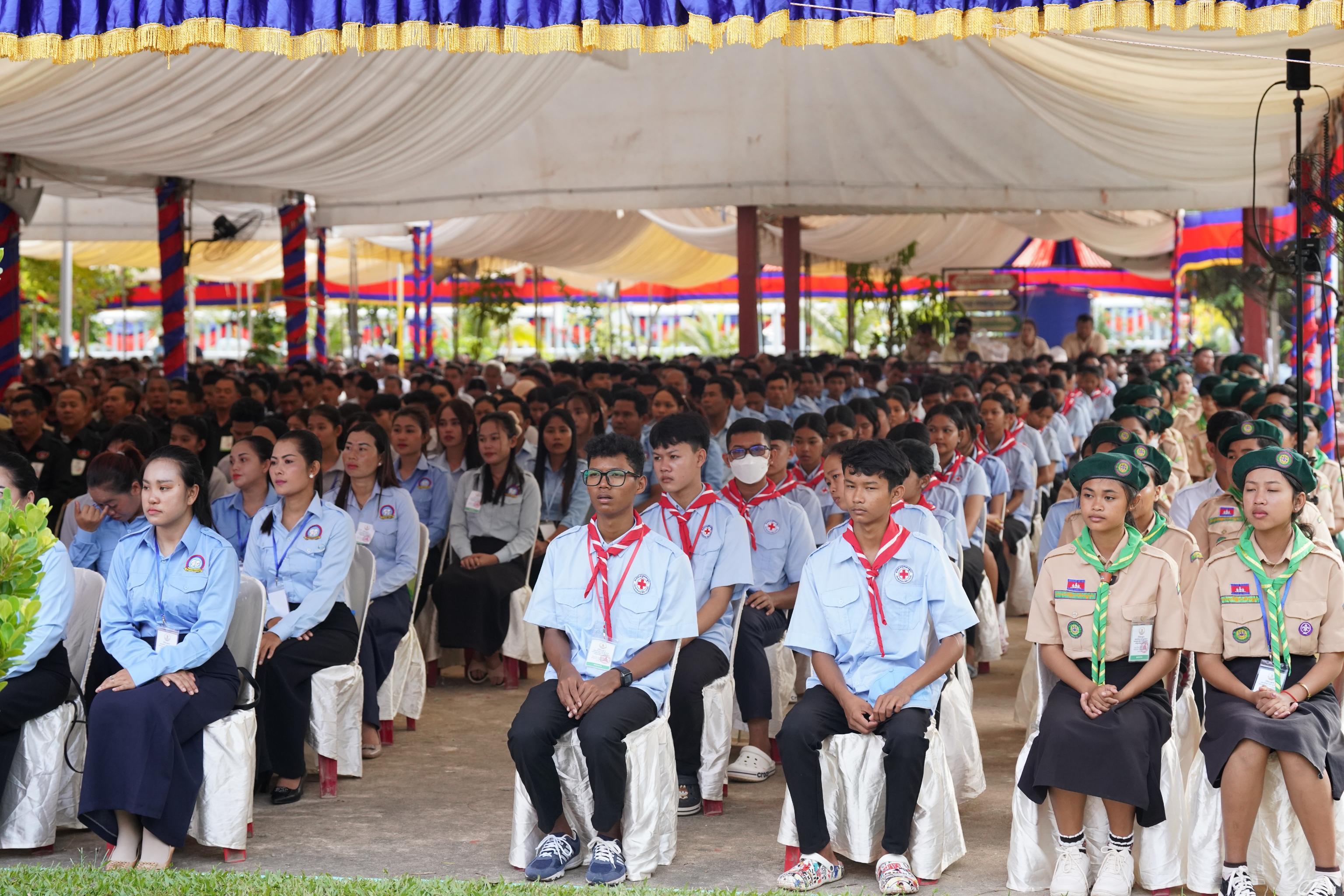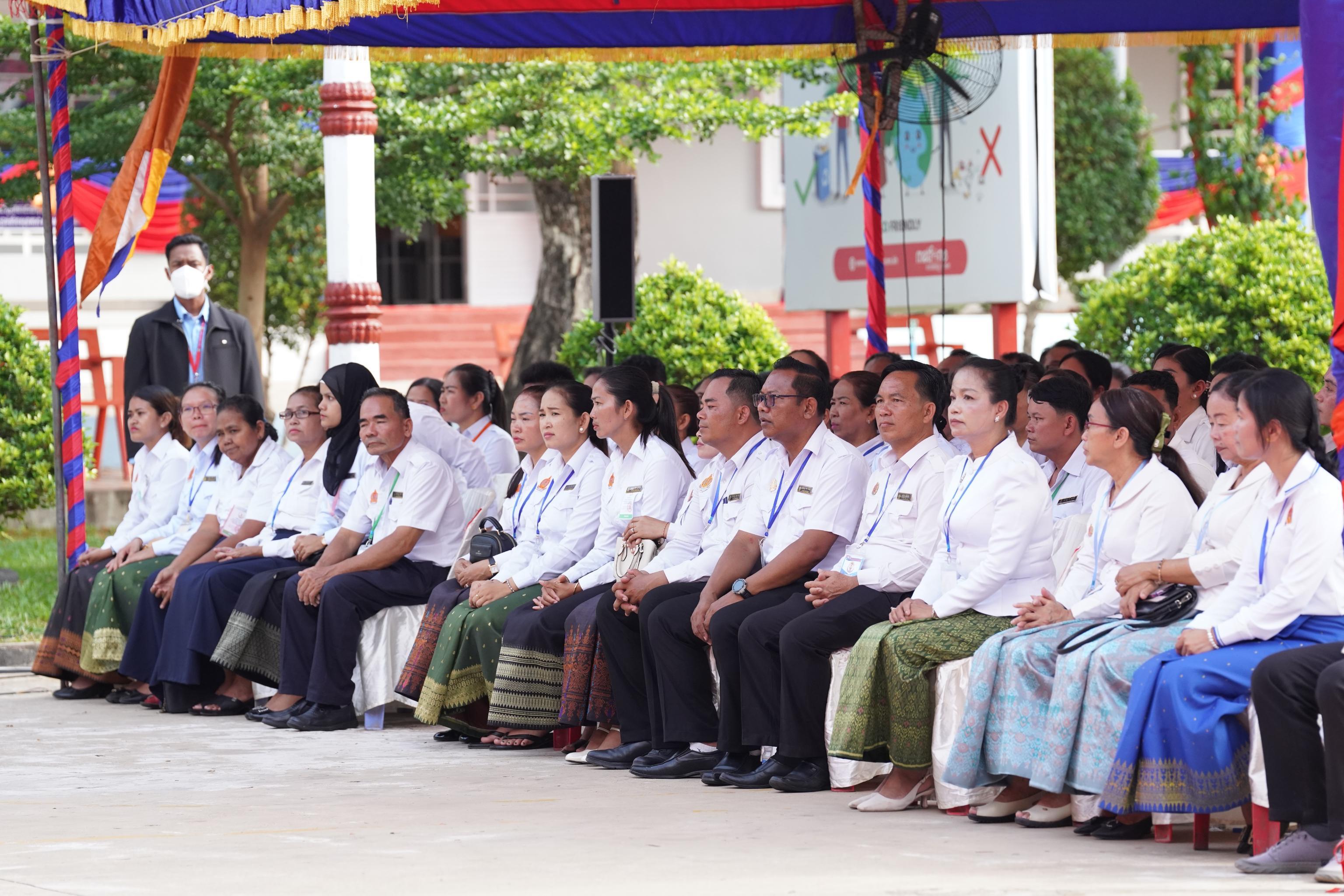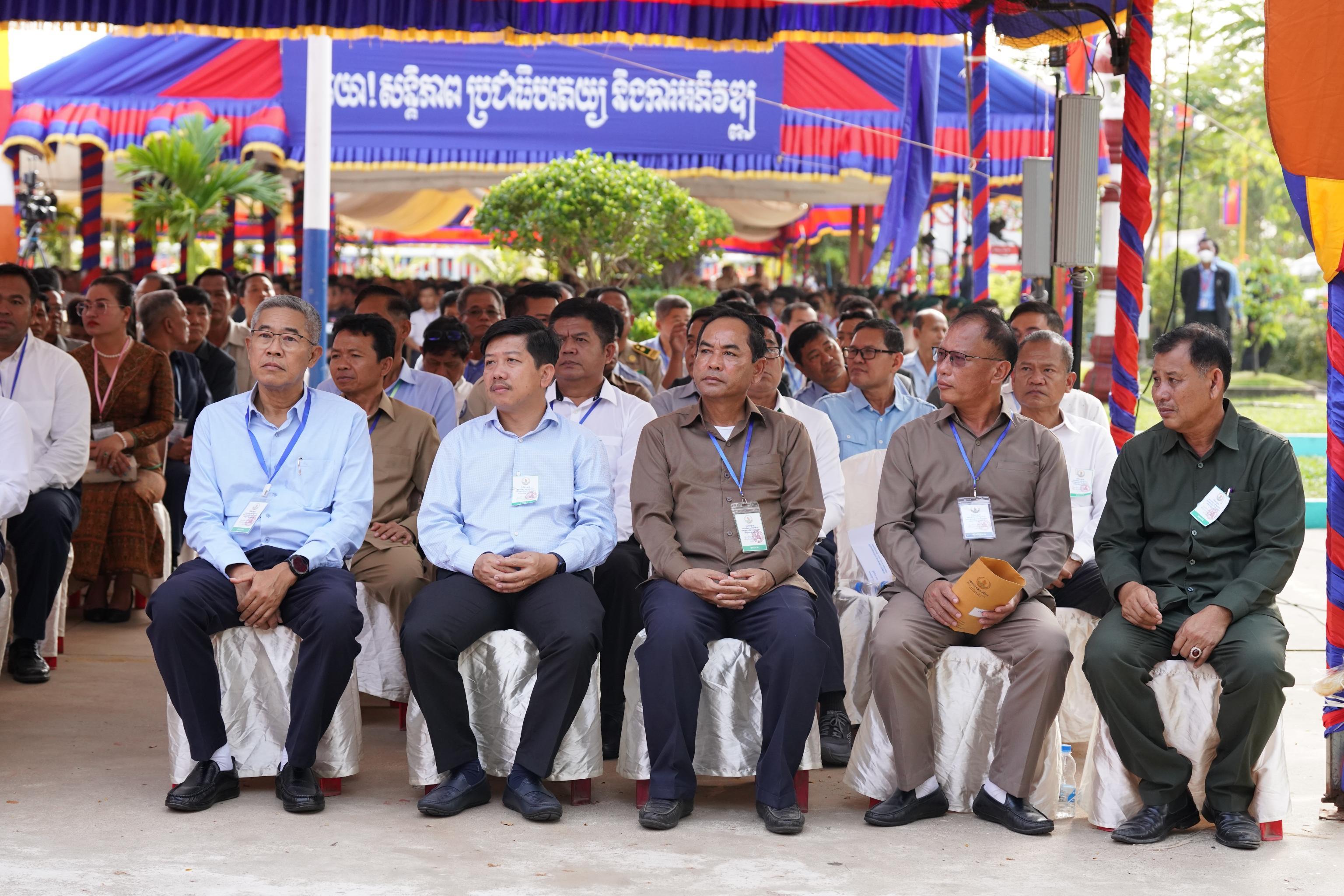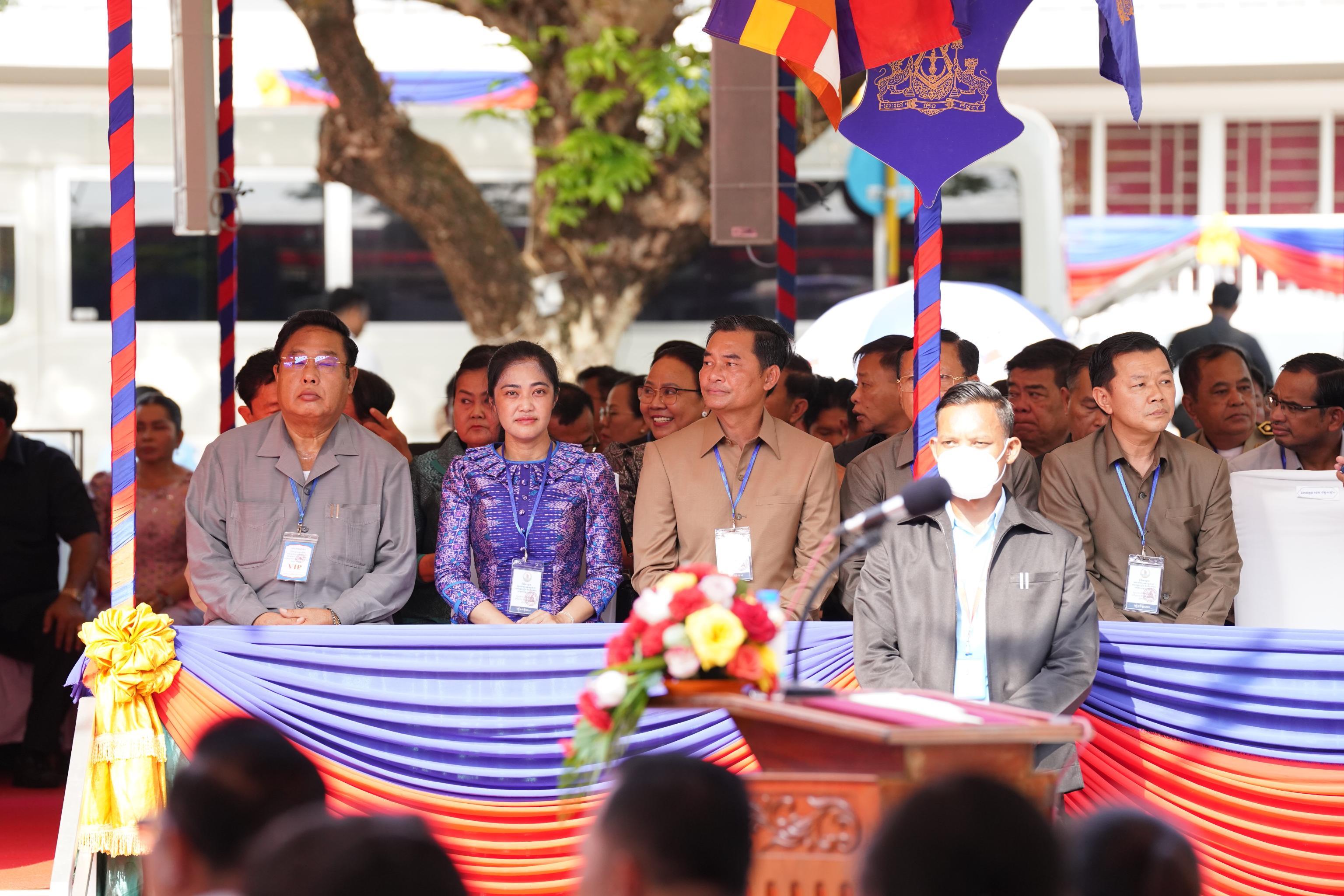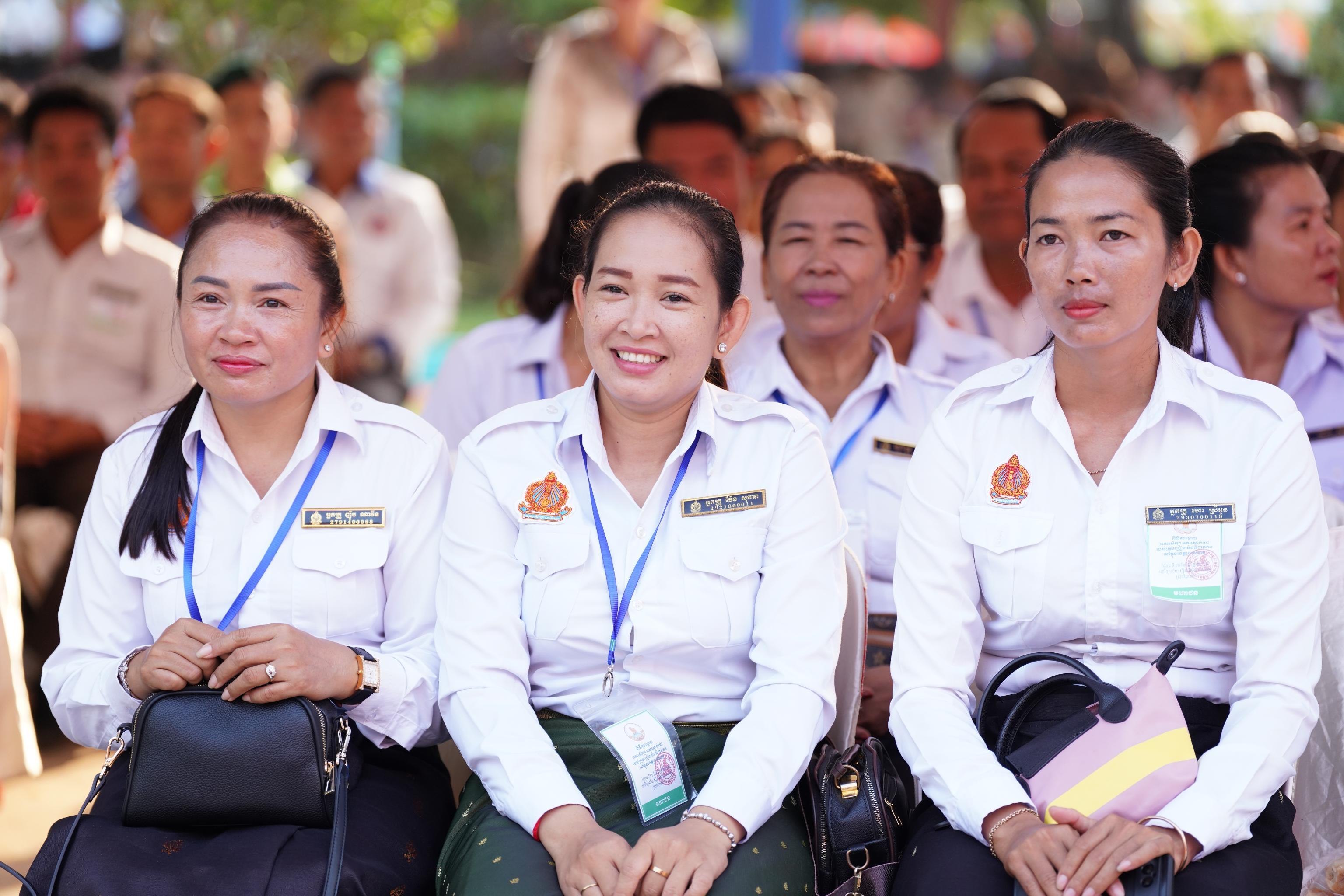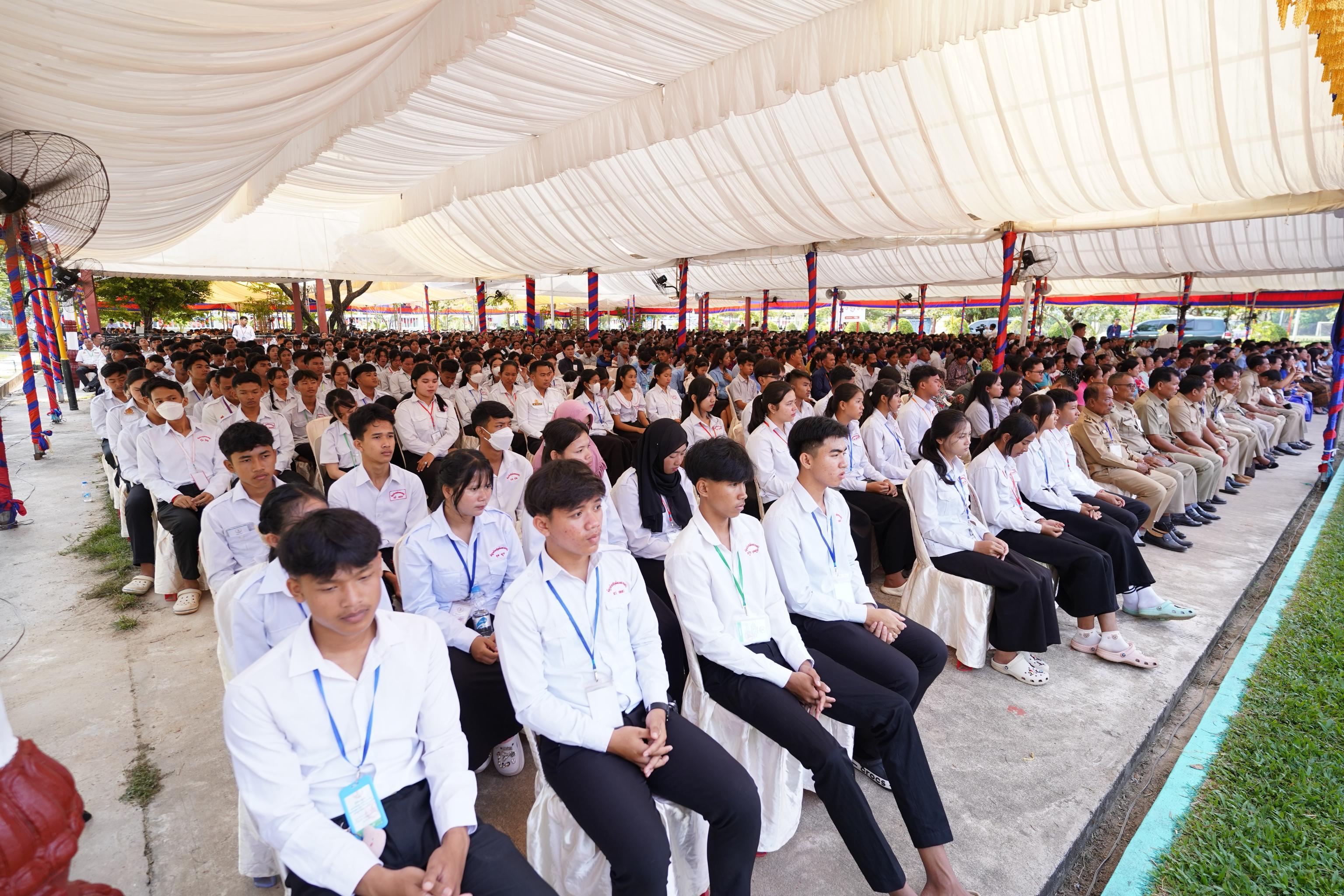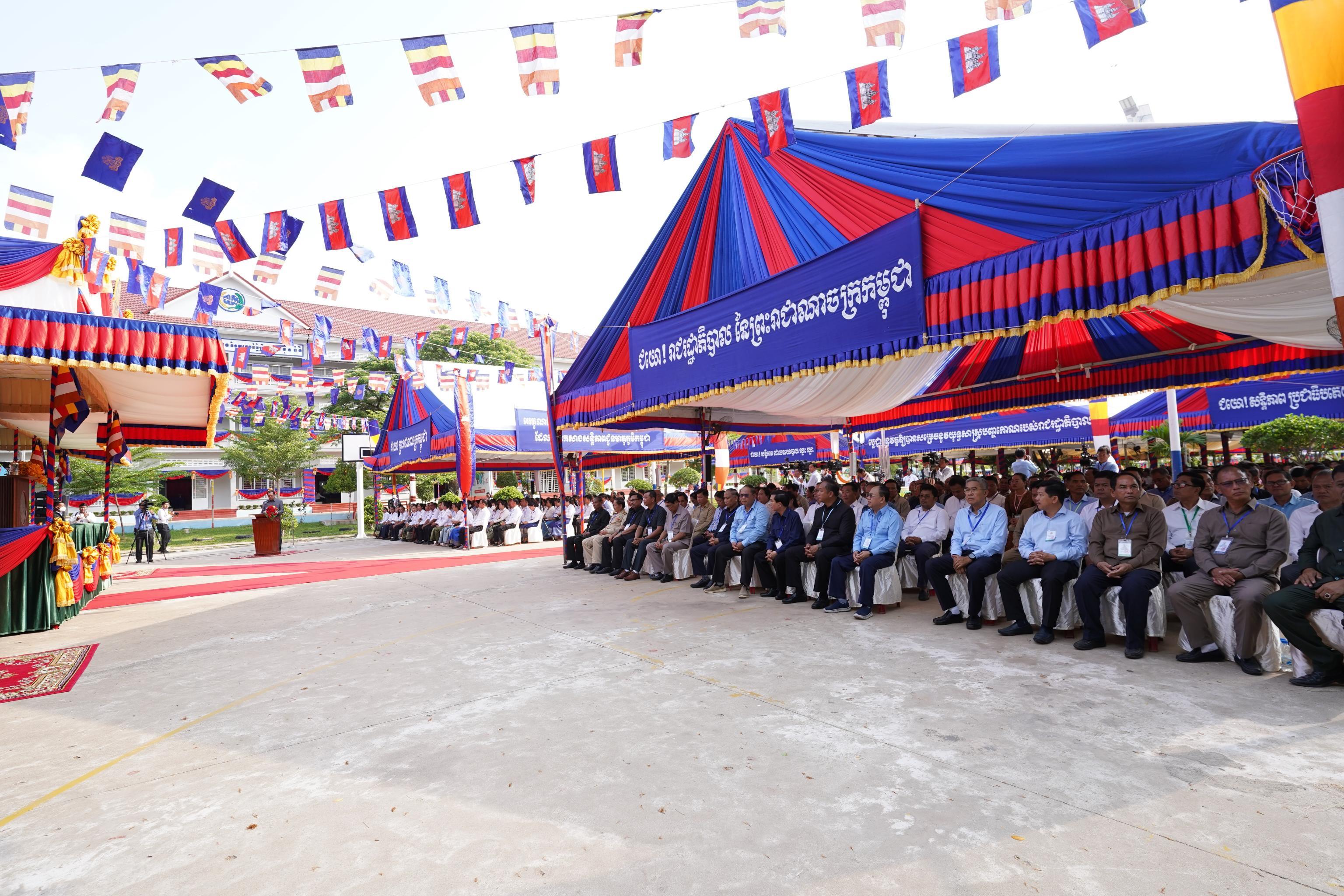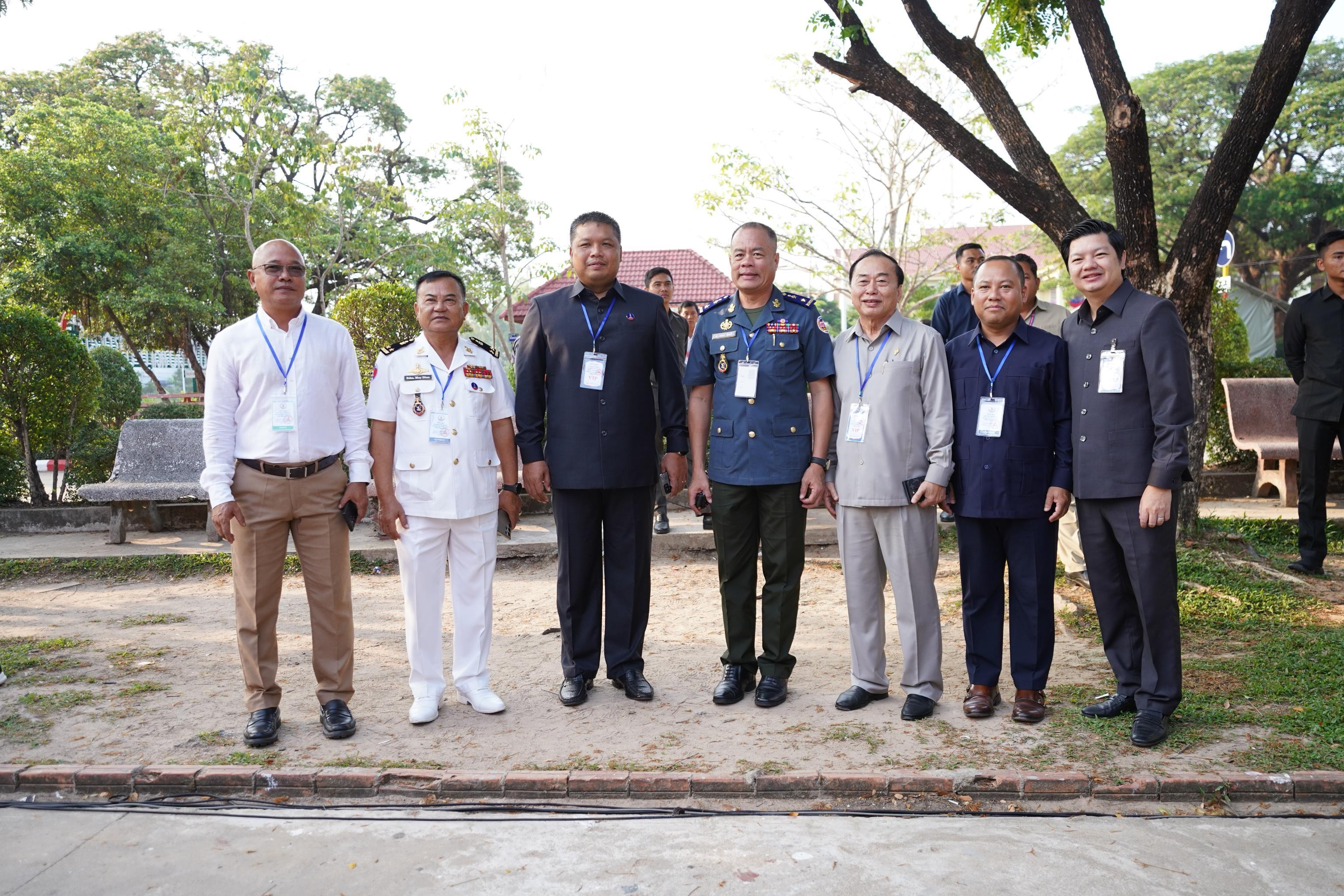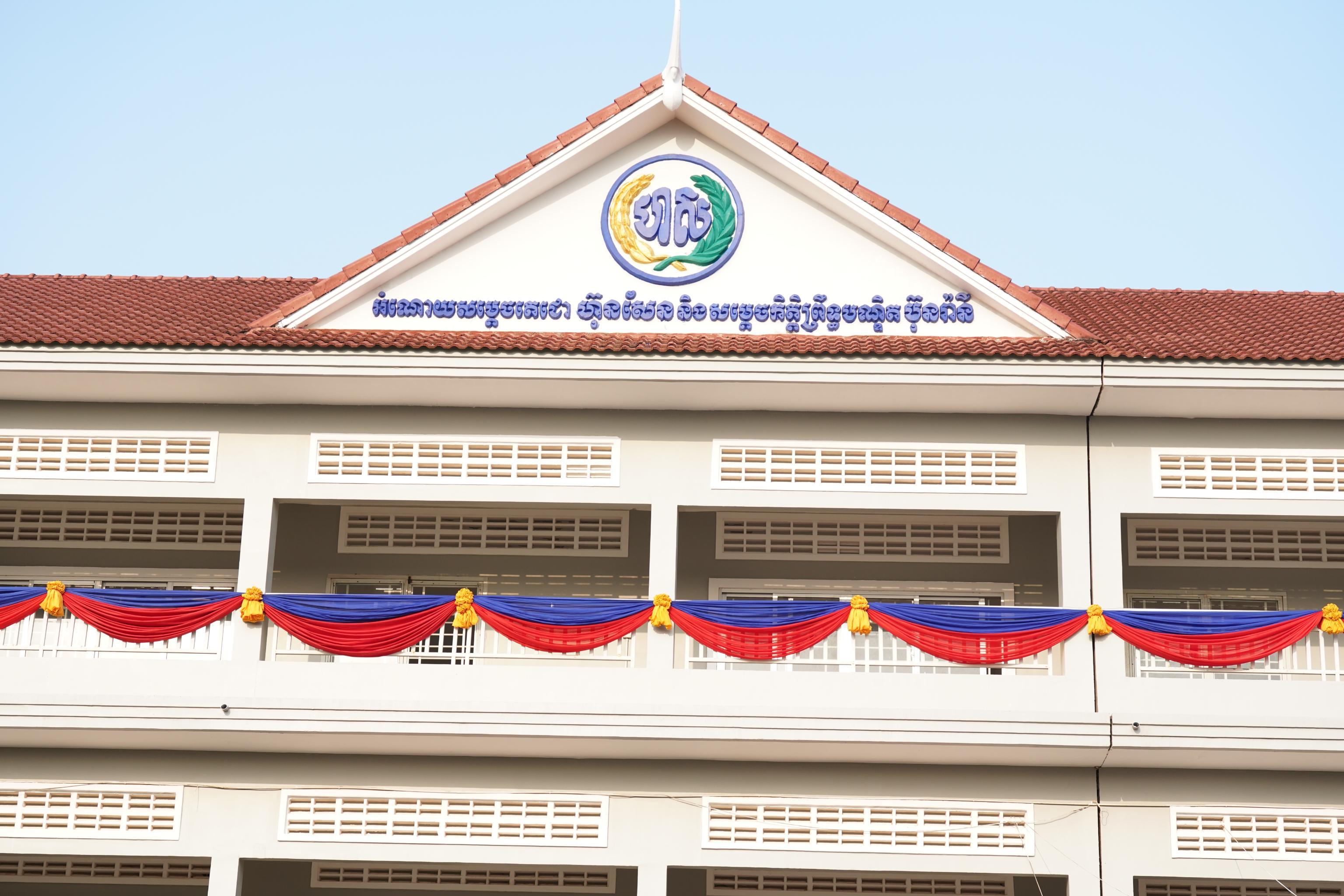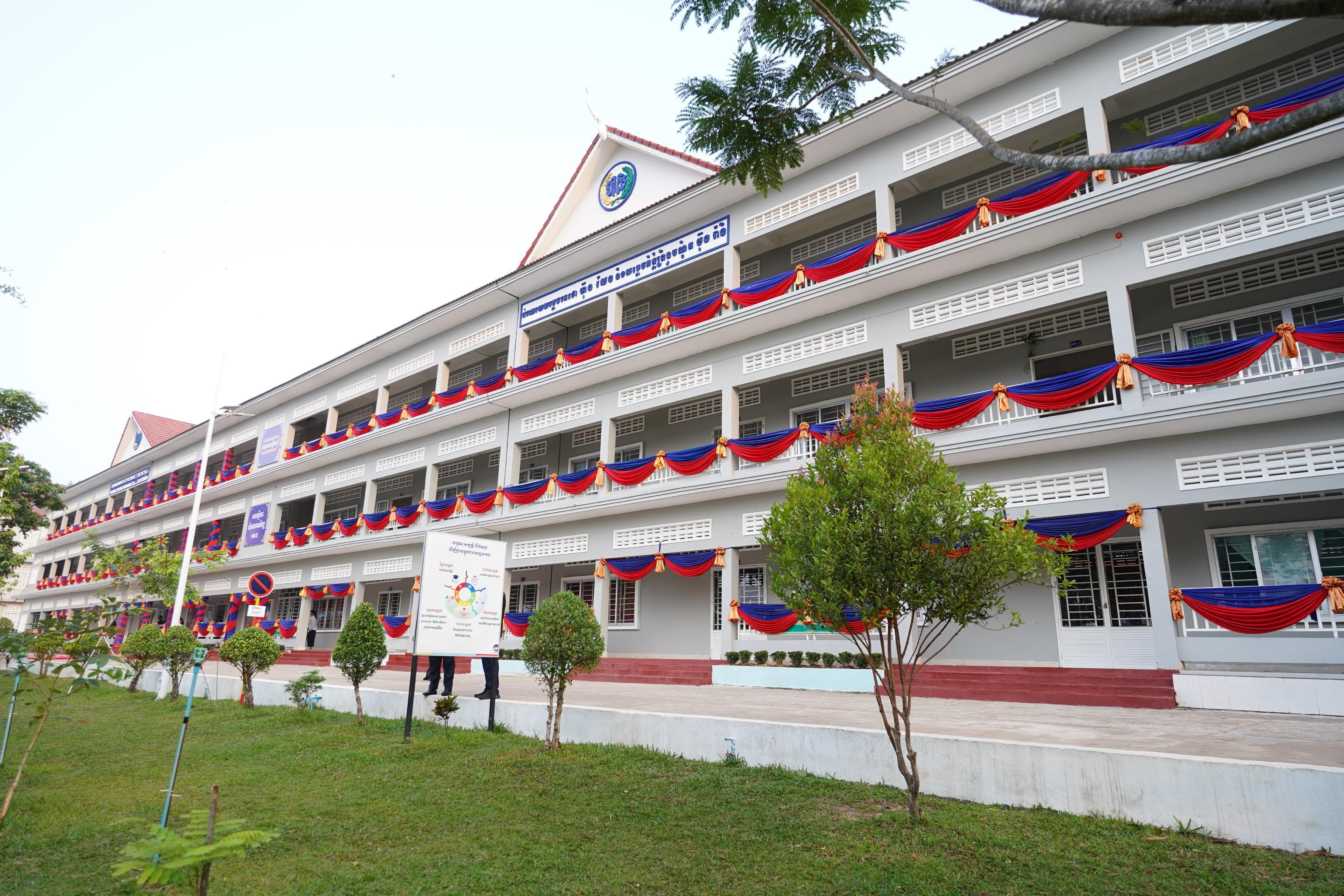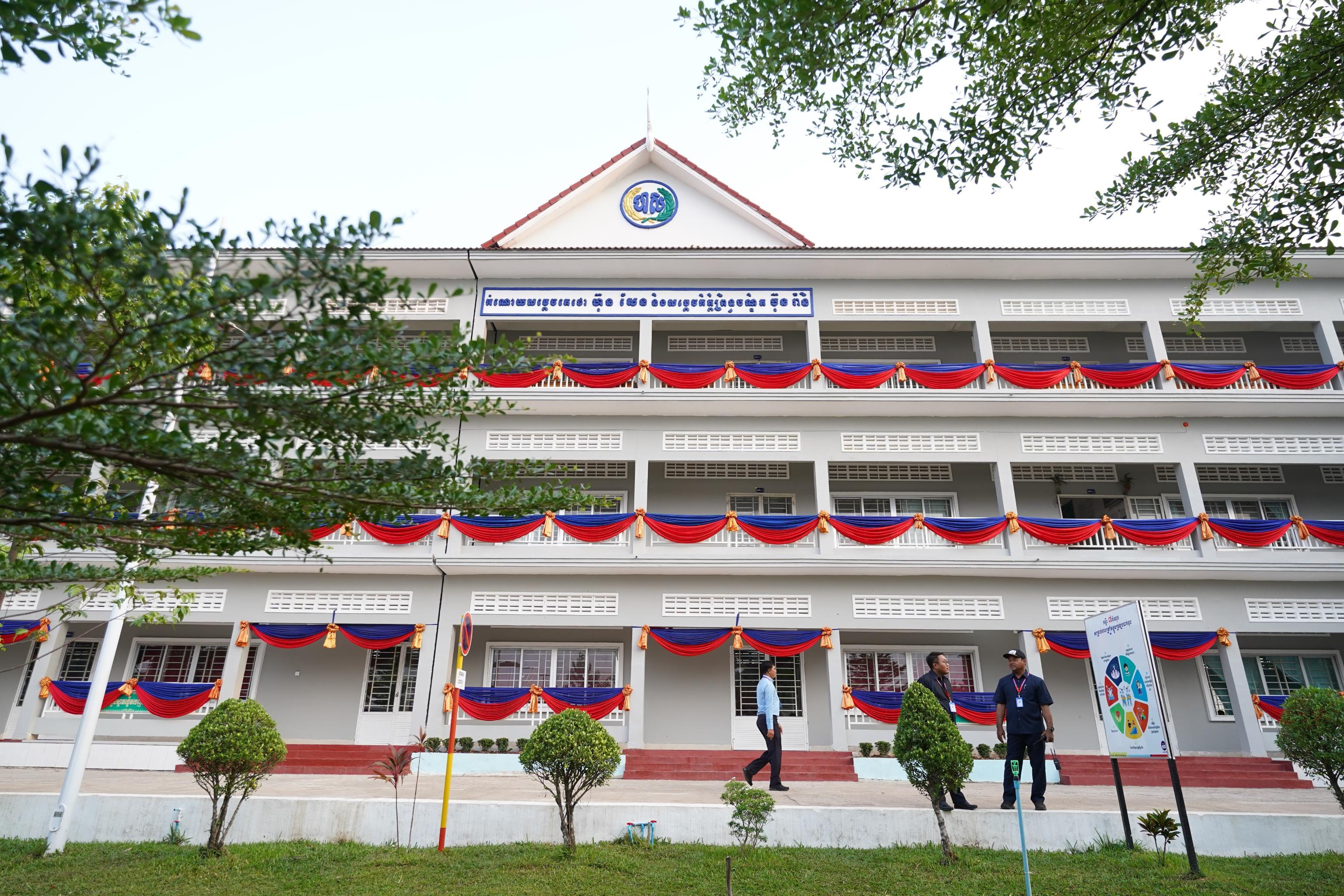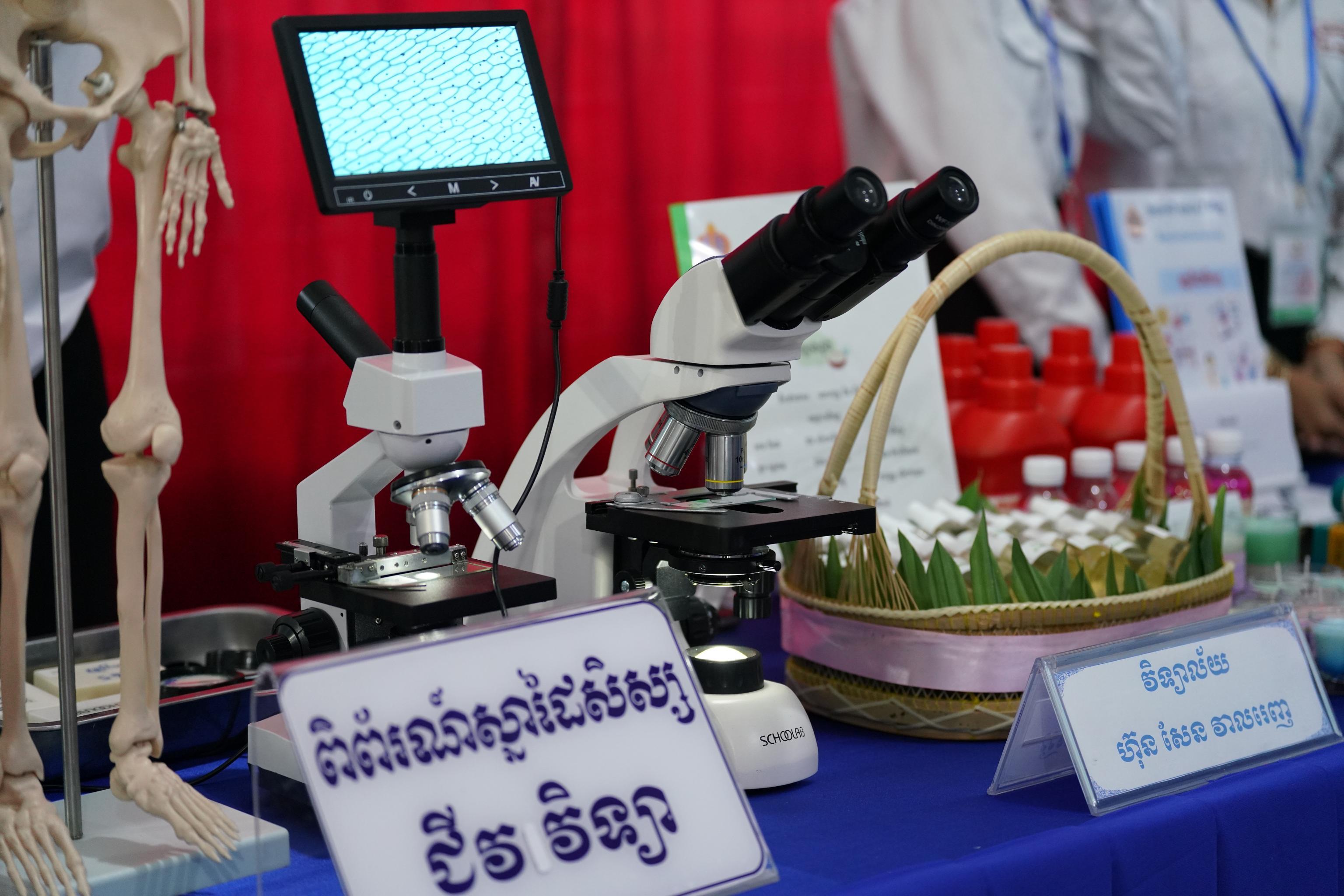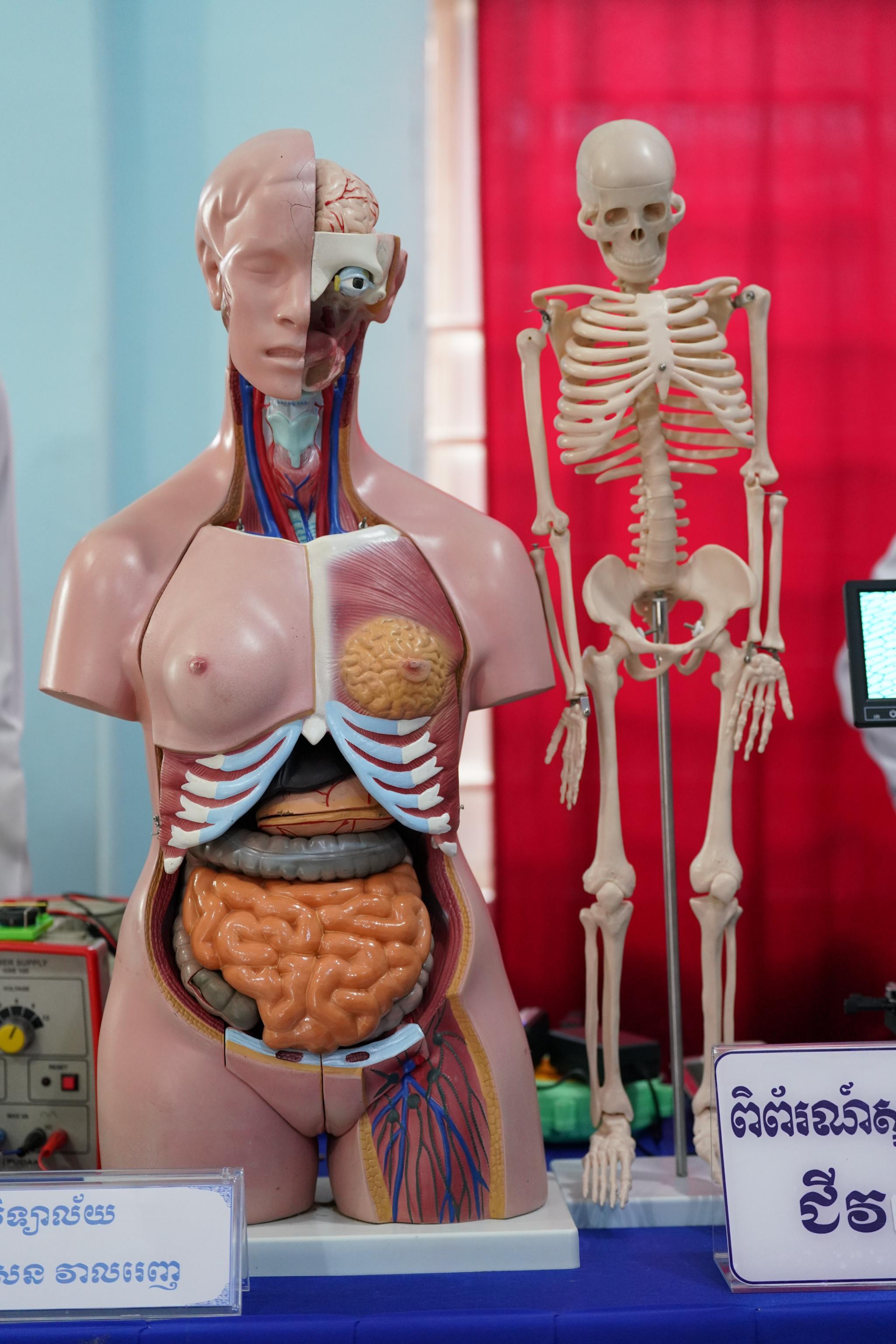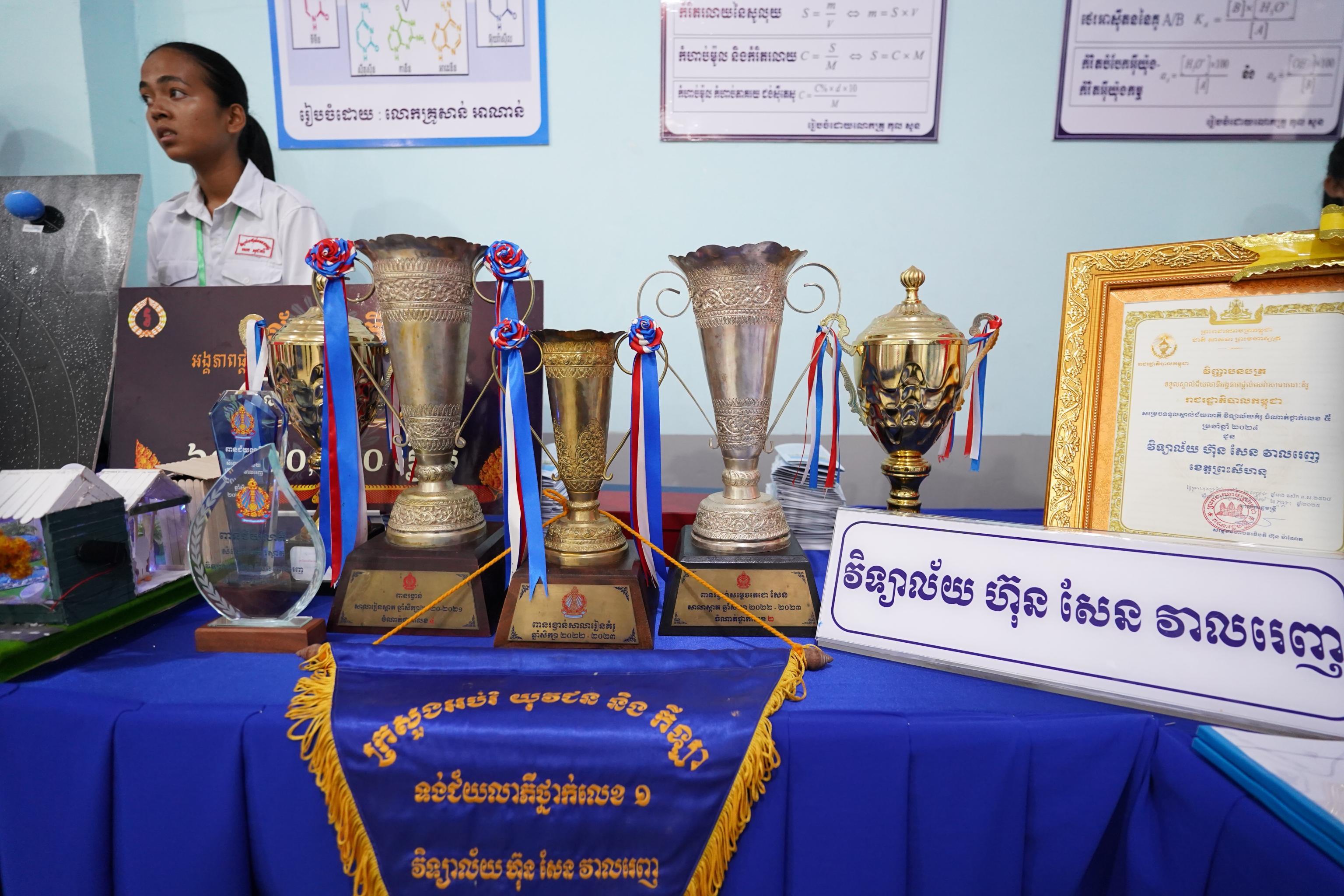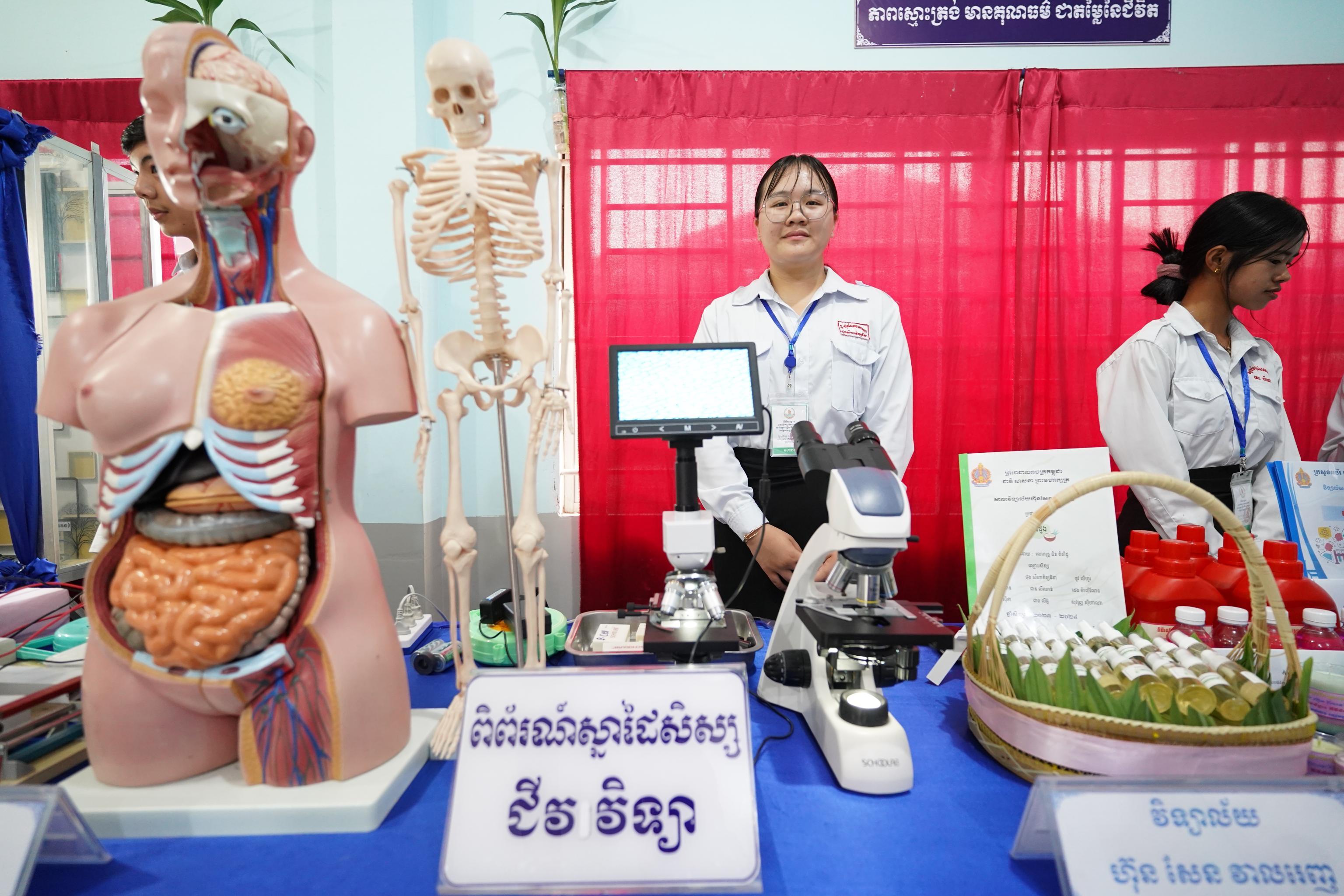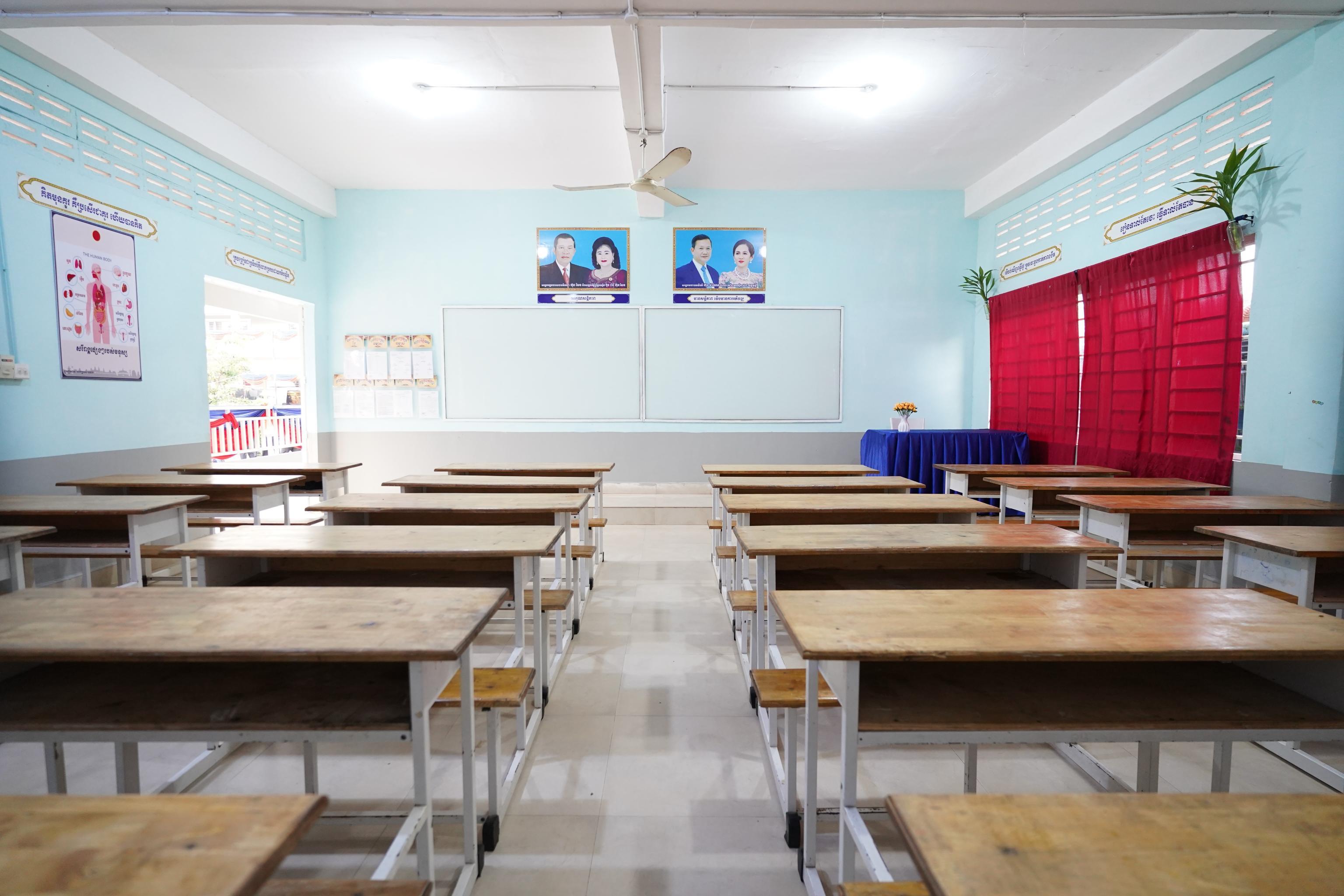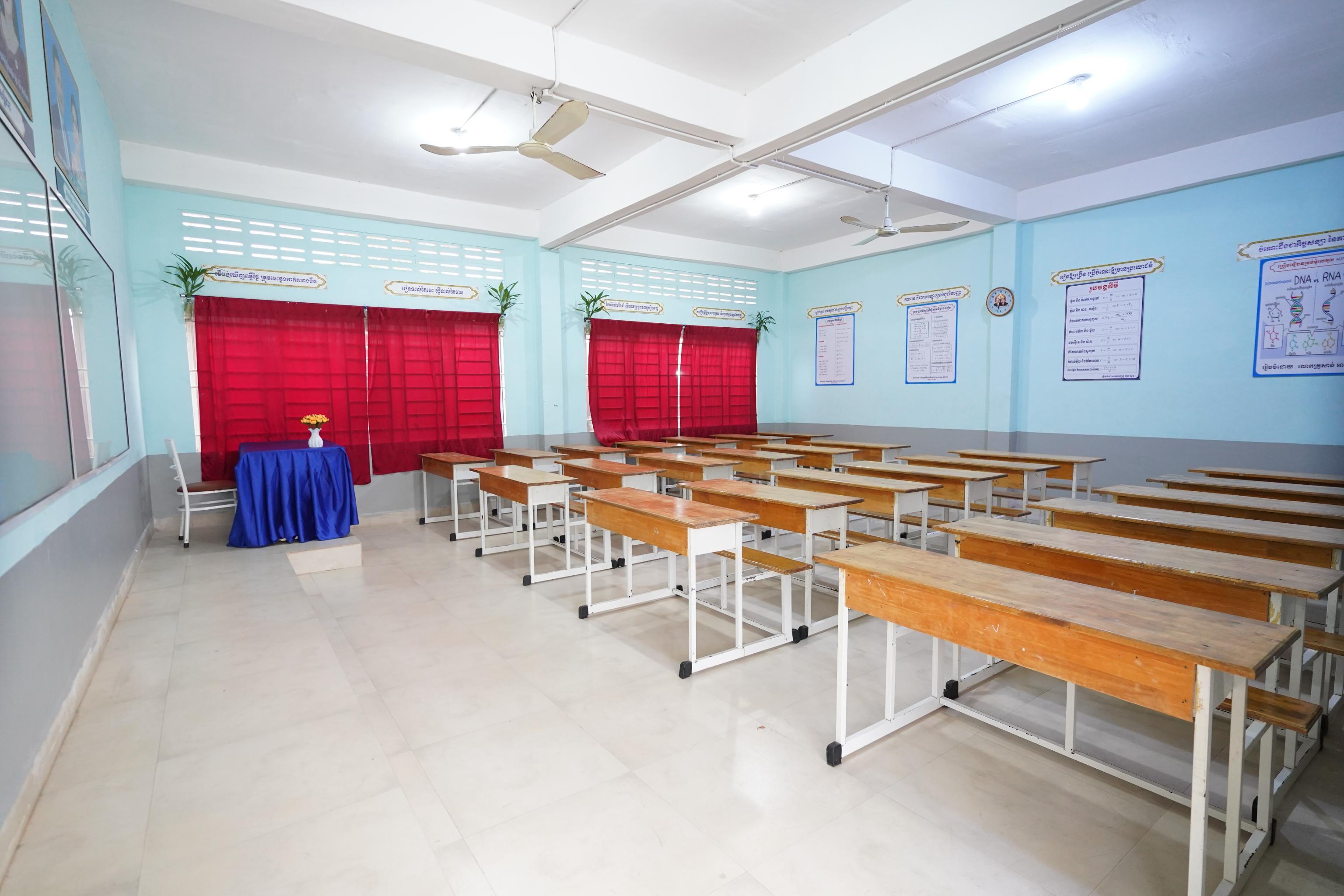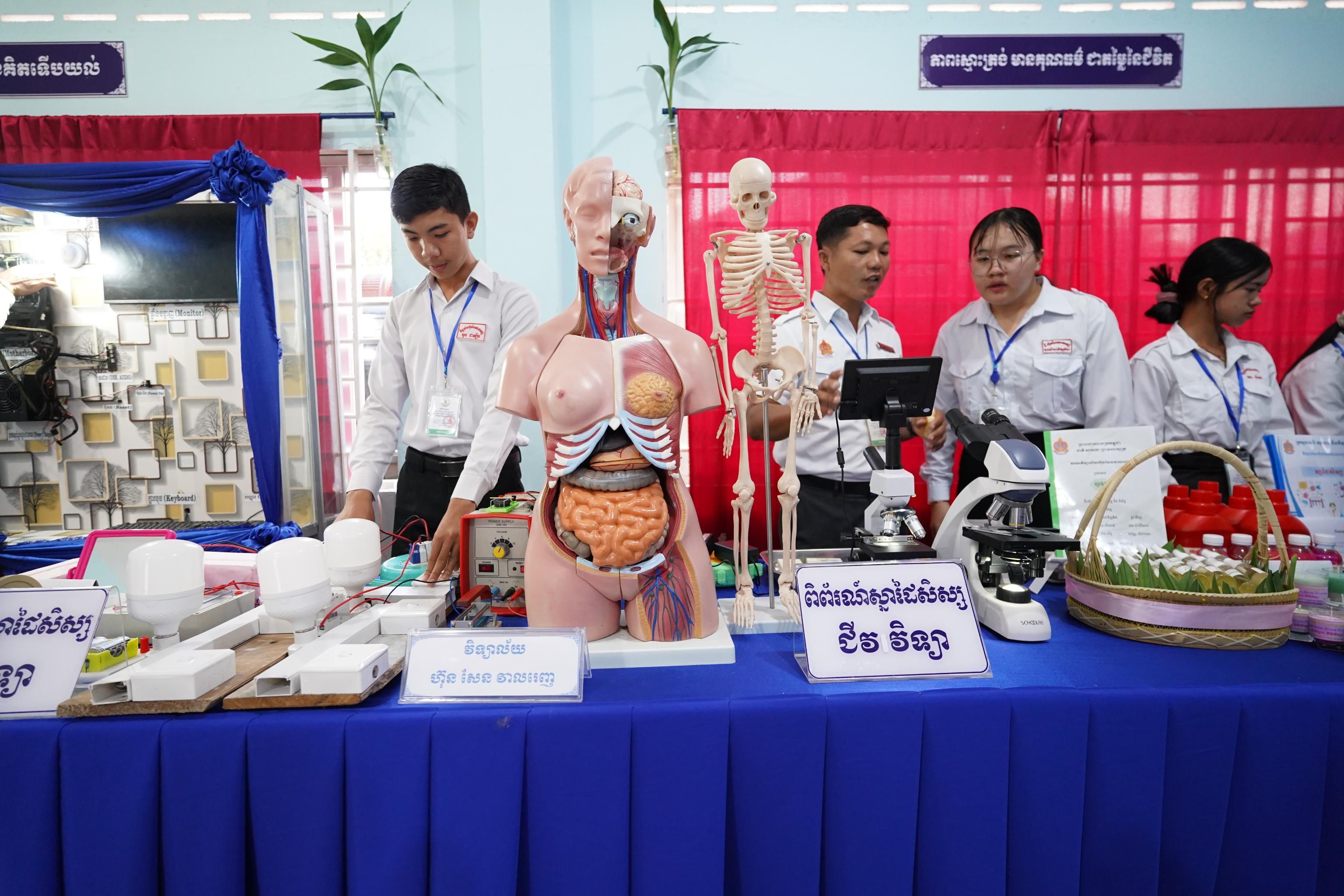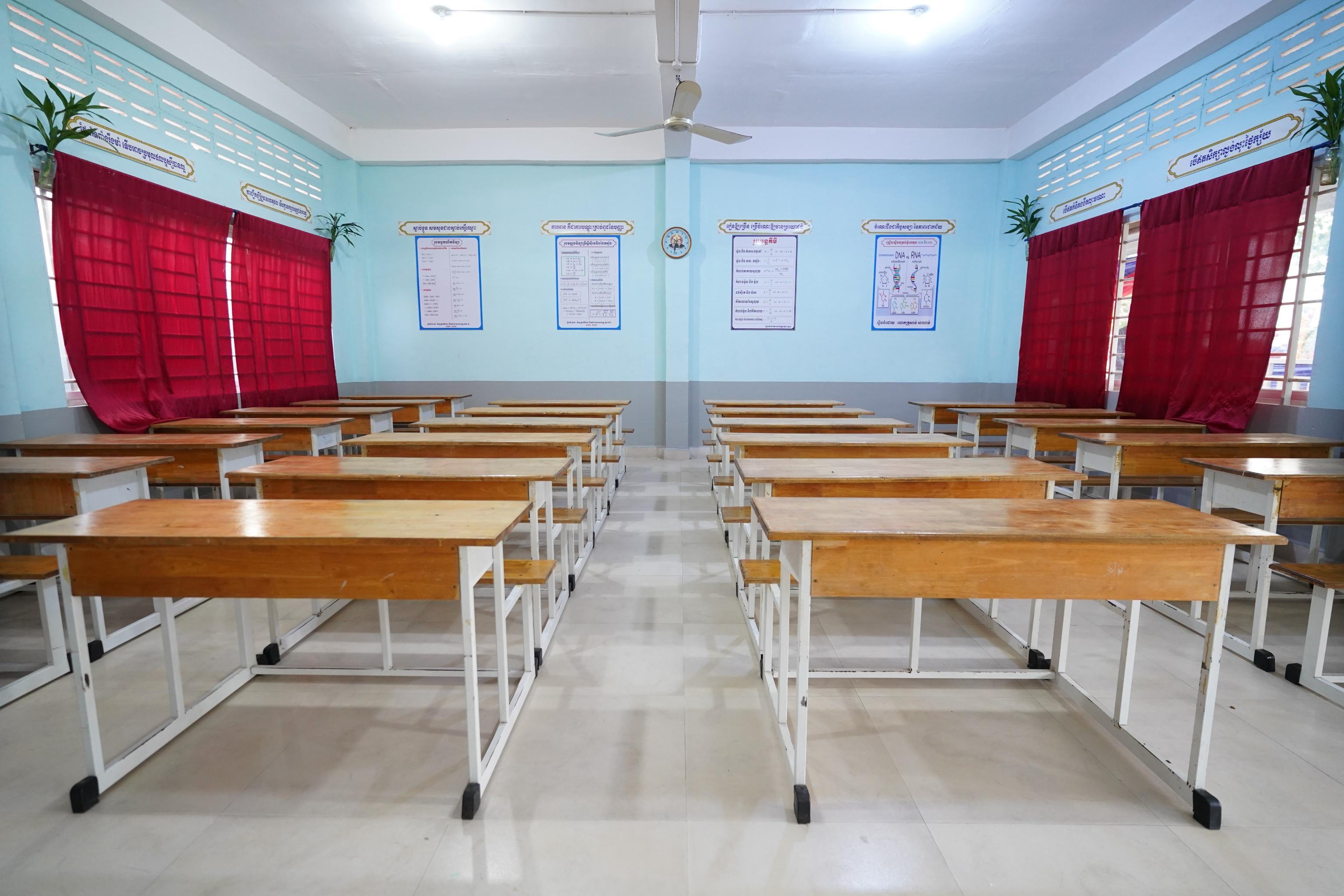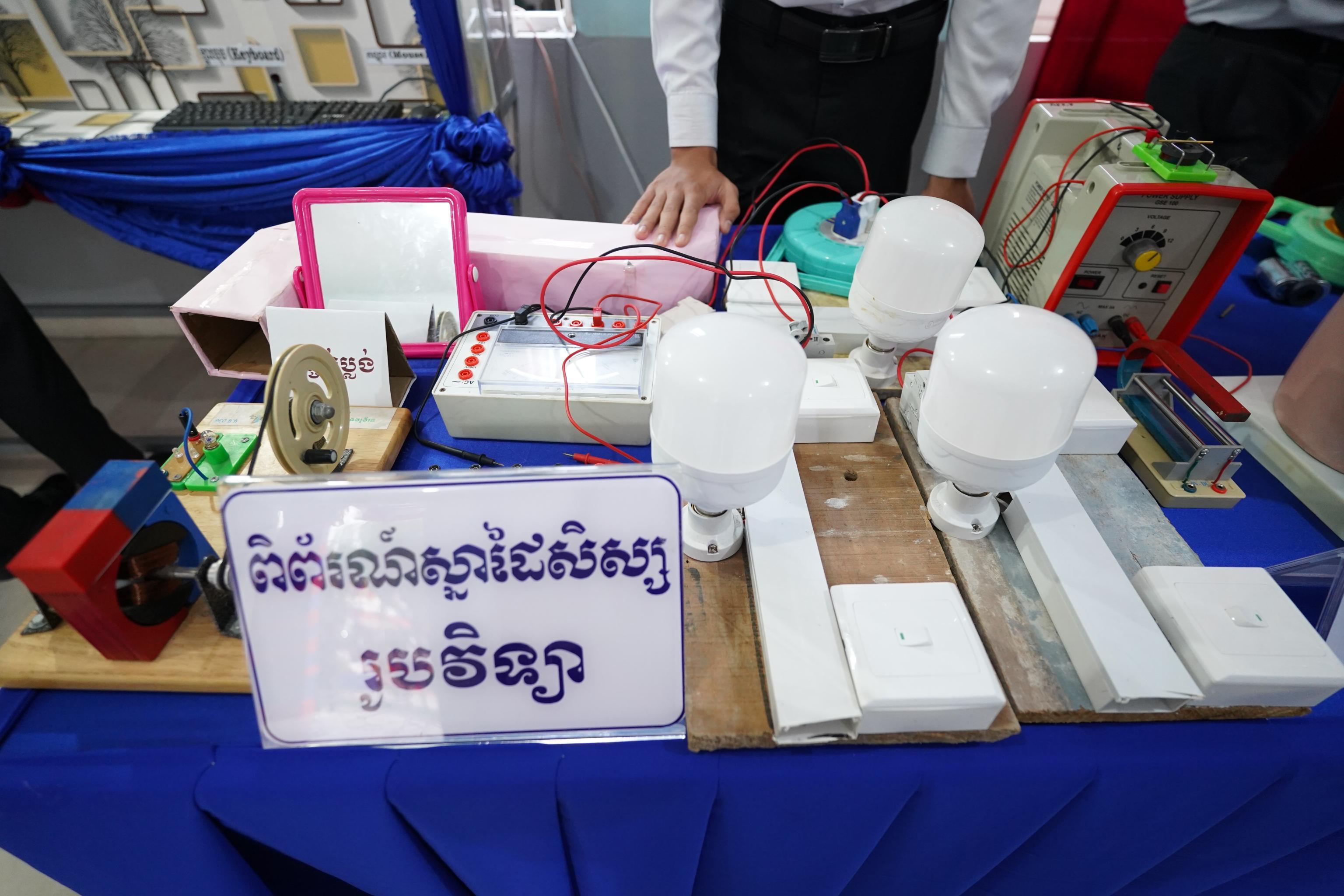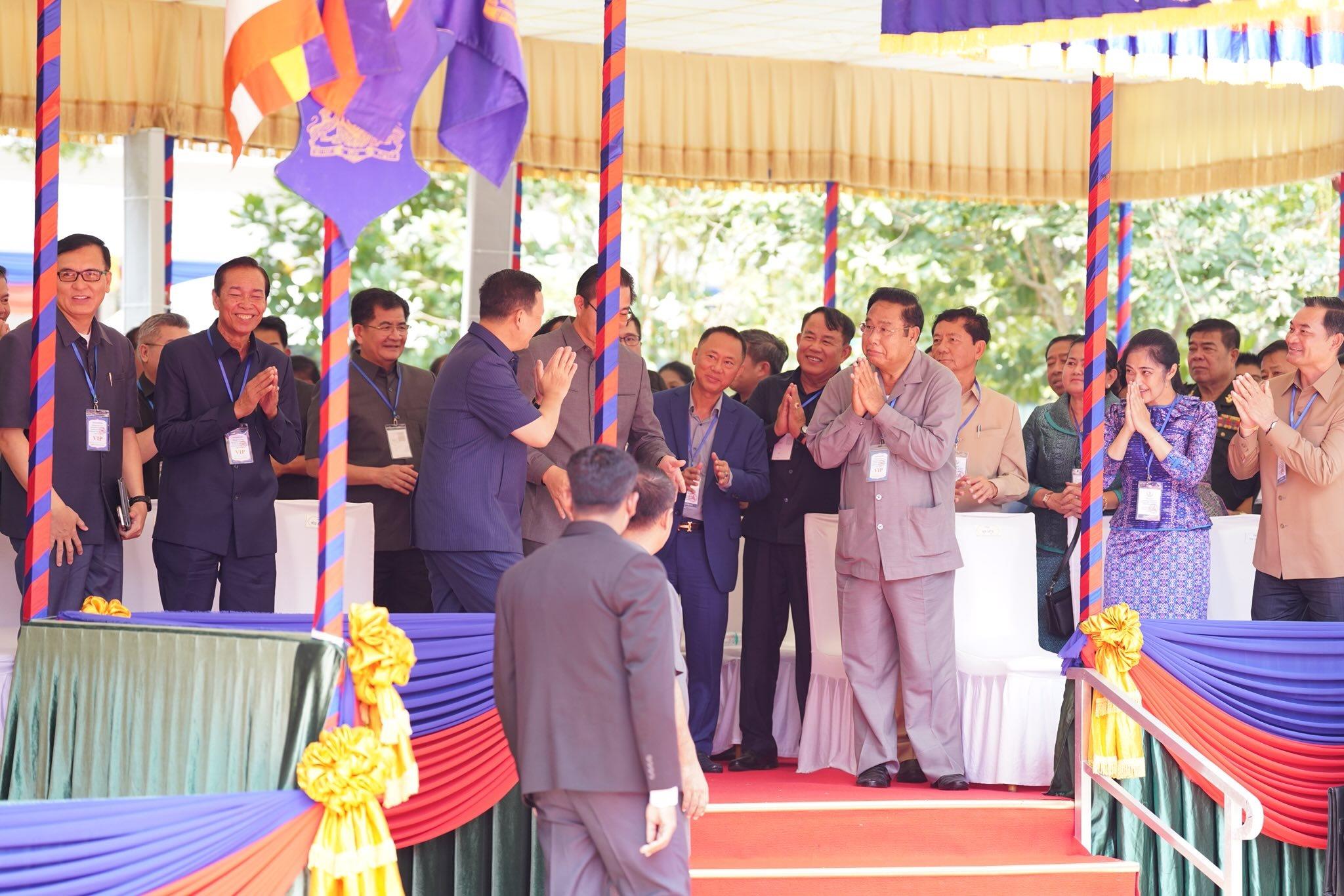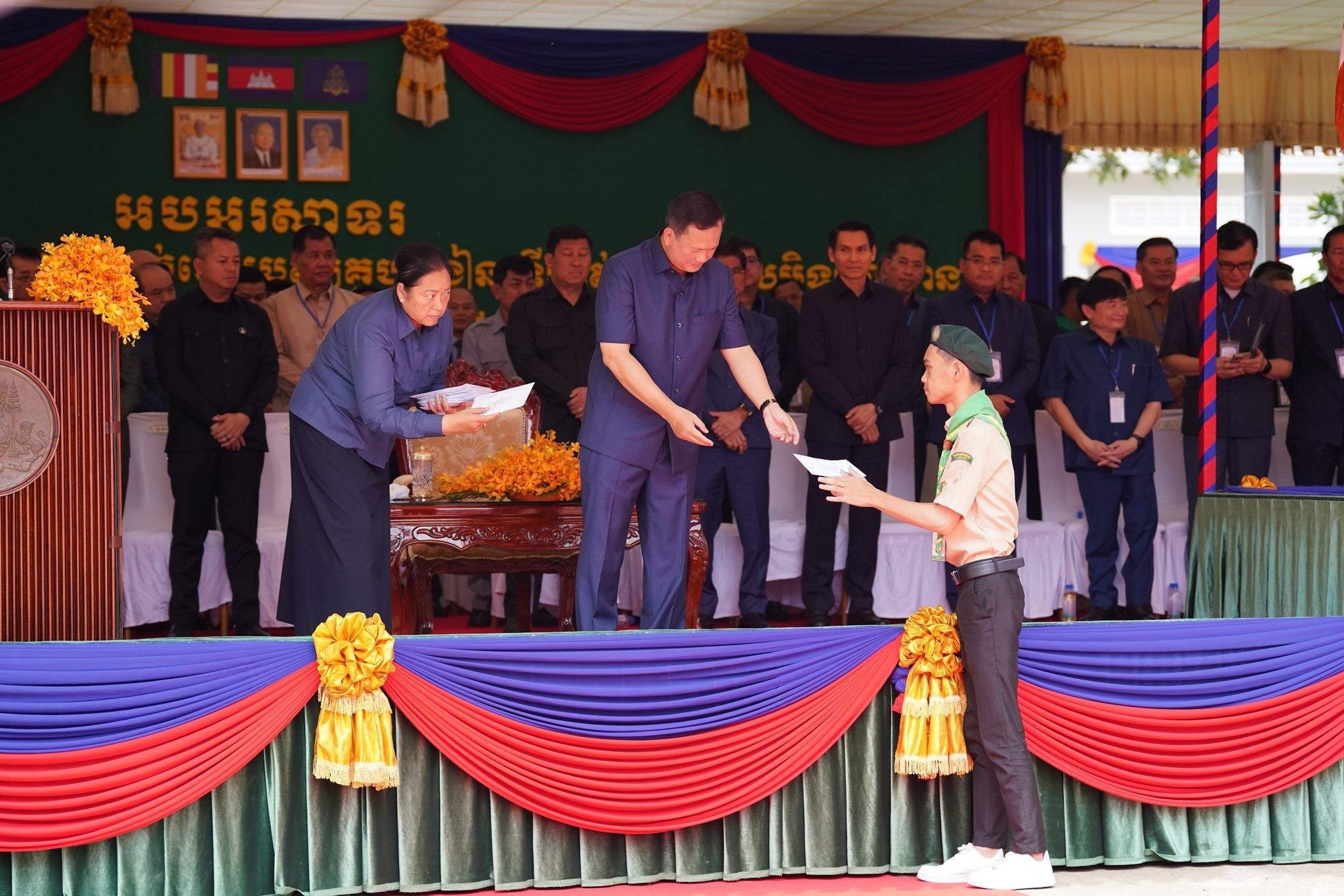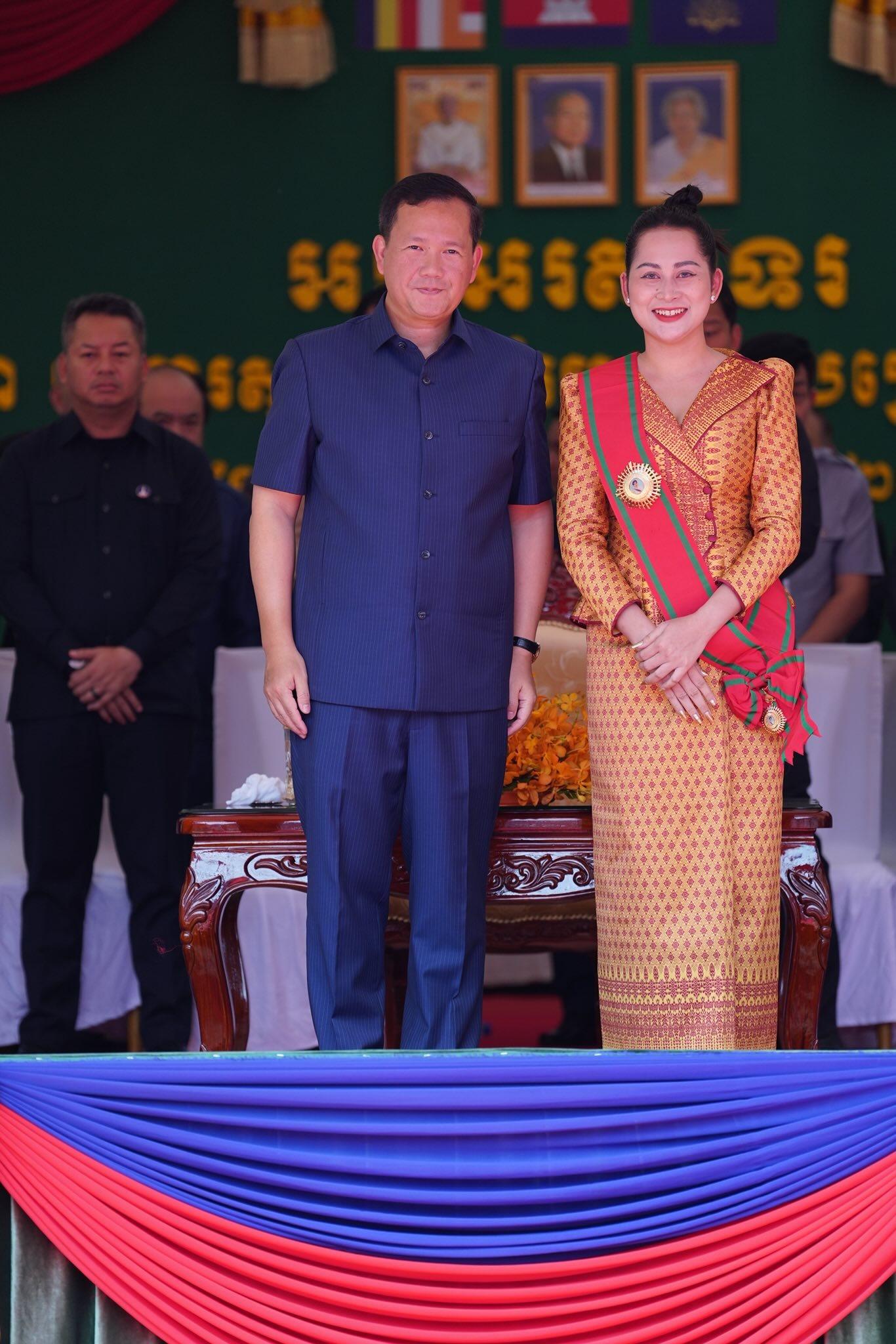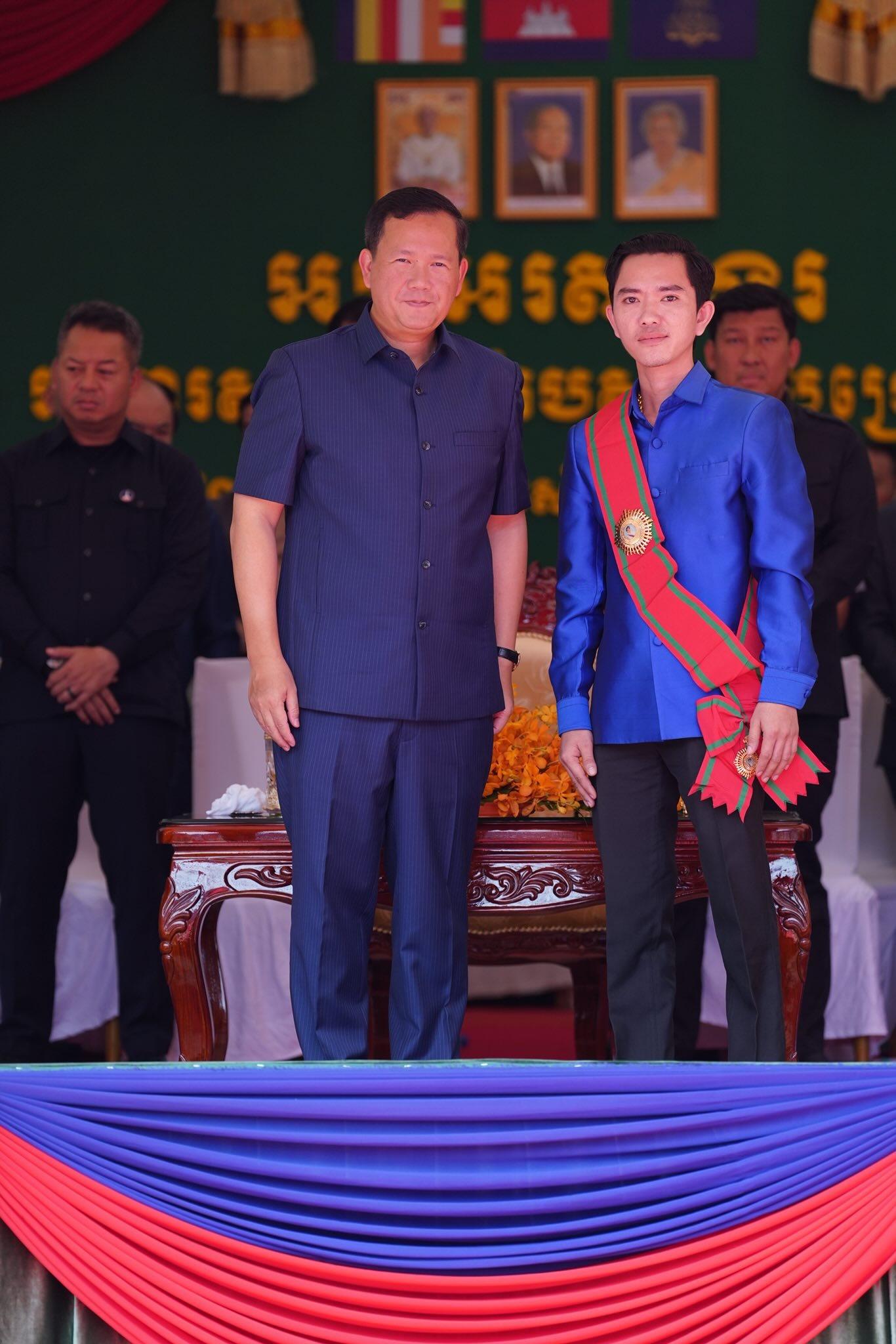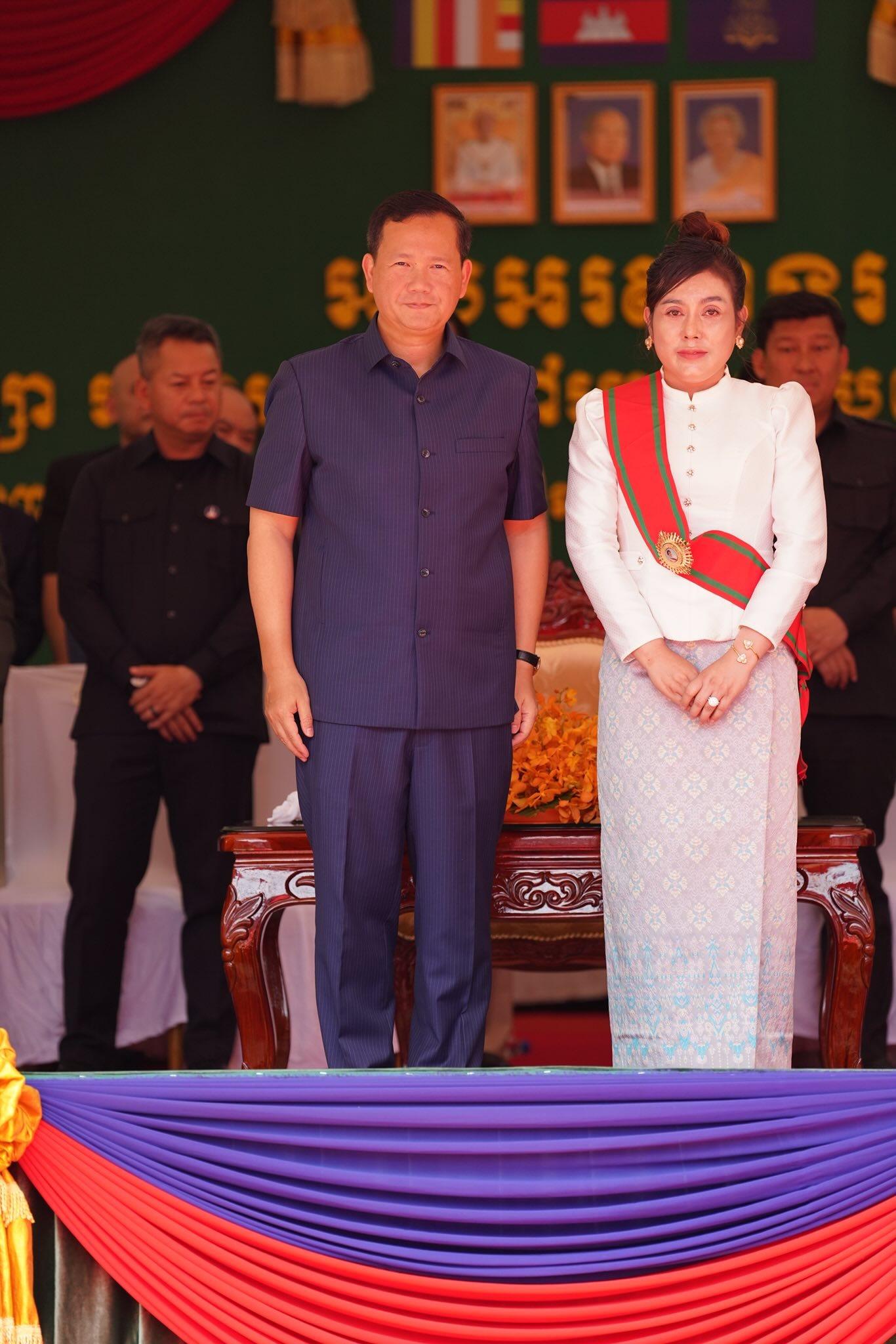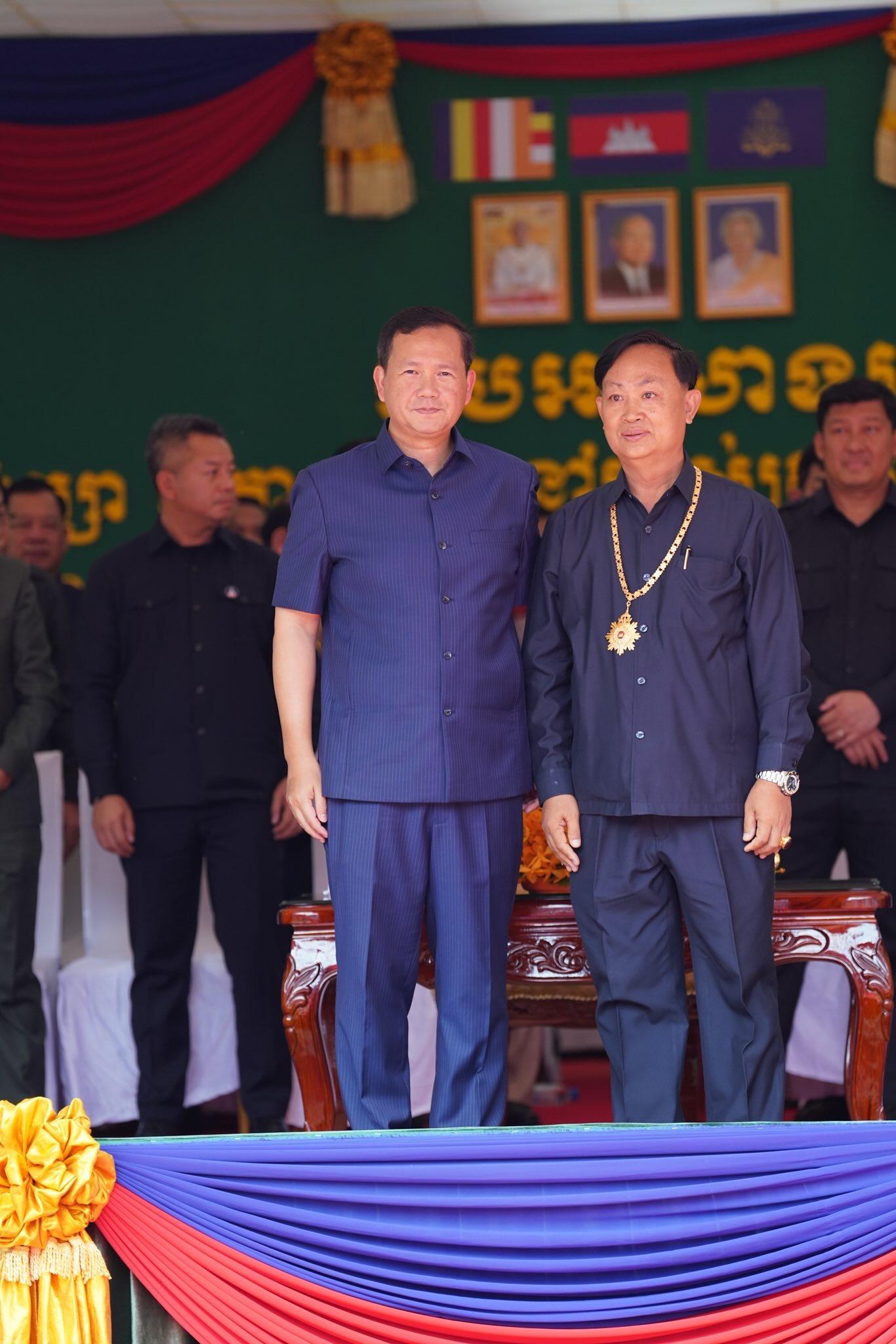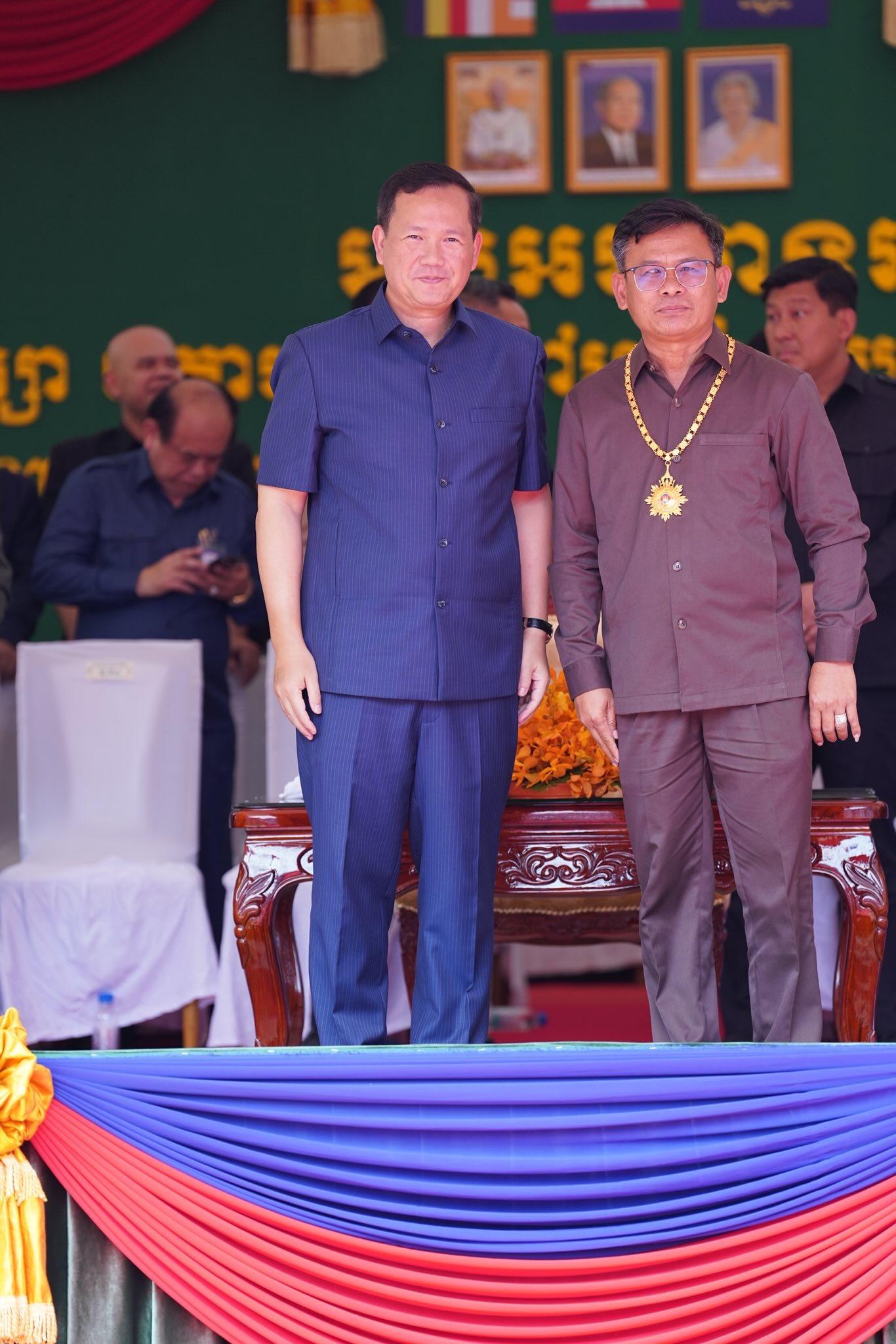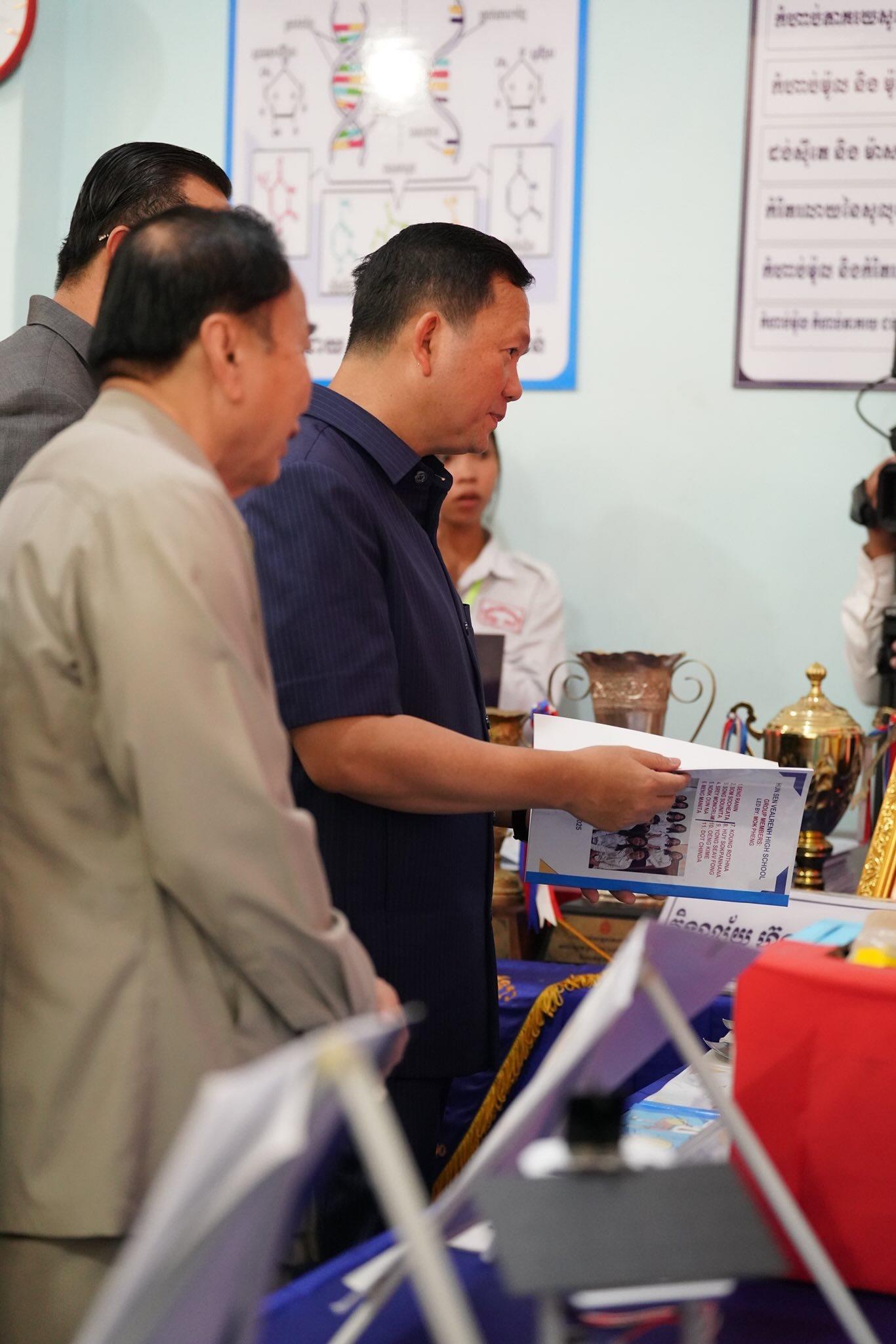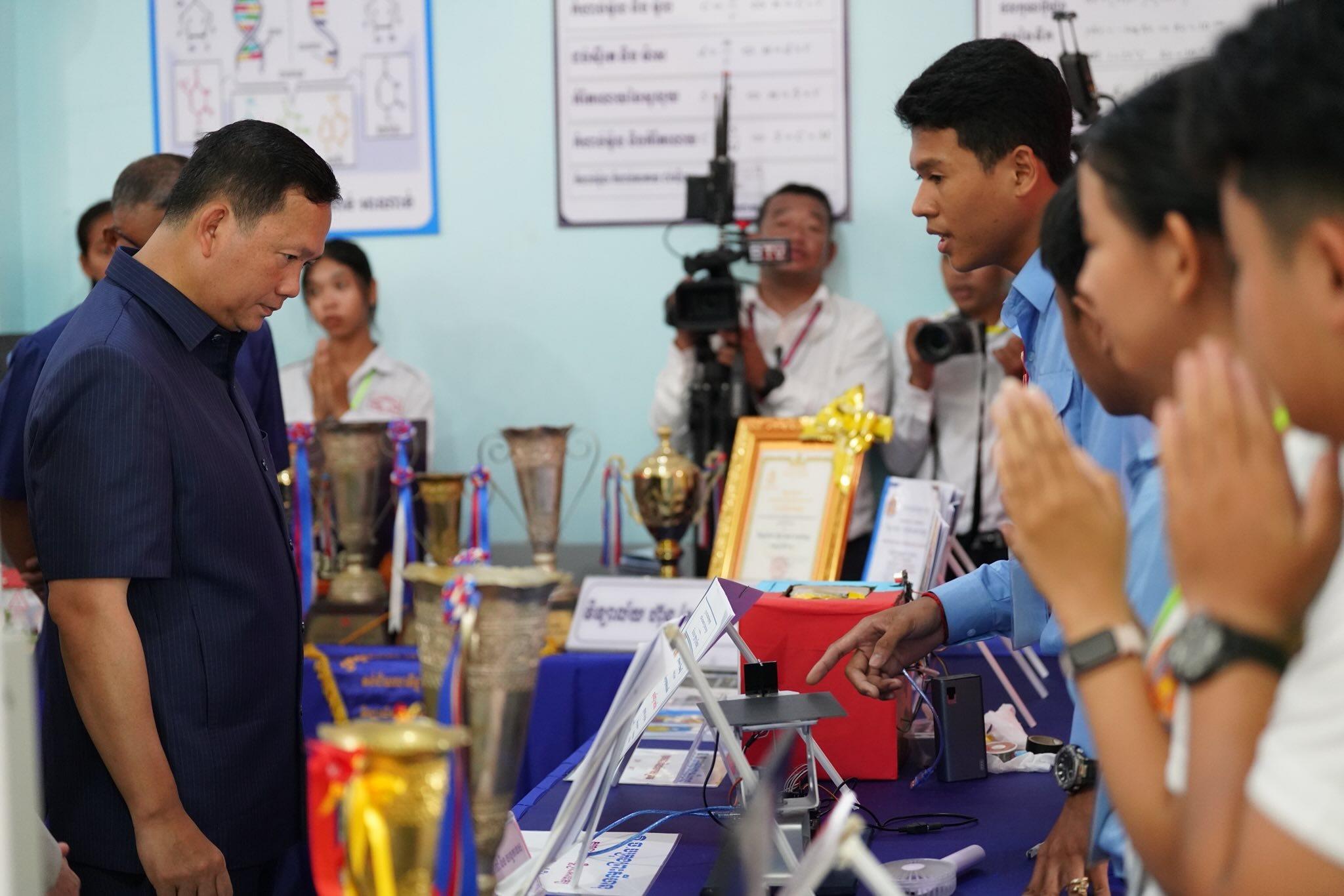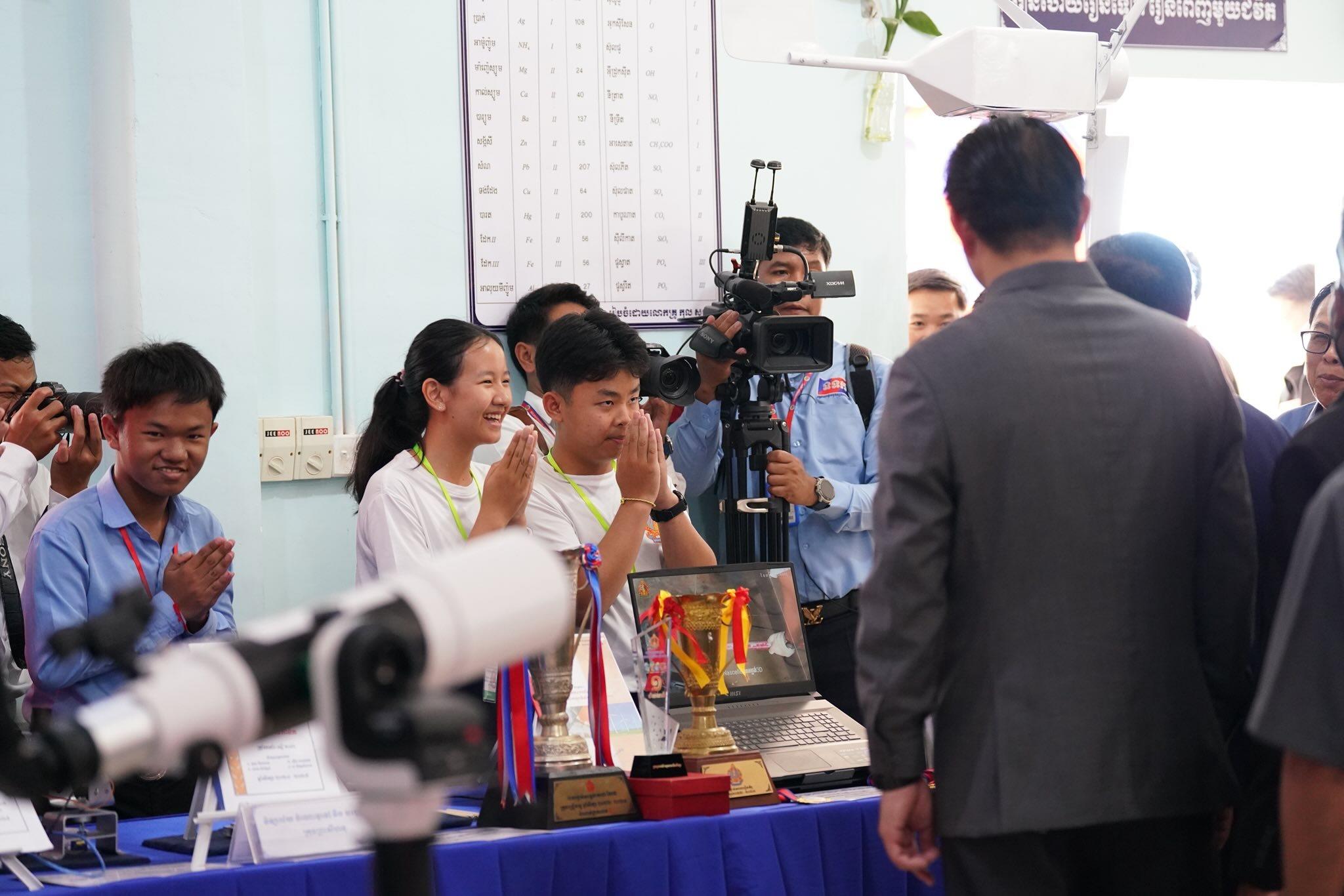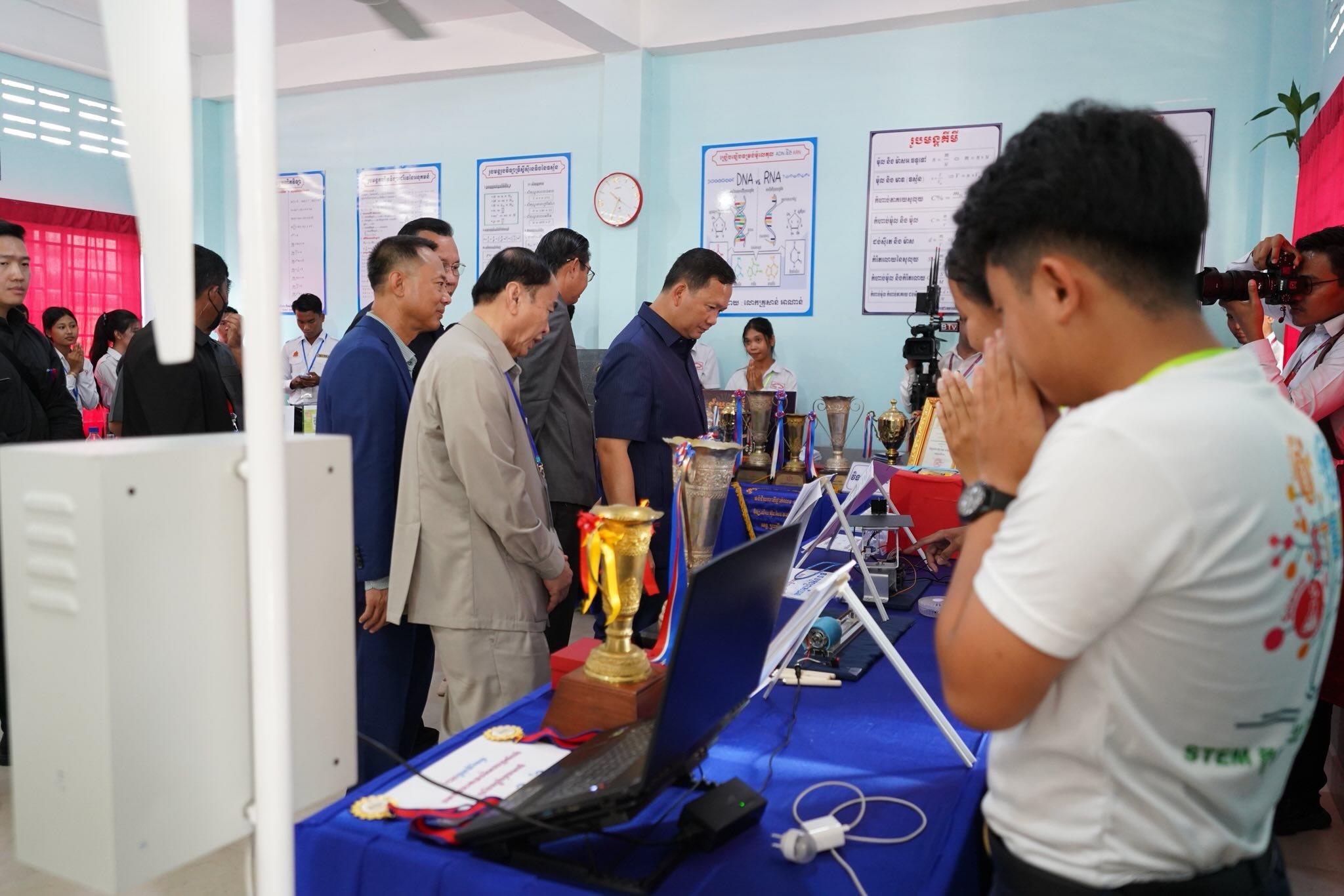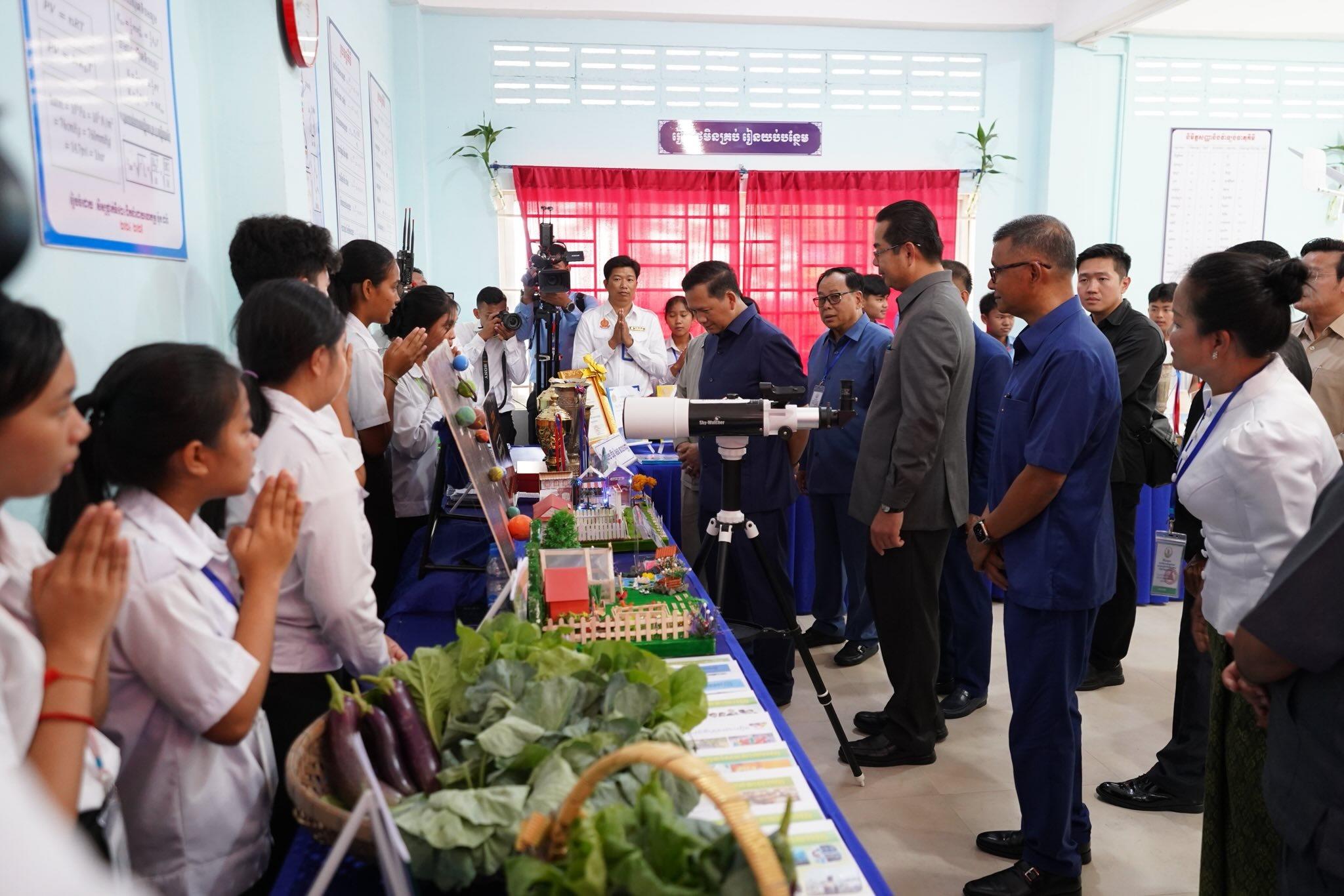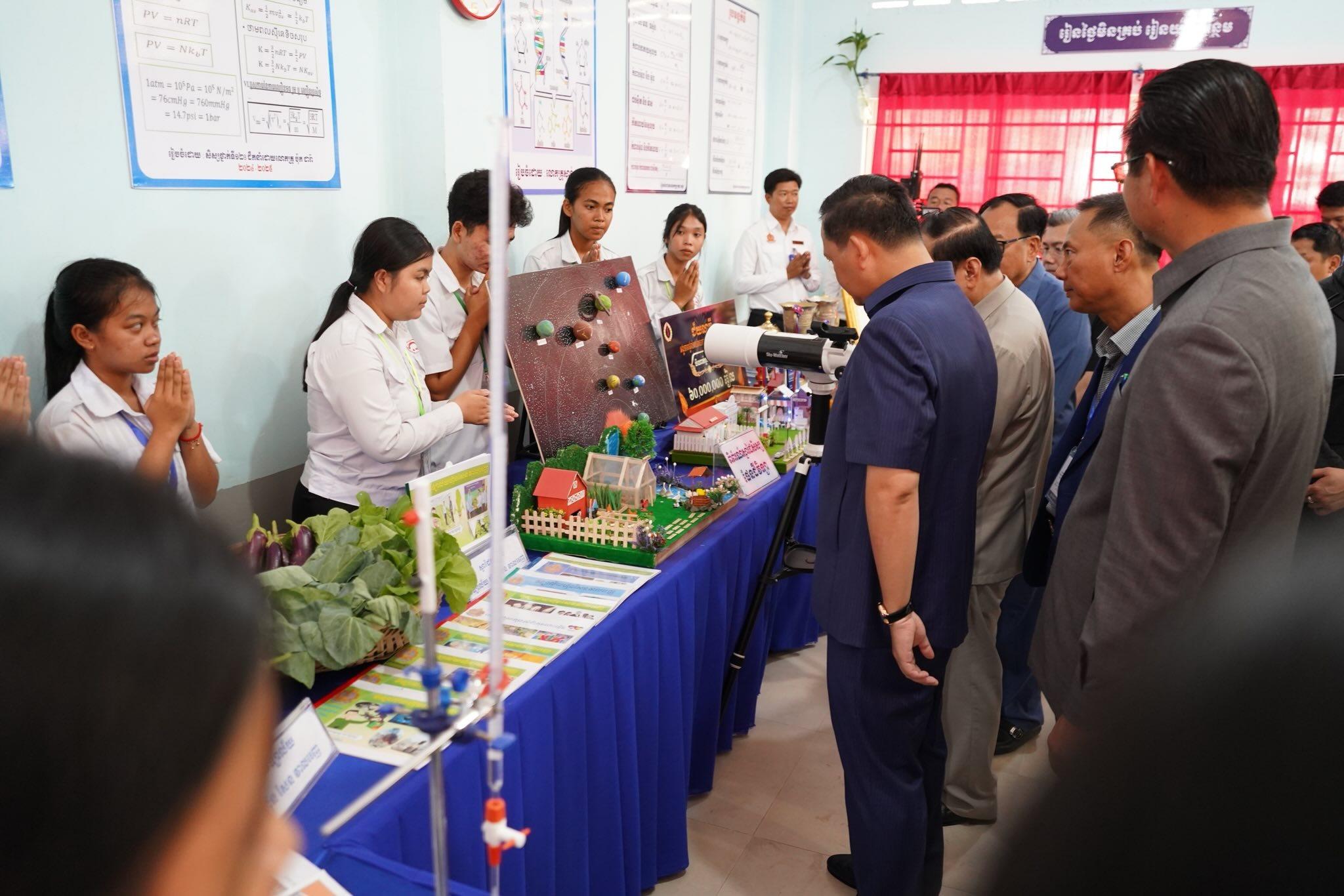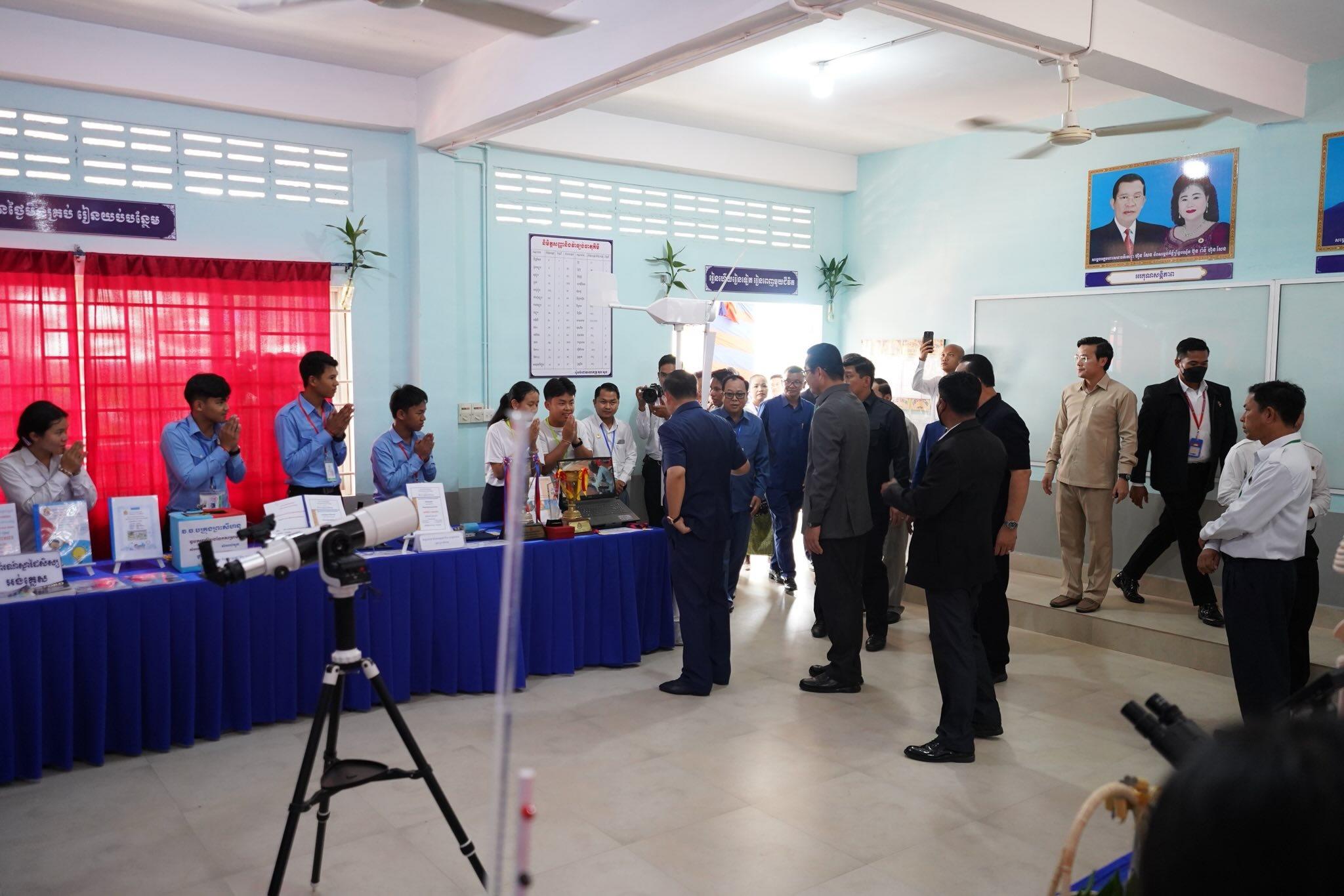Phnom Penh (FN), Mar. 26 – Cambodian Prime Minister Hun Manet stated that the World Bank and many international partners shared the Royal Government of Cambodia’s view that human resources are the key to national development.
The premier spoke on Wednesday (Mar. 26) at the official inauguration of the new school building, teachers' dormitory, and management facility at Hun Sen Veal Rehn High School.
Samdech Thipadei affirmed that the World Bank, which has been a crucial partner of the Cambodian government for the past 30 years, has reaffirmed its commitment to supporting Cambodia in human resource development.
Samdech Thipadei underscored, “Yesterday, I met with the World Bank country director for Cambodia, Viet Nam, and Laos. The World Bank has been our partner for 30 years [...] and shares our view that no resource is more valuable than human capital.”
During a recent meeting with representatives from the US Congressional Delegation, discussions also highlighted the importance of human resources. Cambodia, the United States, and many other nations recognise that human capital is a fundamental driver of development.
In this regard, Samdech Thipadei Hun Manet reiterated that the Royal Government's Pentagon Strategy - Phase I prioritises five key areas including people, road, water, electricity, and technology. The strategy places human capital development at the forefront, ensuring a strong foundation for economic diversification, growth, and national resilience. The government’s approach focuses on five core priorities:
1. Enhancing education, sports, science, and technology.
2. Providing technical and vocational training.
3. Improving healthcare and public well-being.
4. Strengthening social protection and food security.
5. Fostering a highly civilised society built on ethics, equity, and inclusiveness.
On the occasion, Samdech Thipadei also underscored the government’s comprehensive policies, strategies, and action plans aimed at strengthening public education from kindergarten to secondary school. These efforts include:
- Enhancing school governance.
- Revising and improving curricula while integrating extracurricular activities to strengthen students’ knowledge, discipline, and ethical standards.
- Prioritising student health through nutrition programs and food quality monitoring in schools.
- Encouraging active participation from parents, guardians, and communities in education.
=FRESH NEWS
